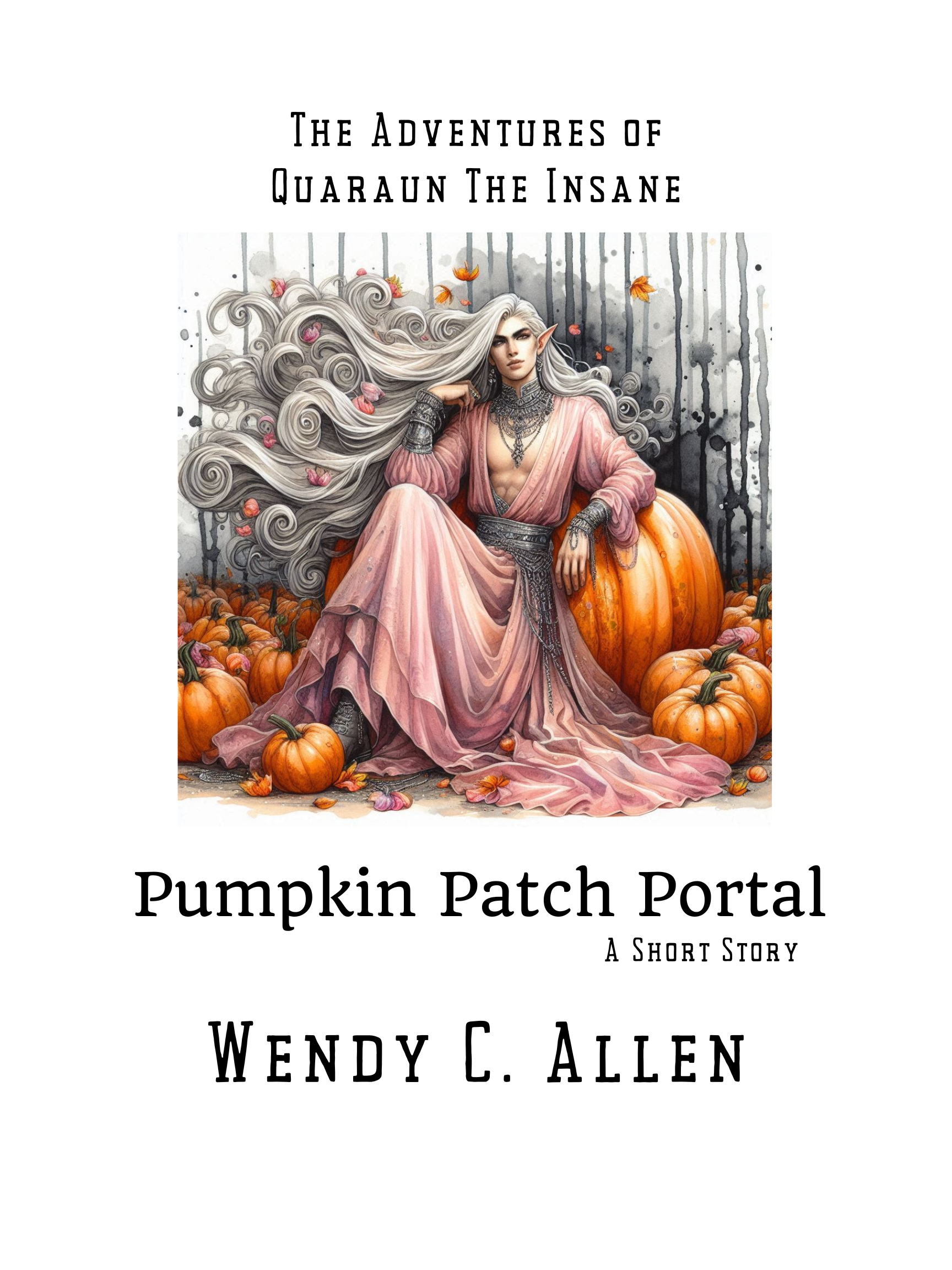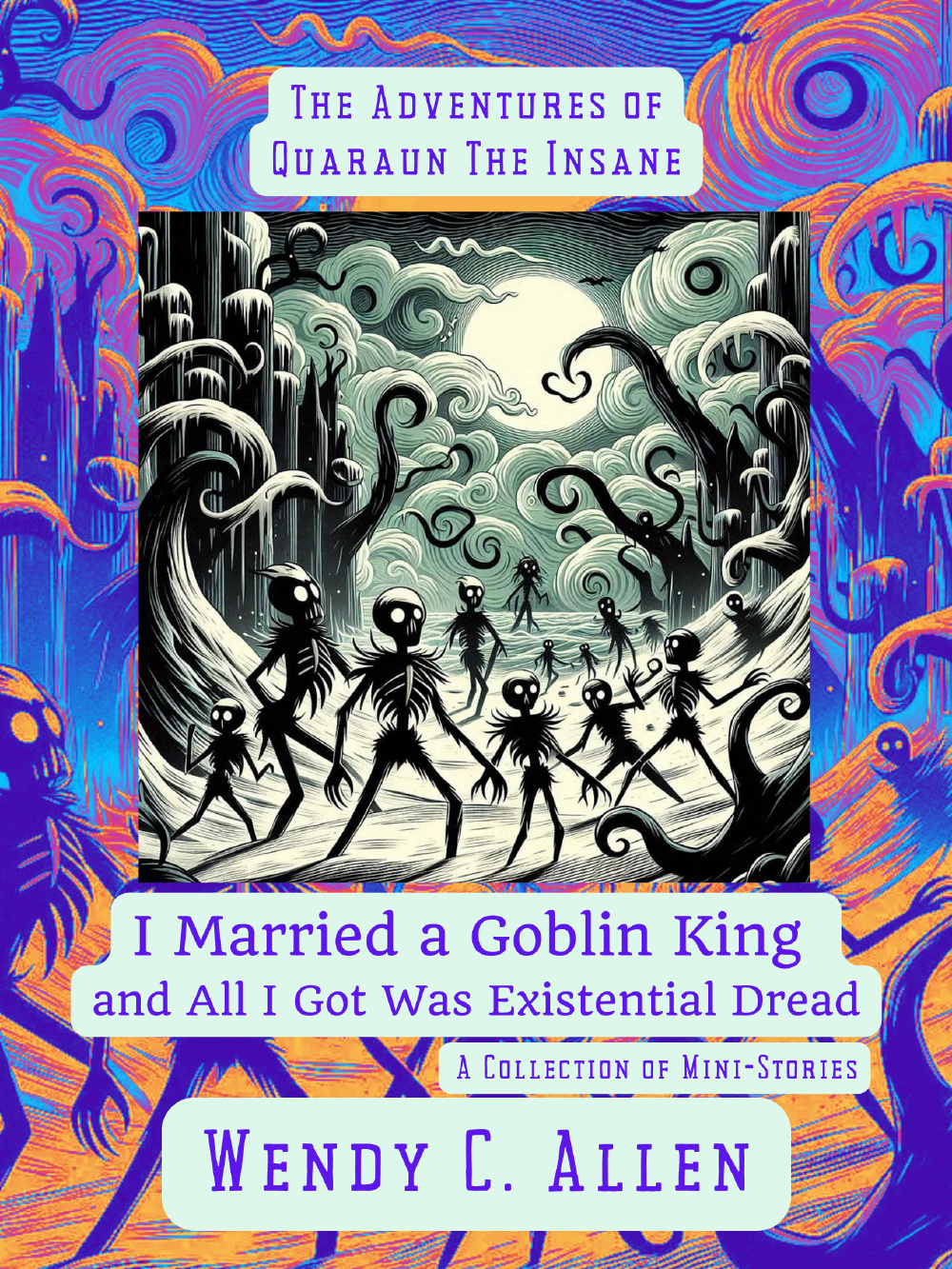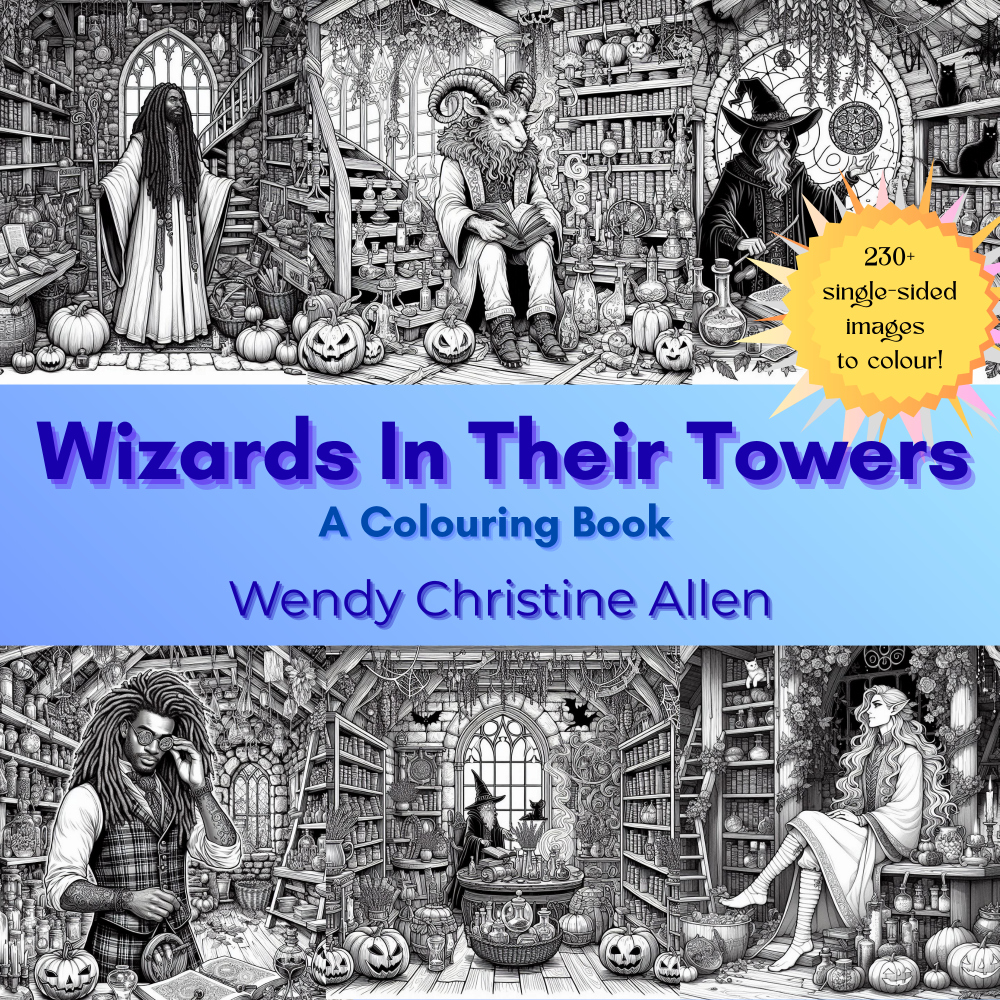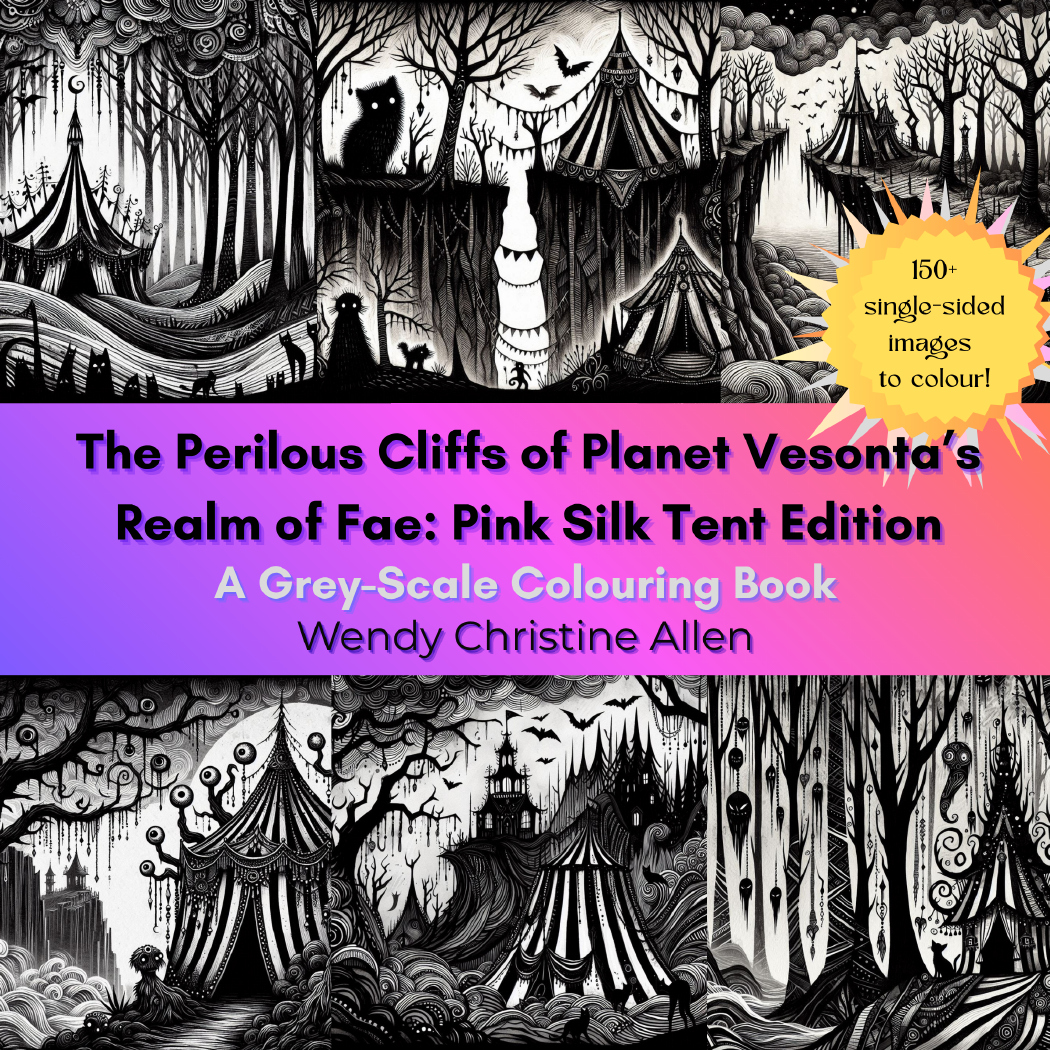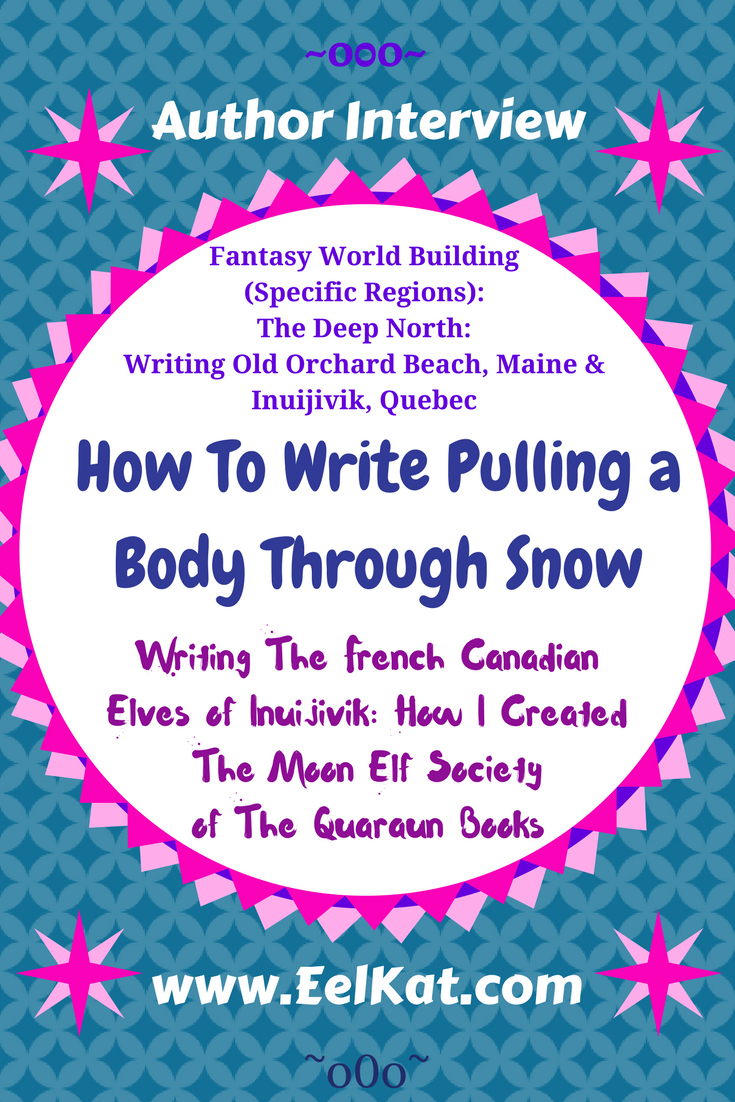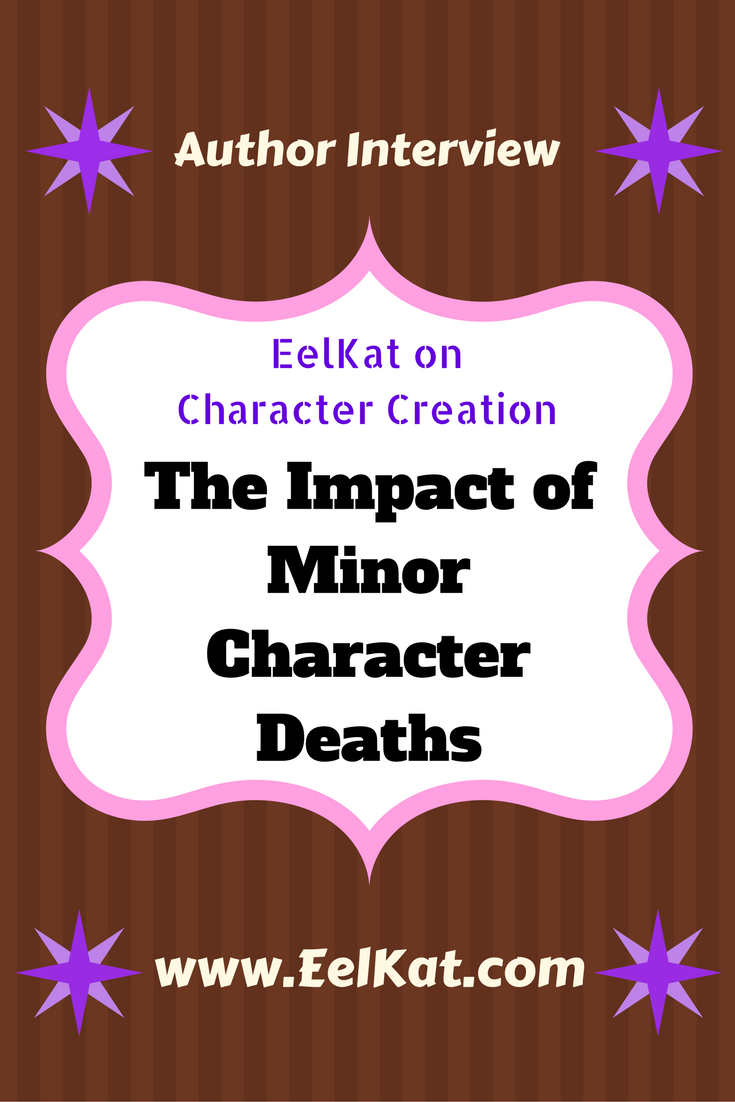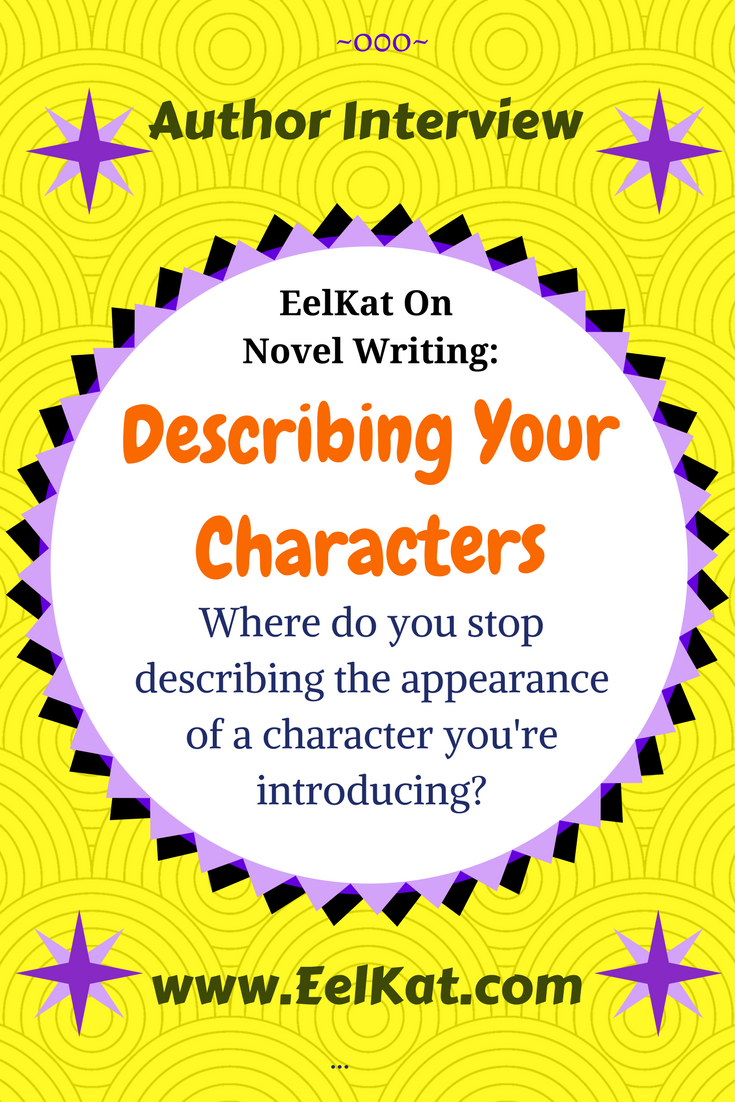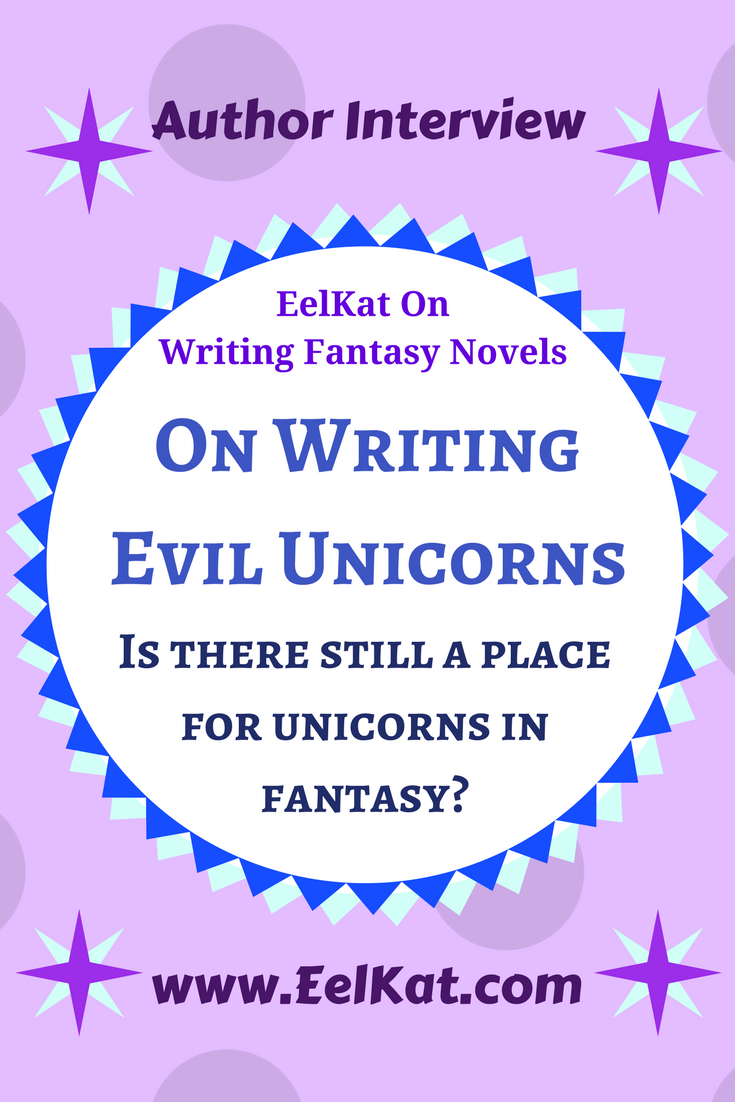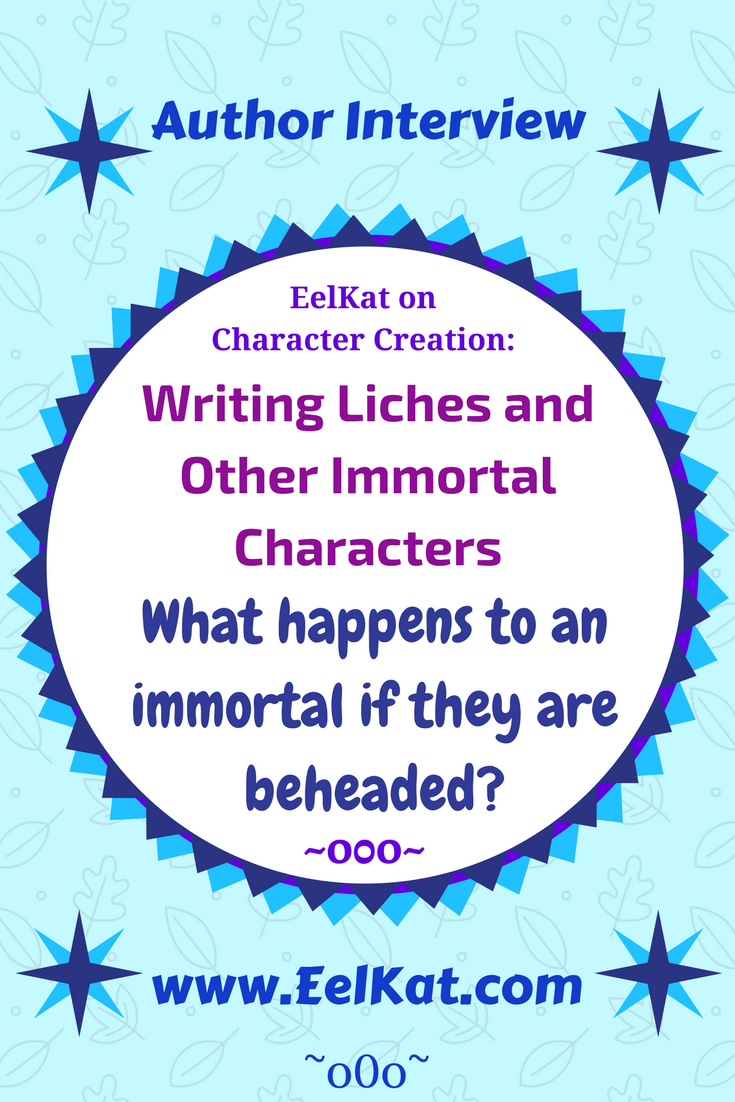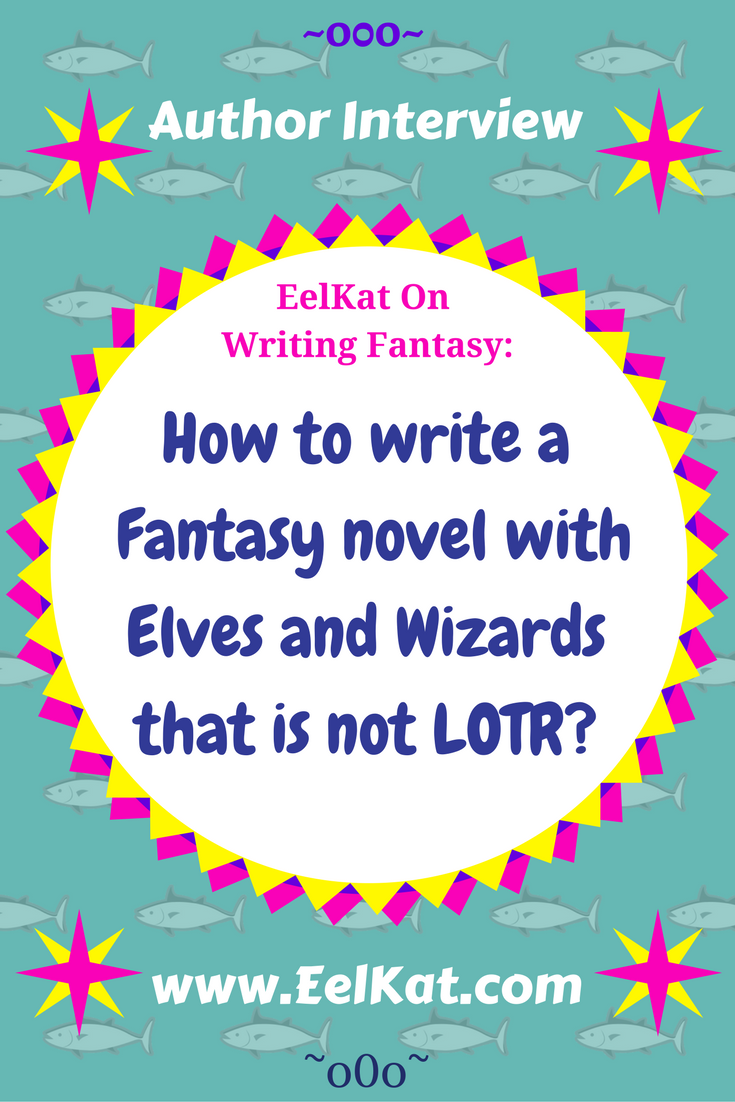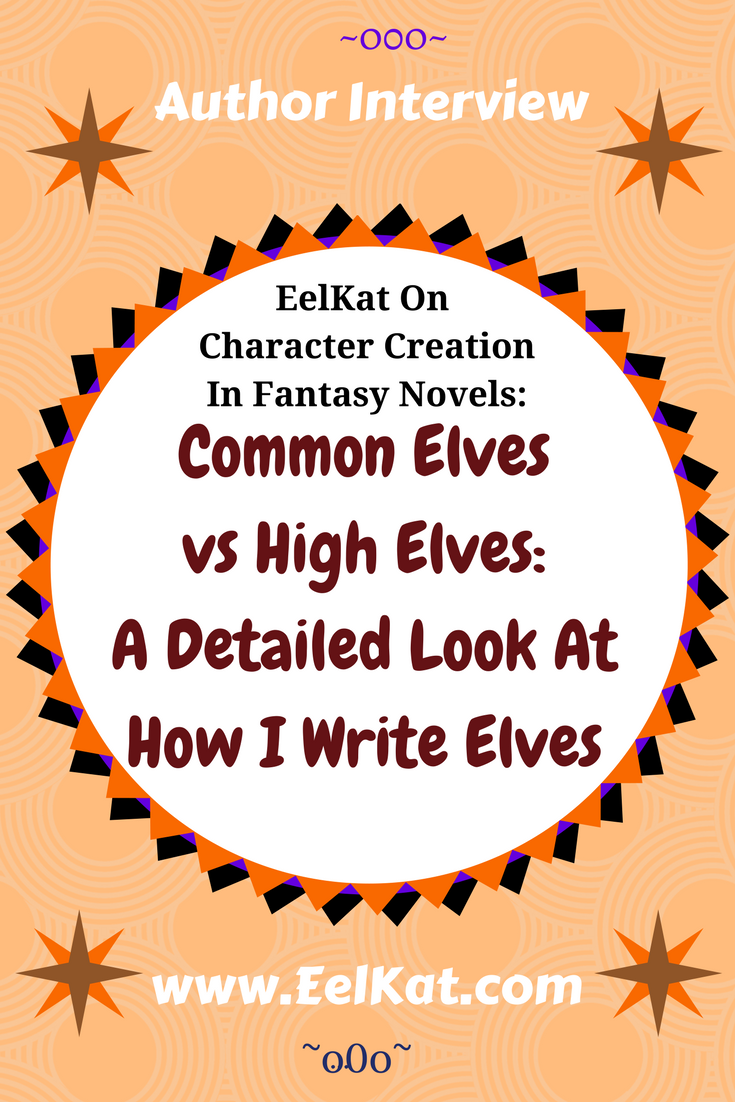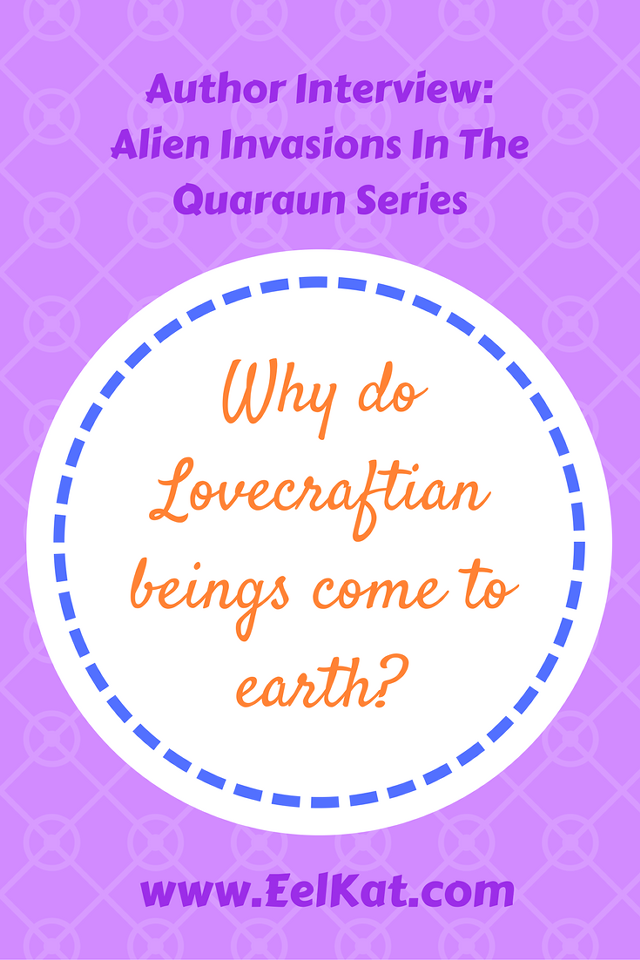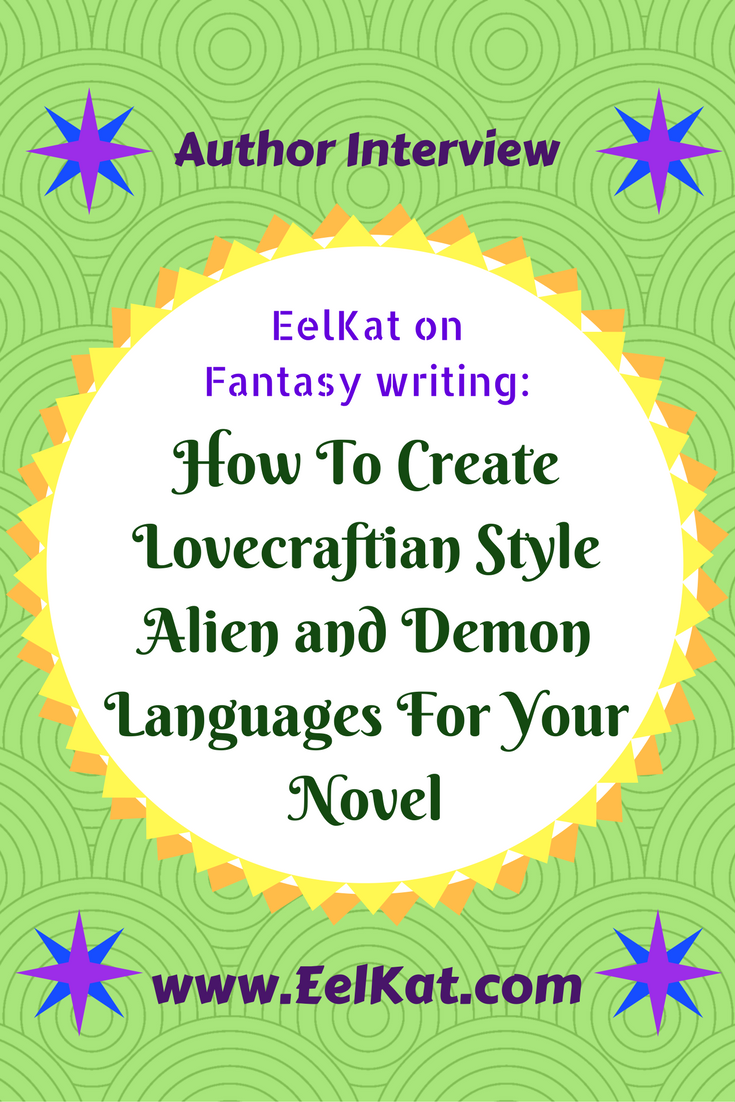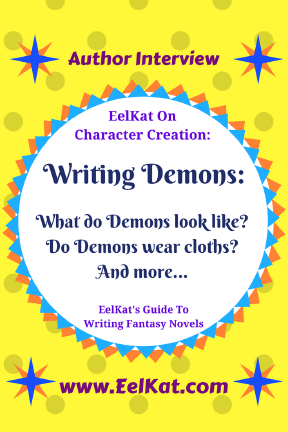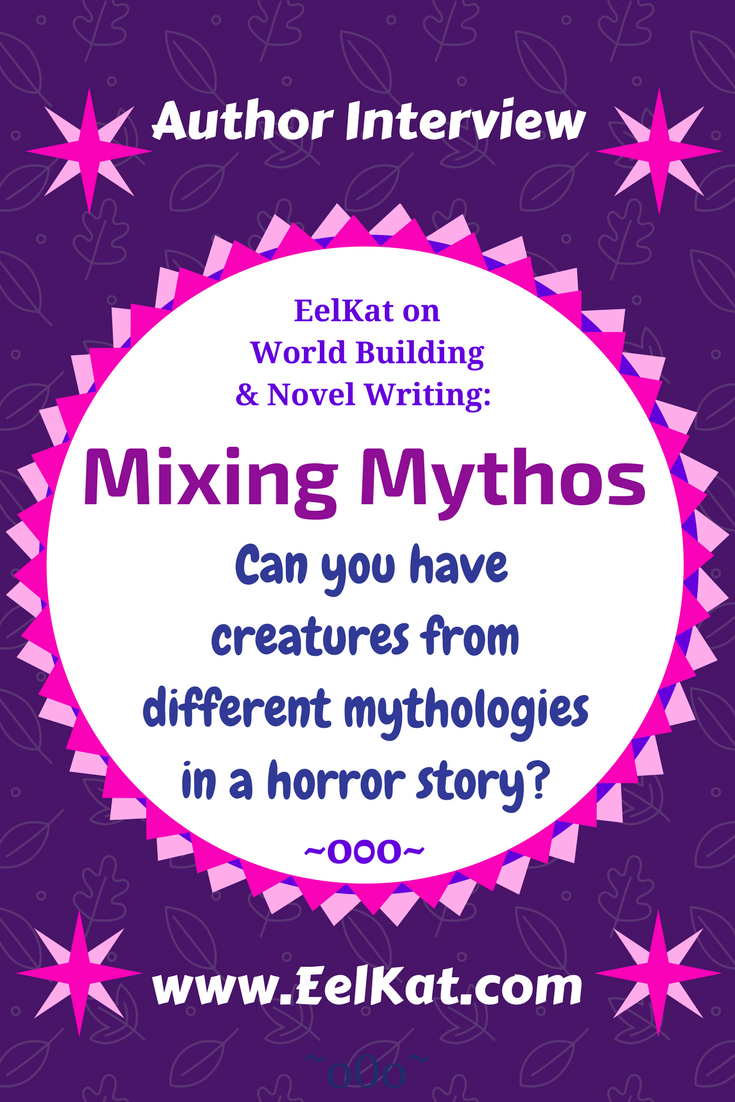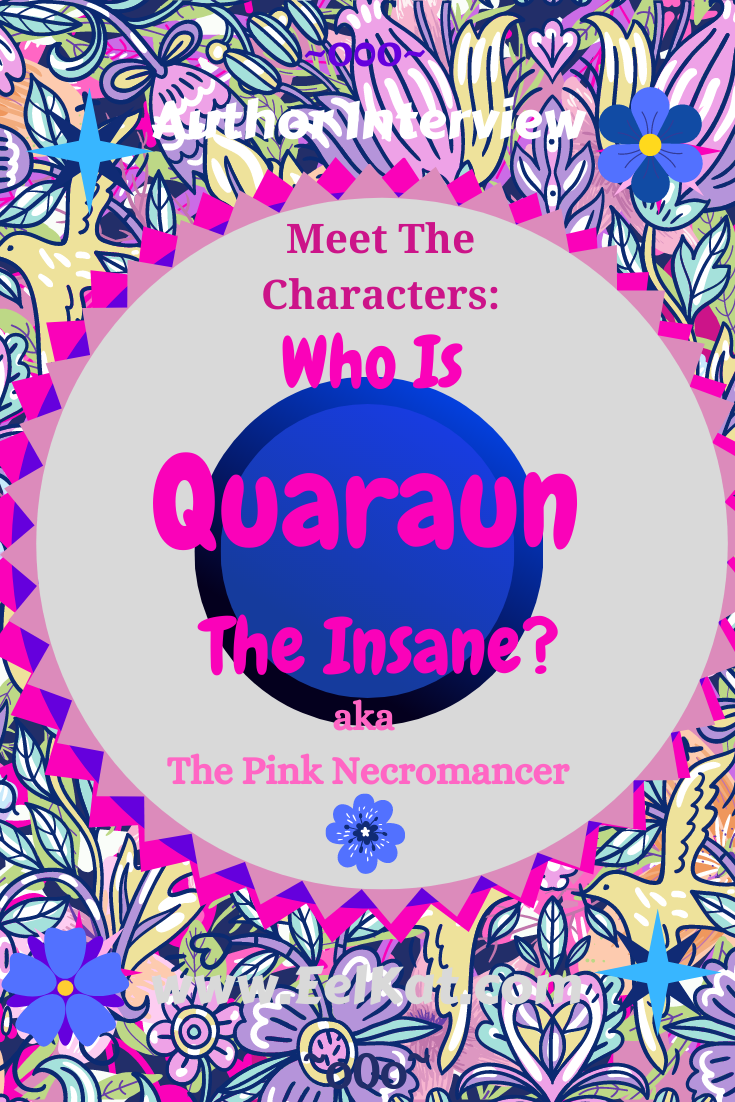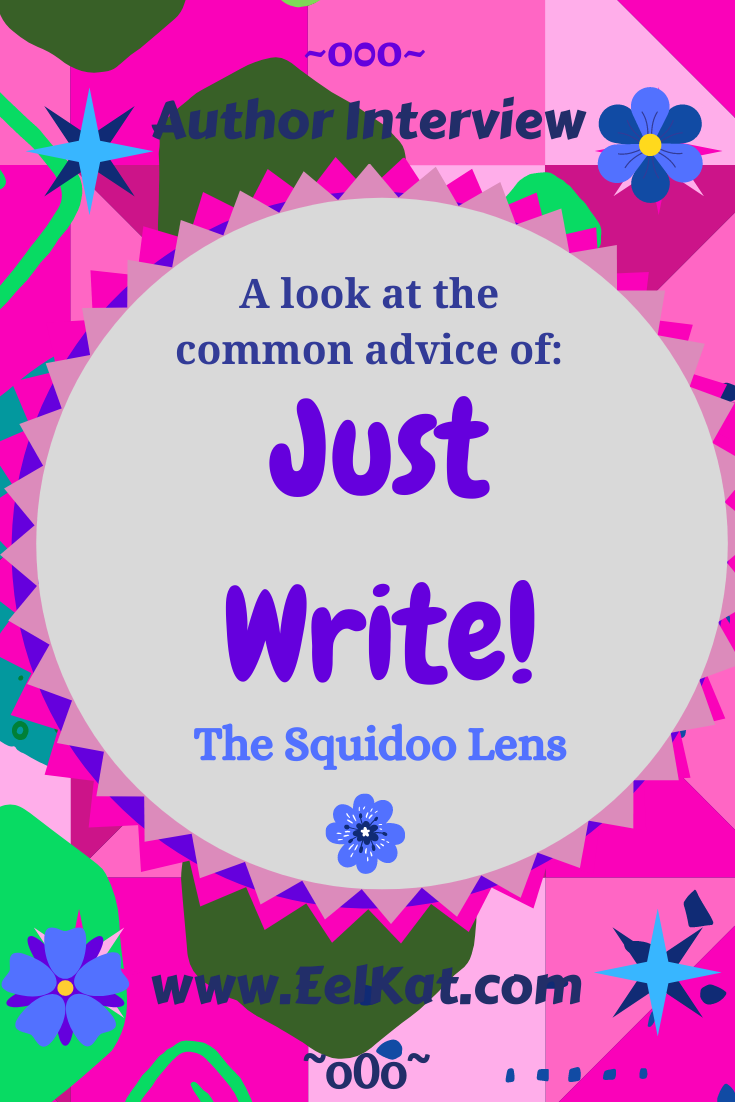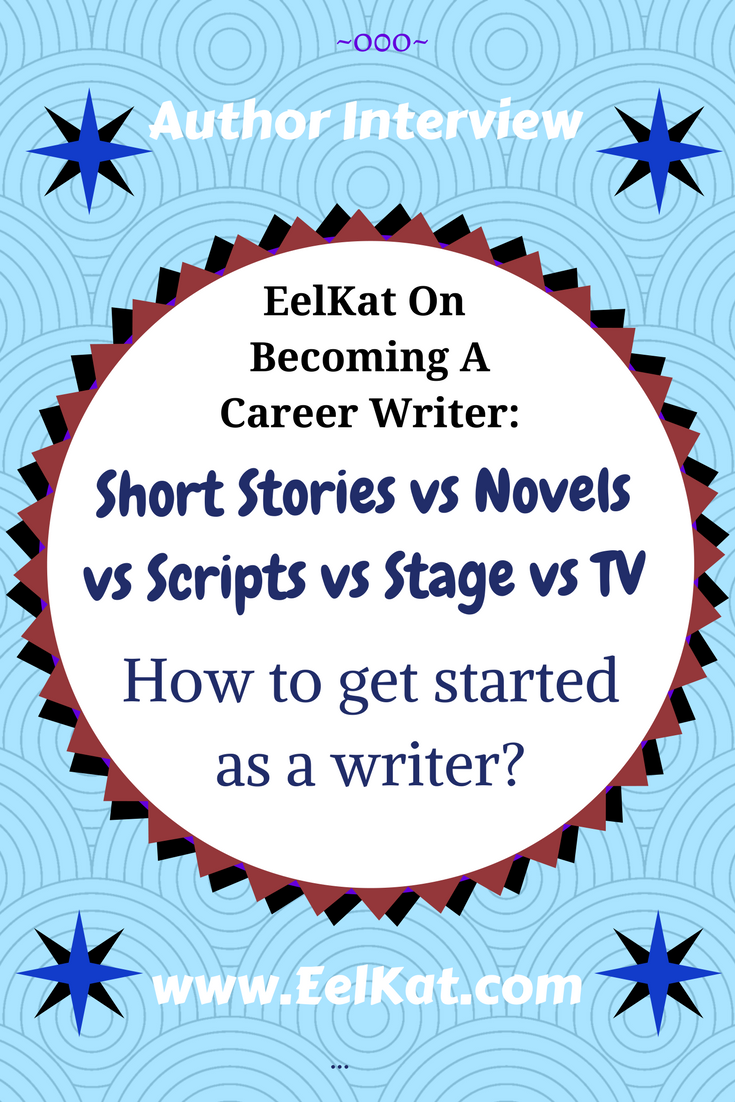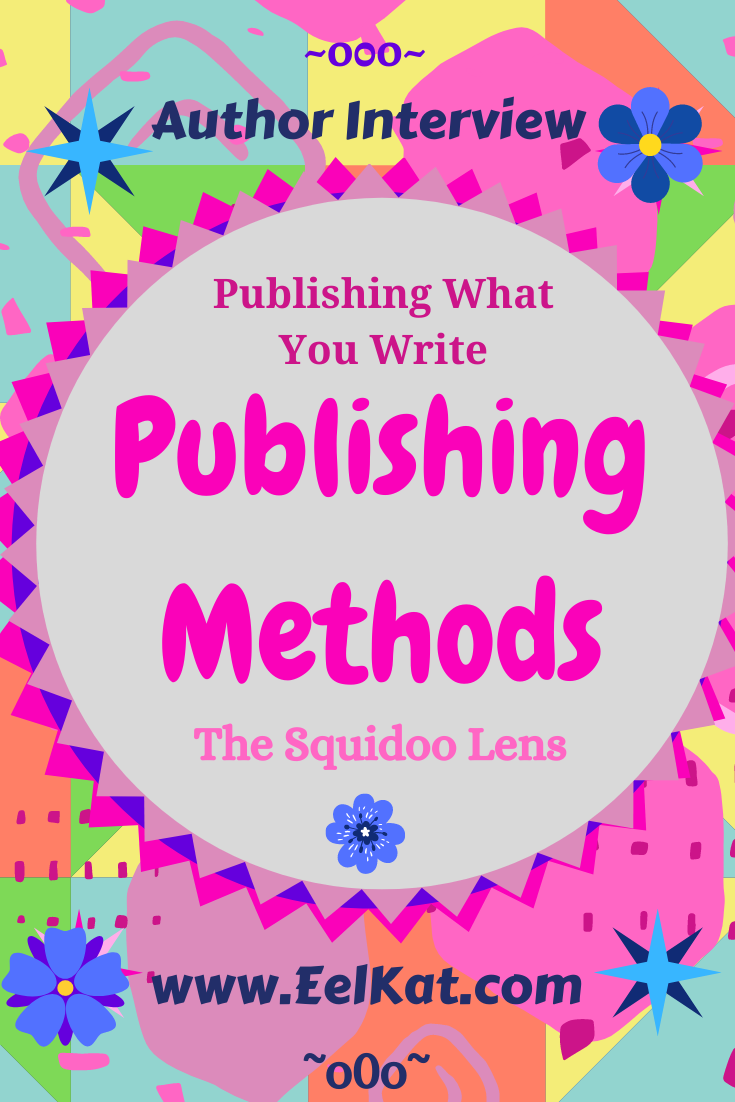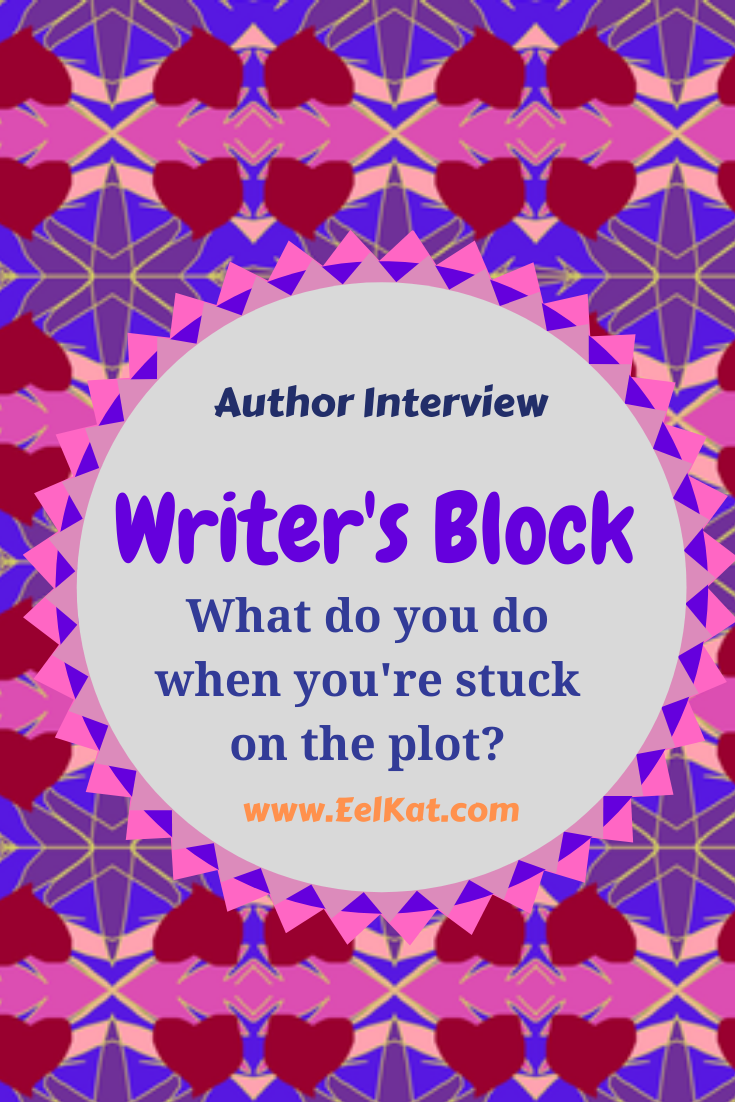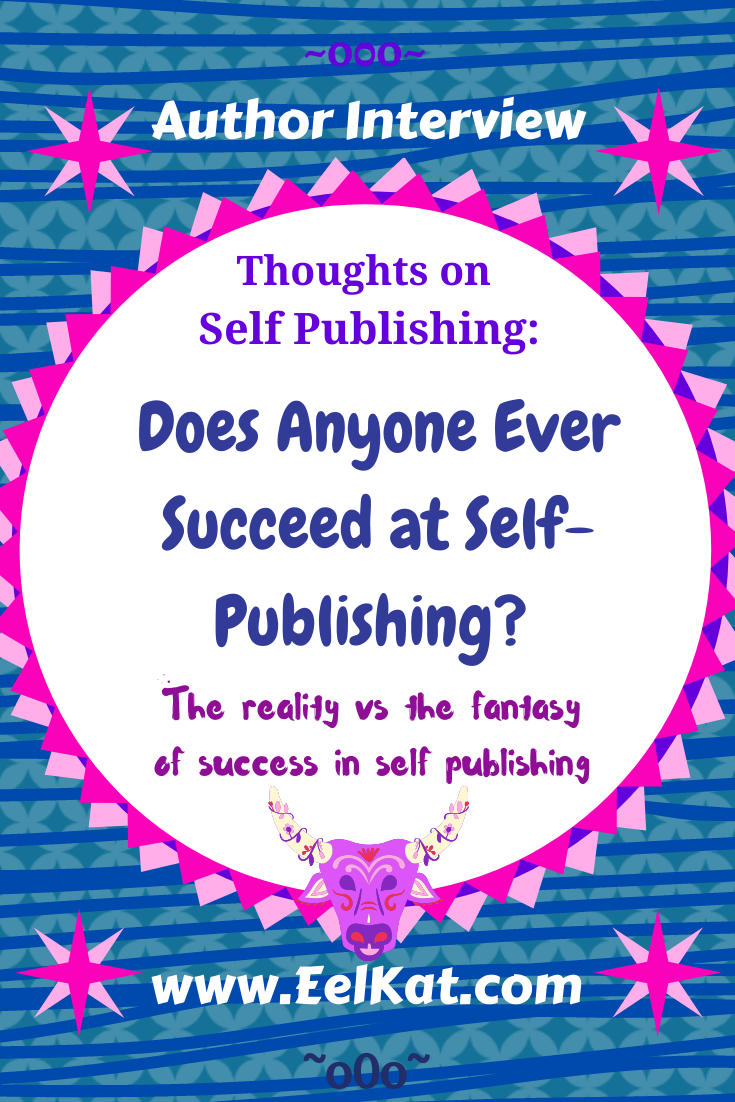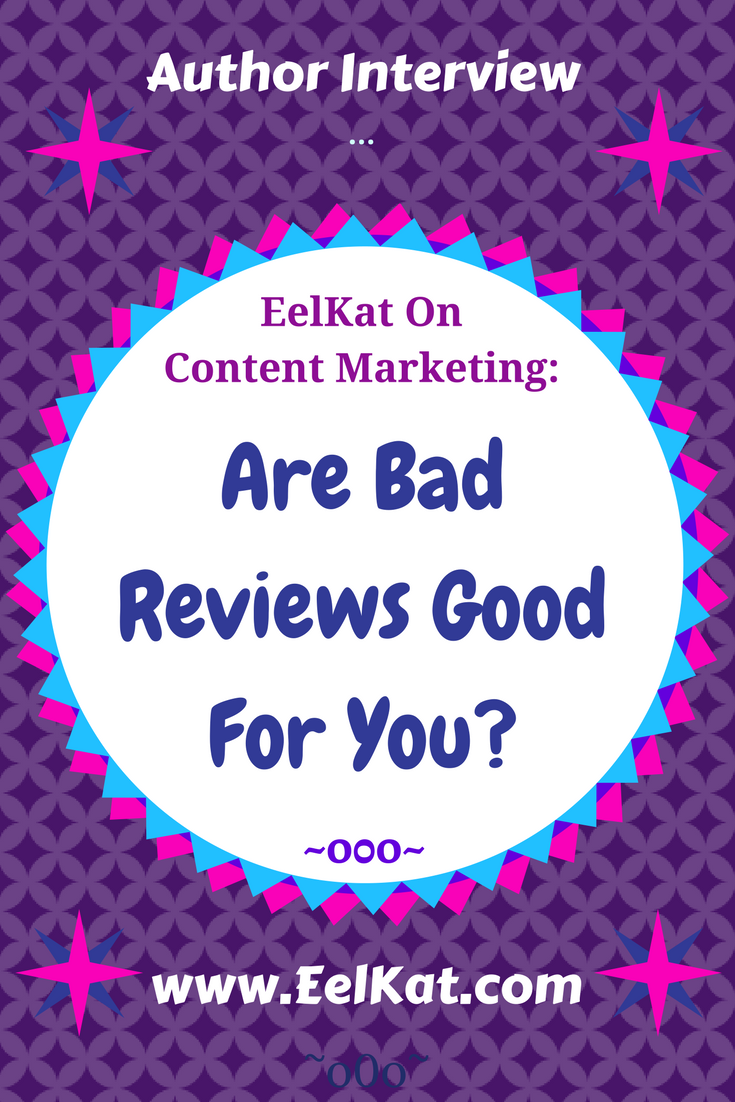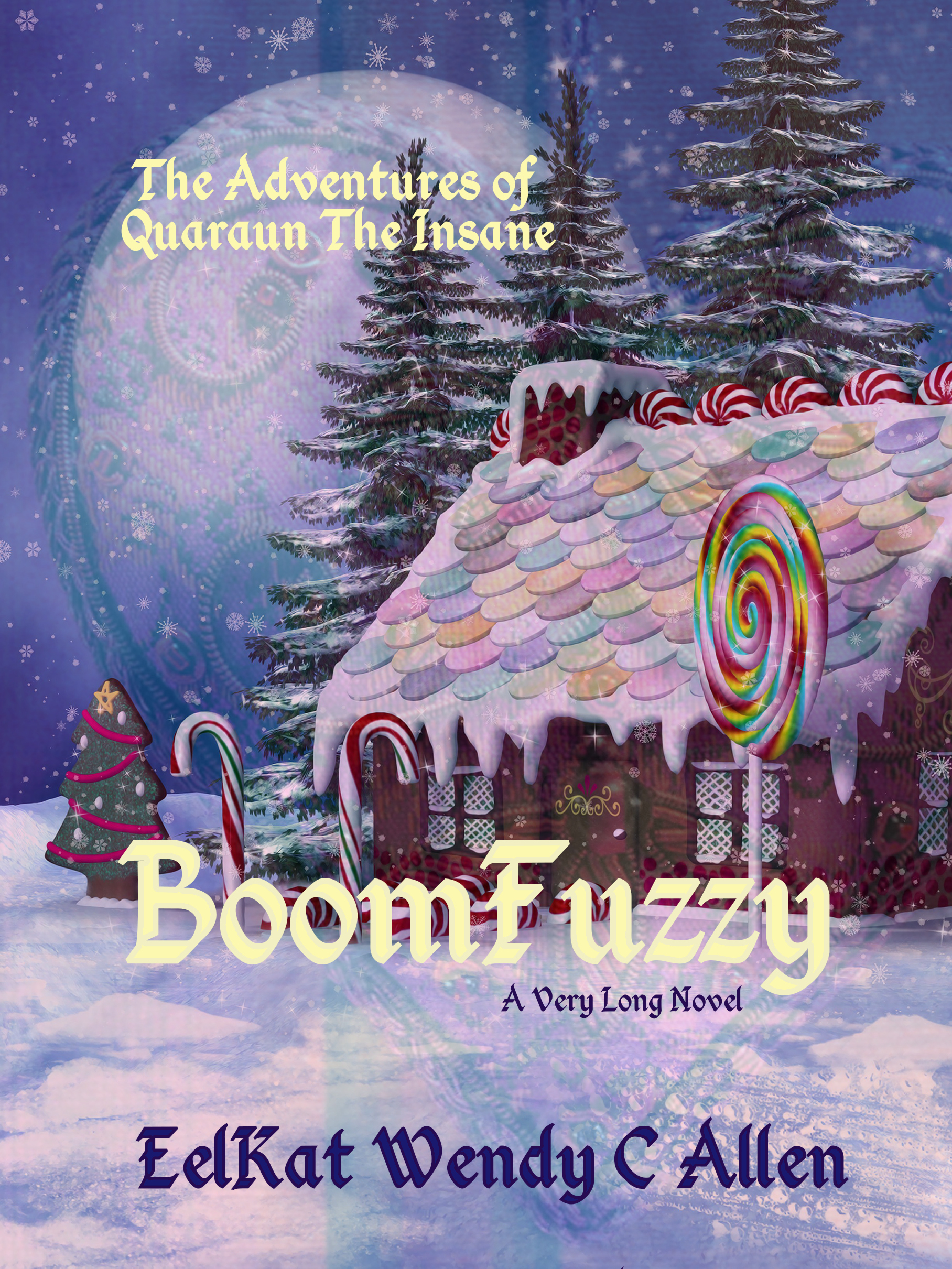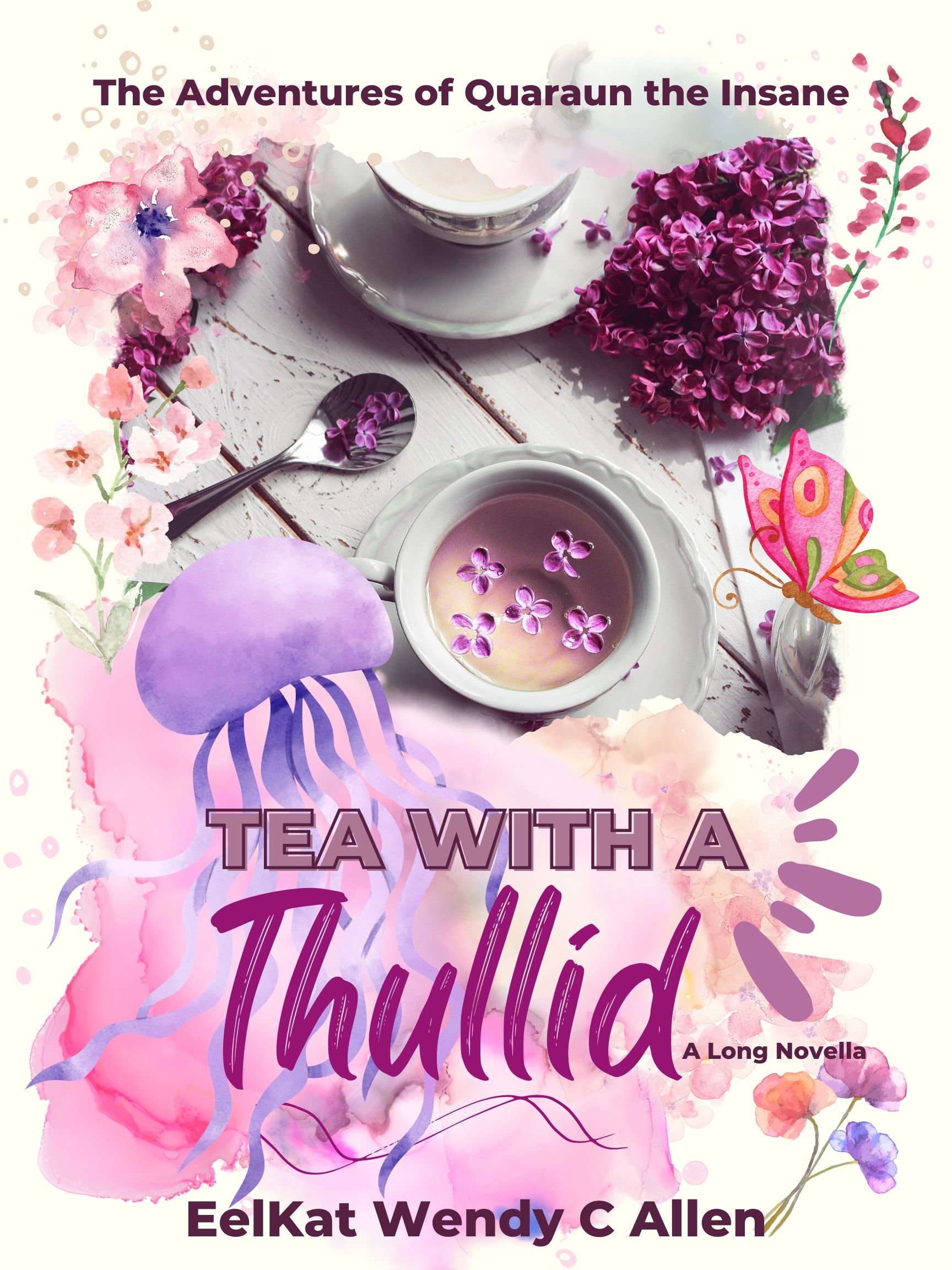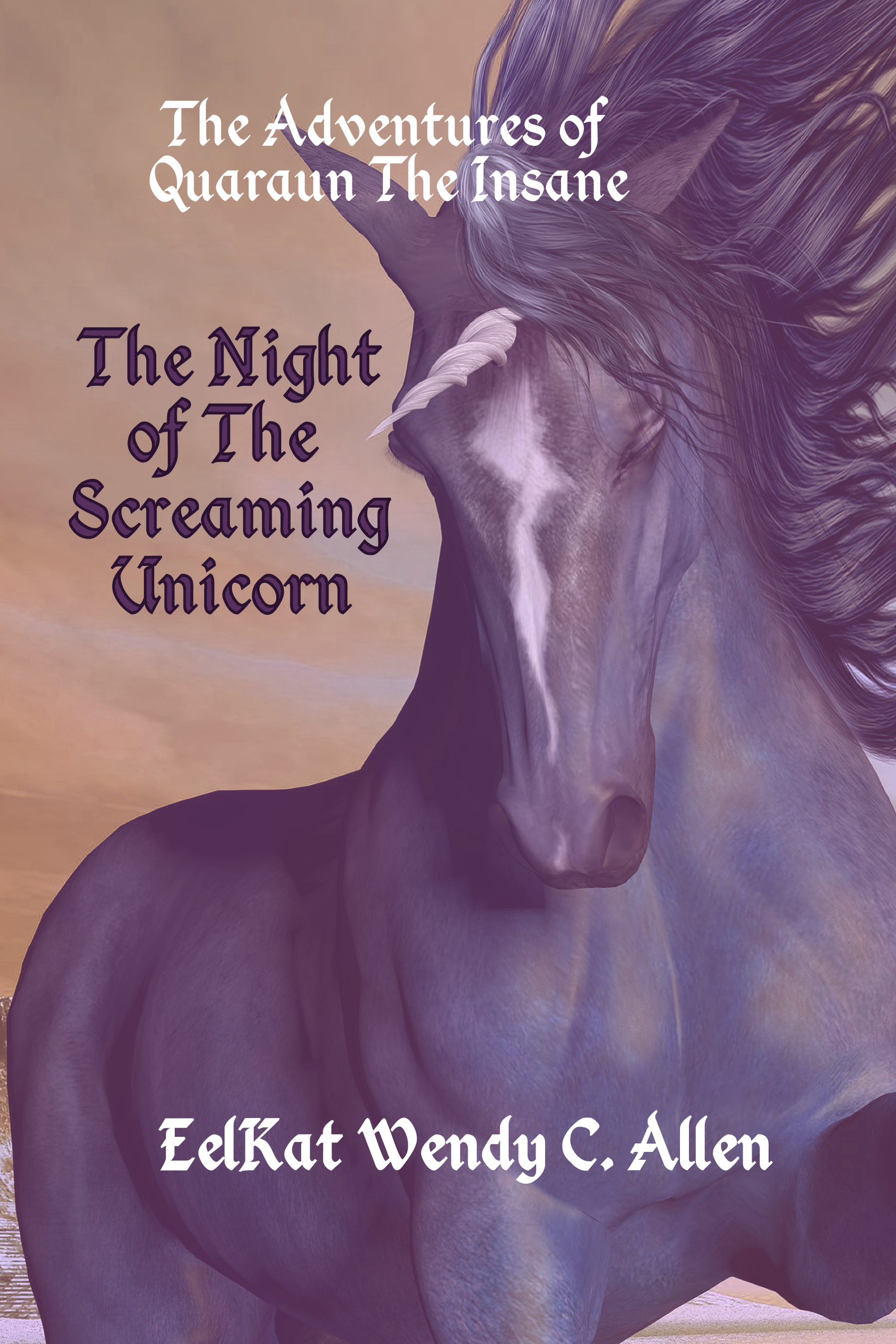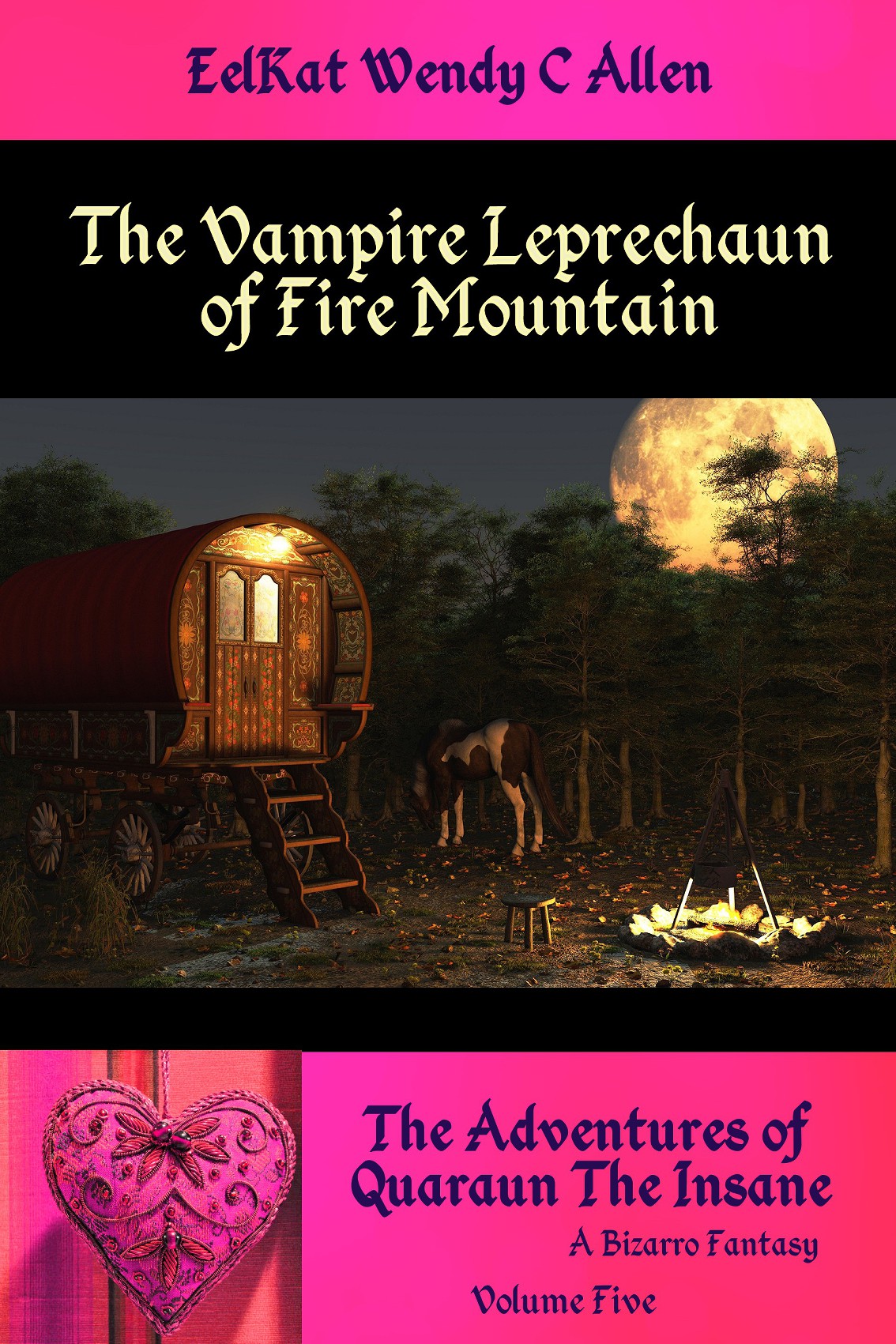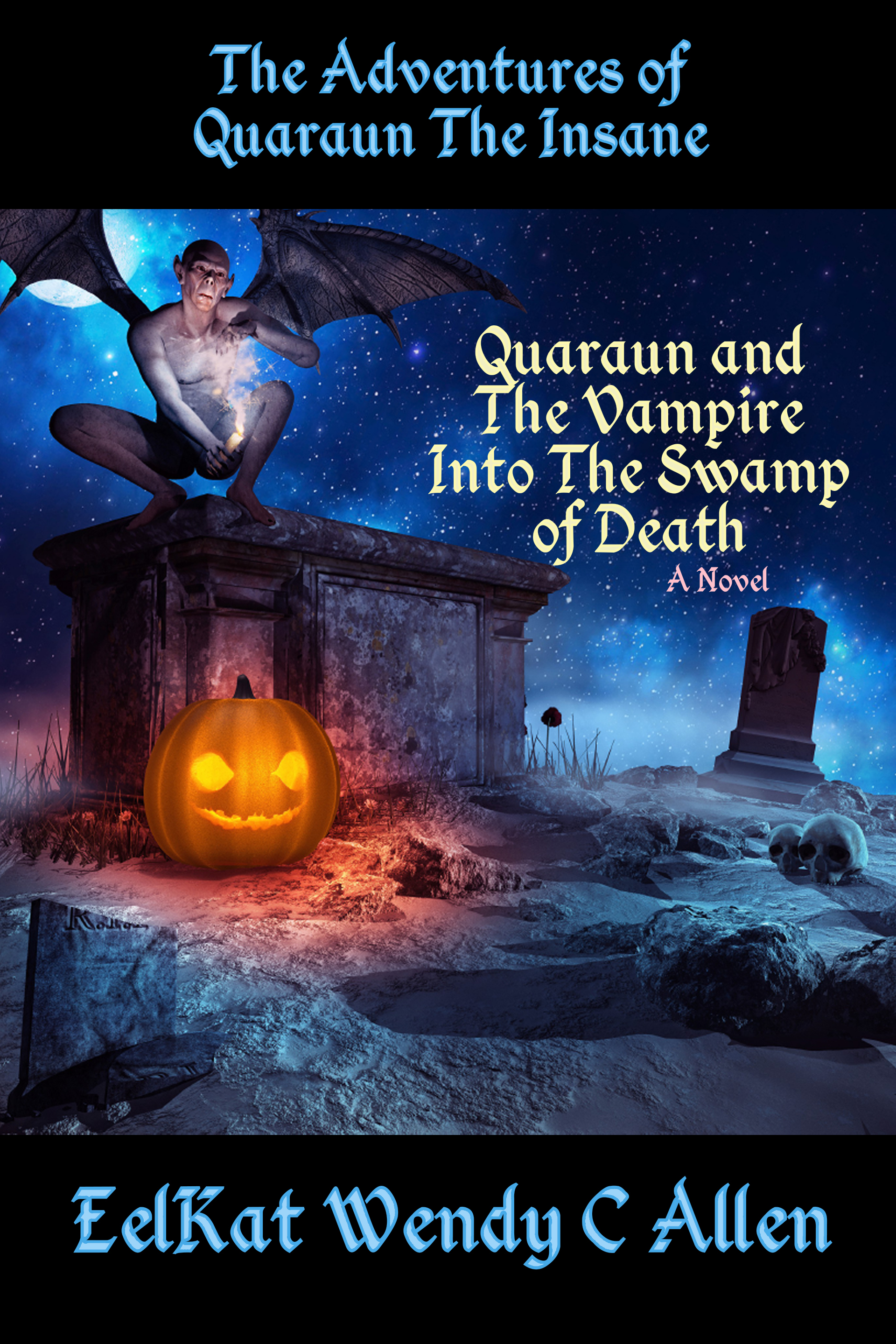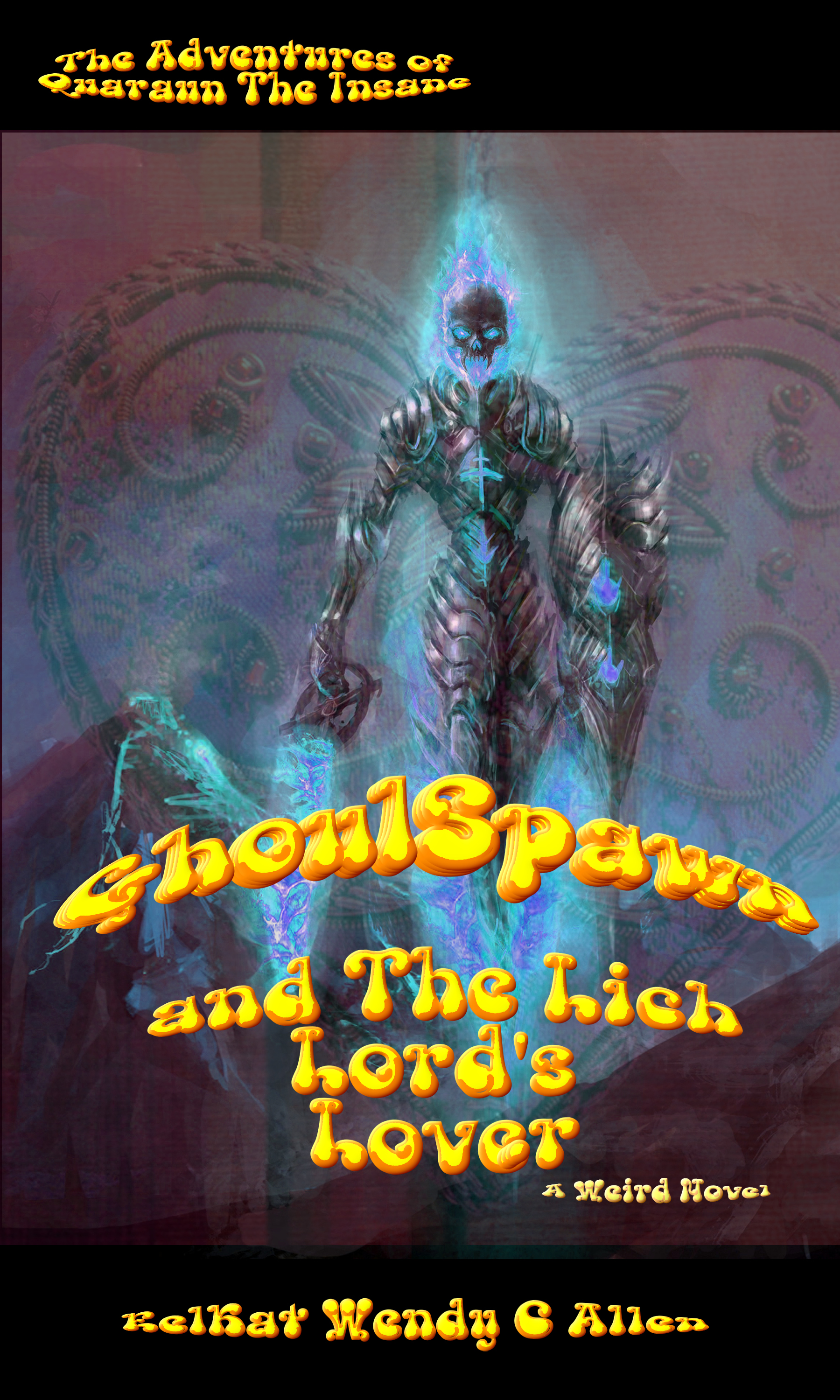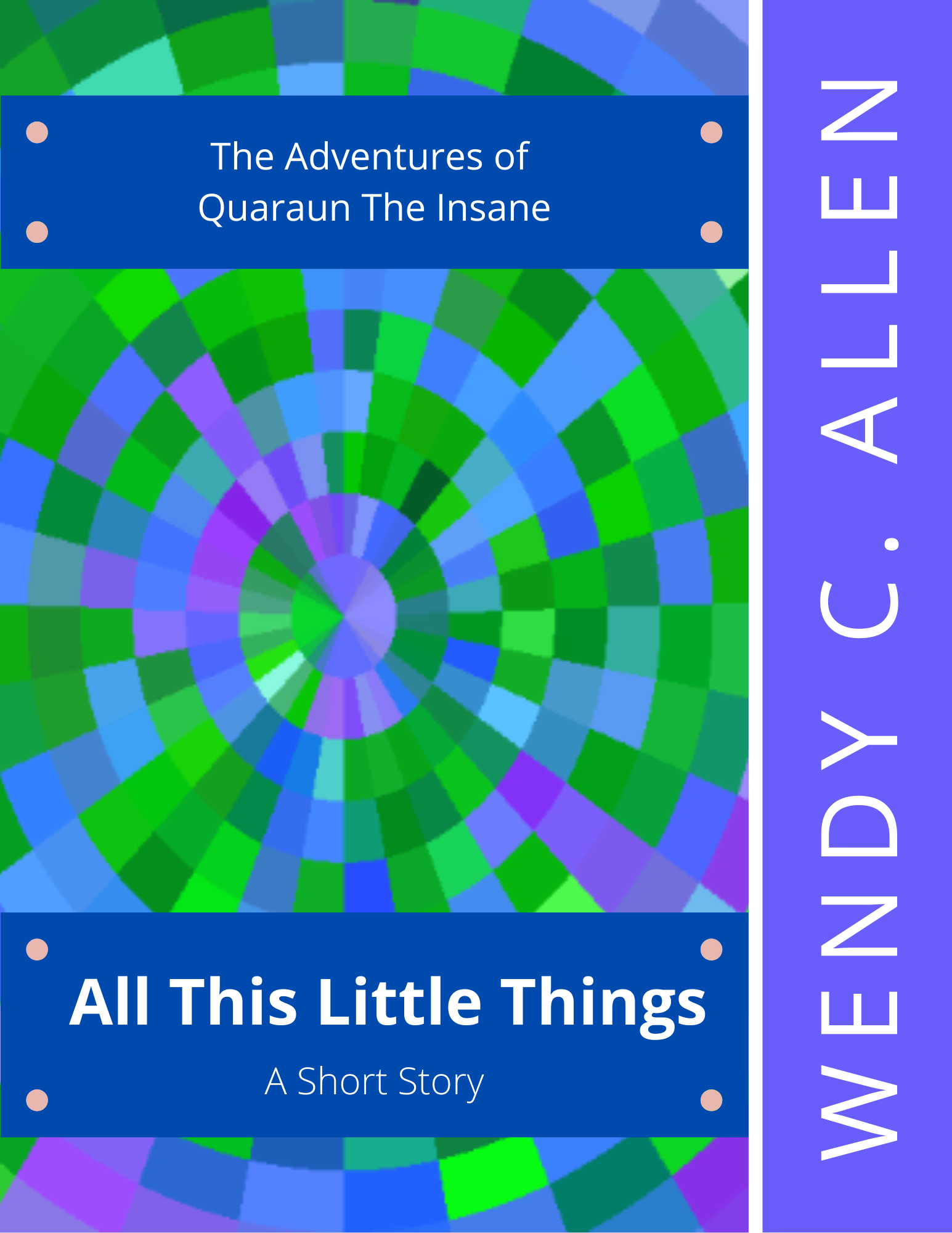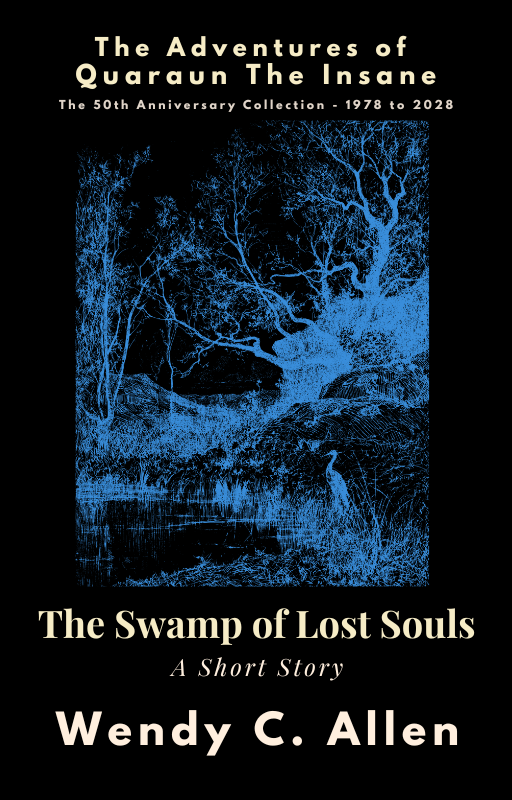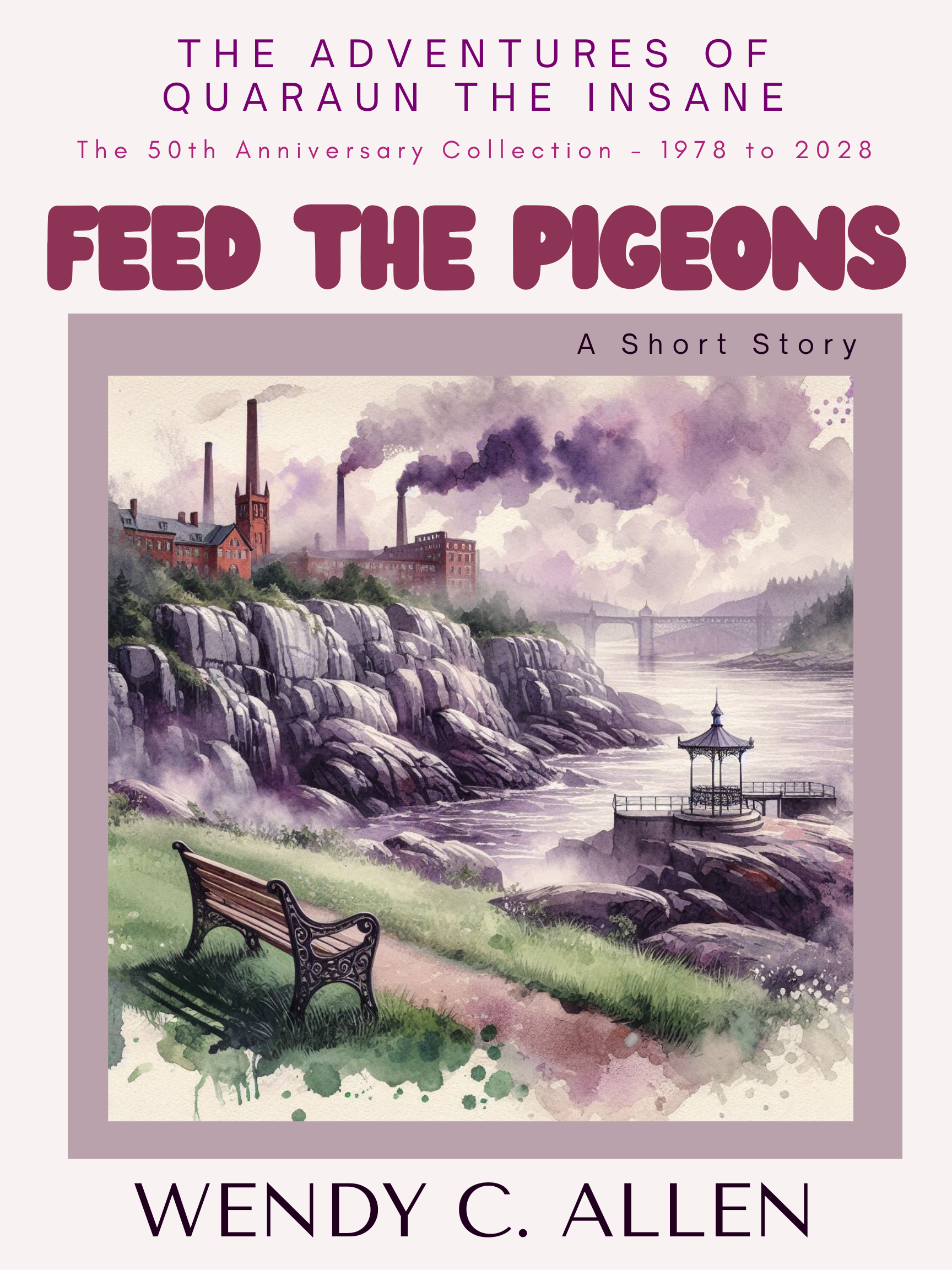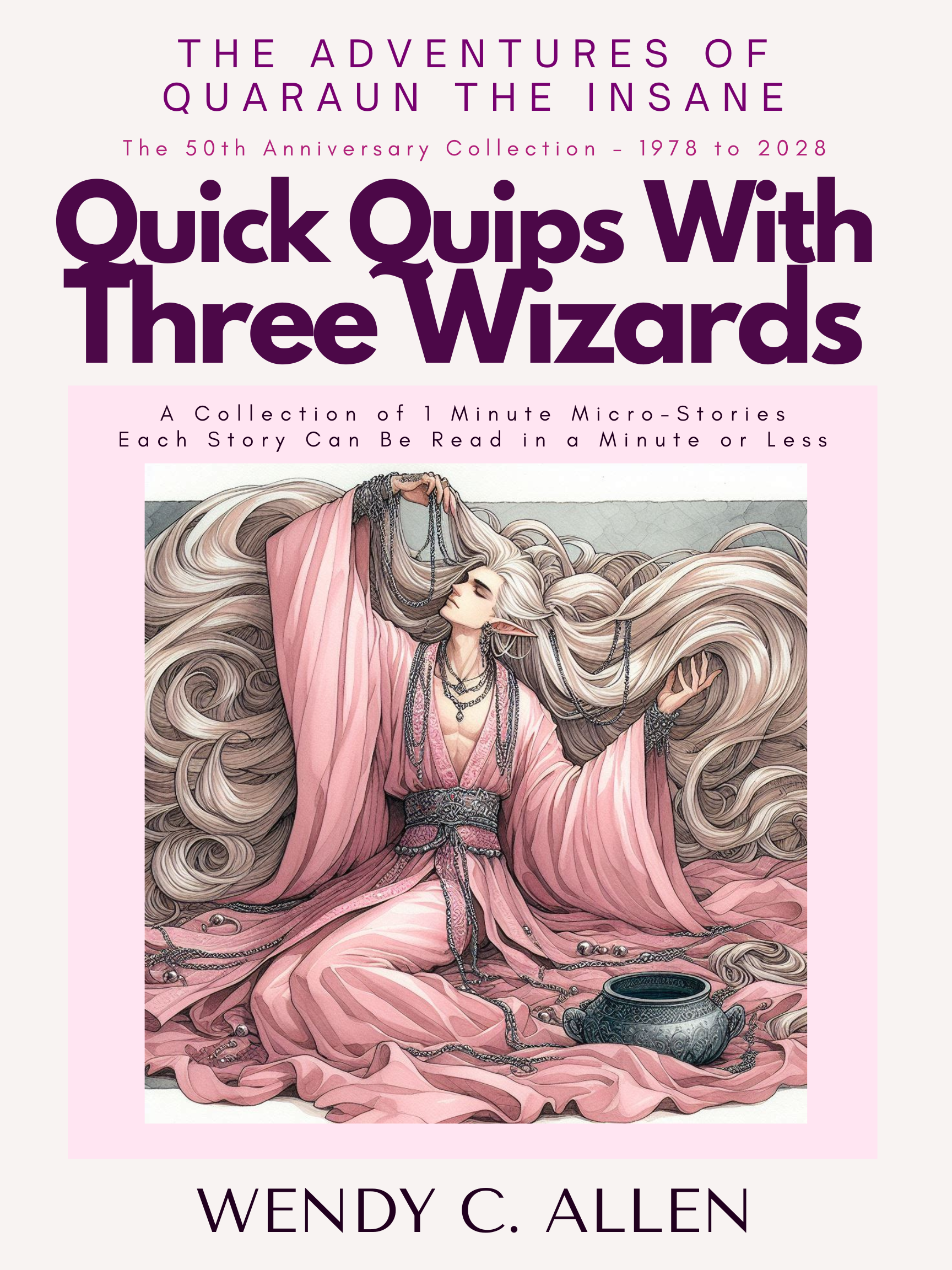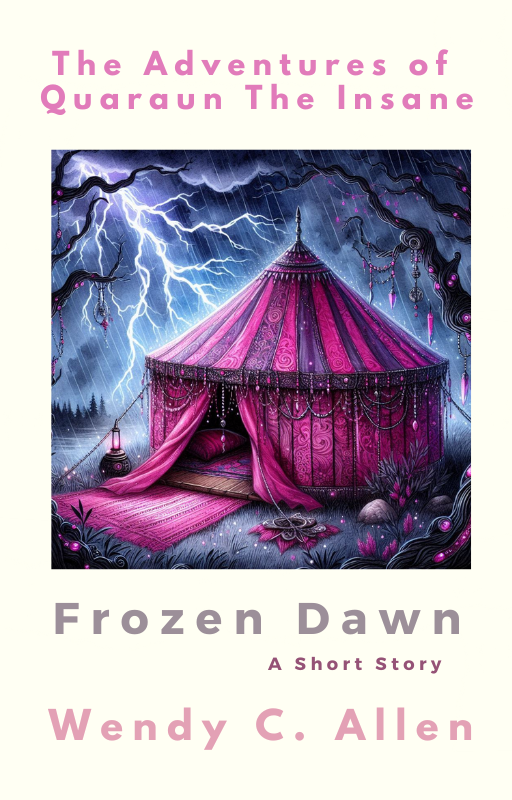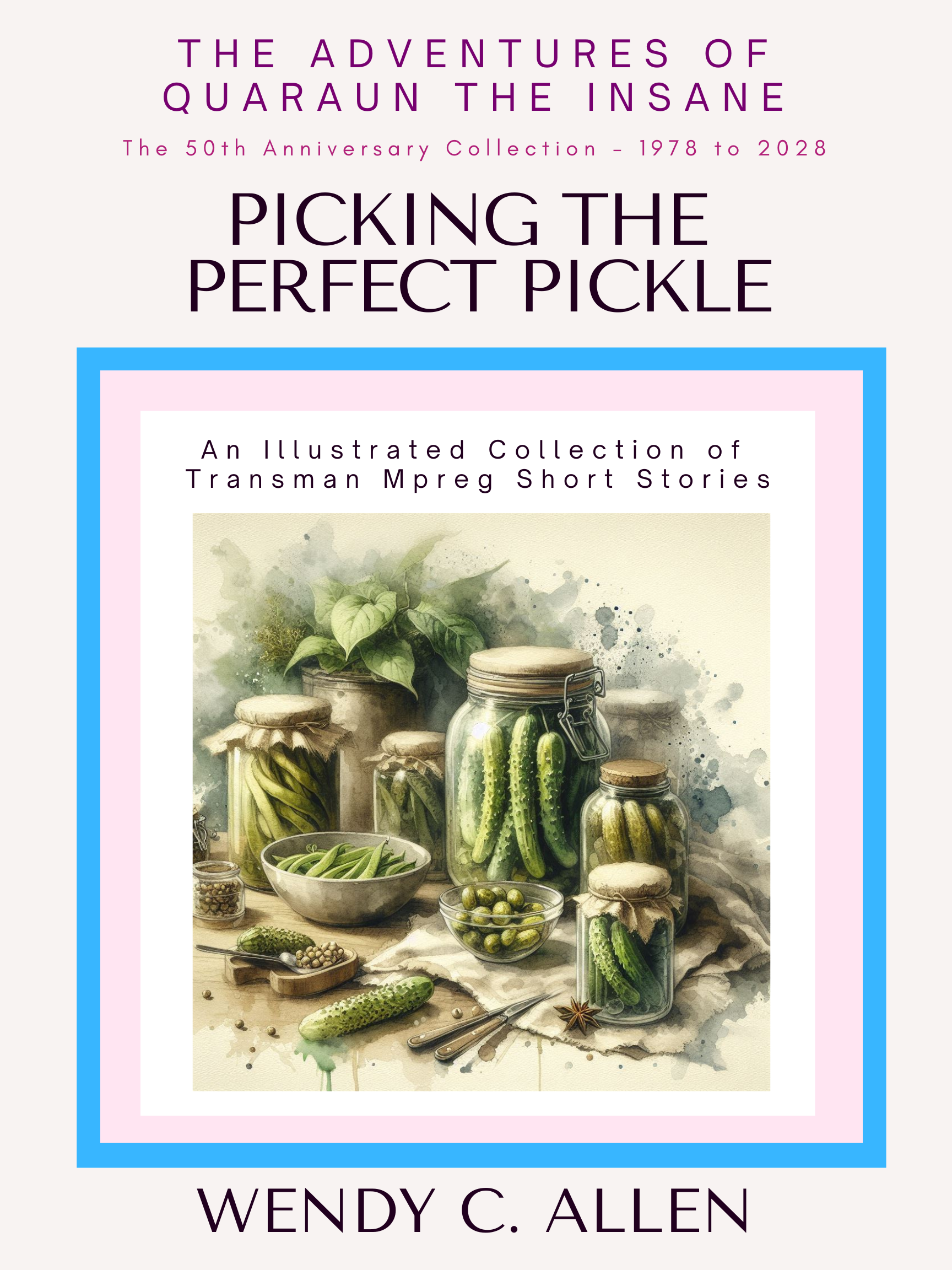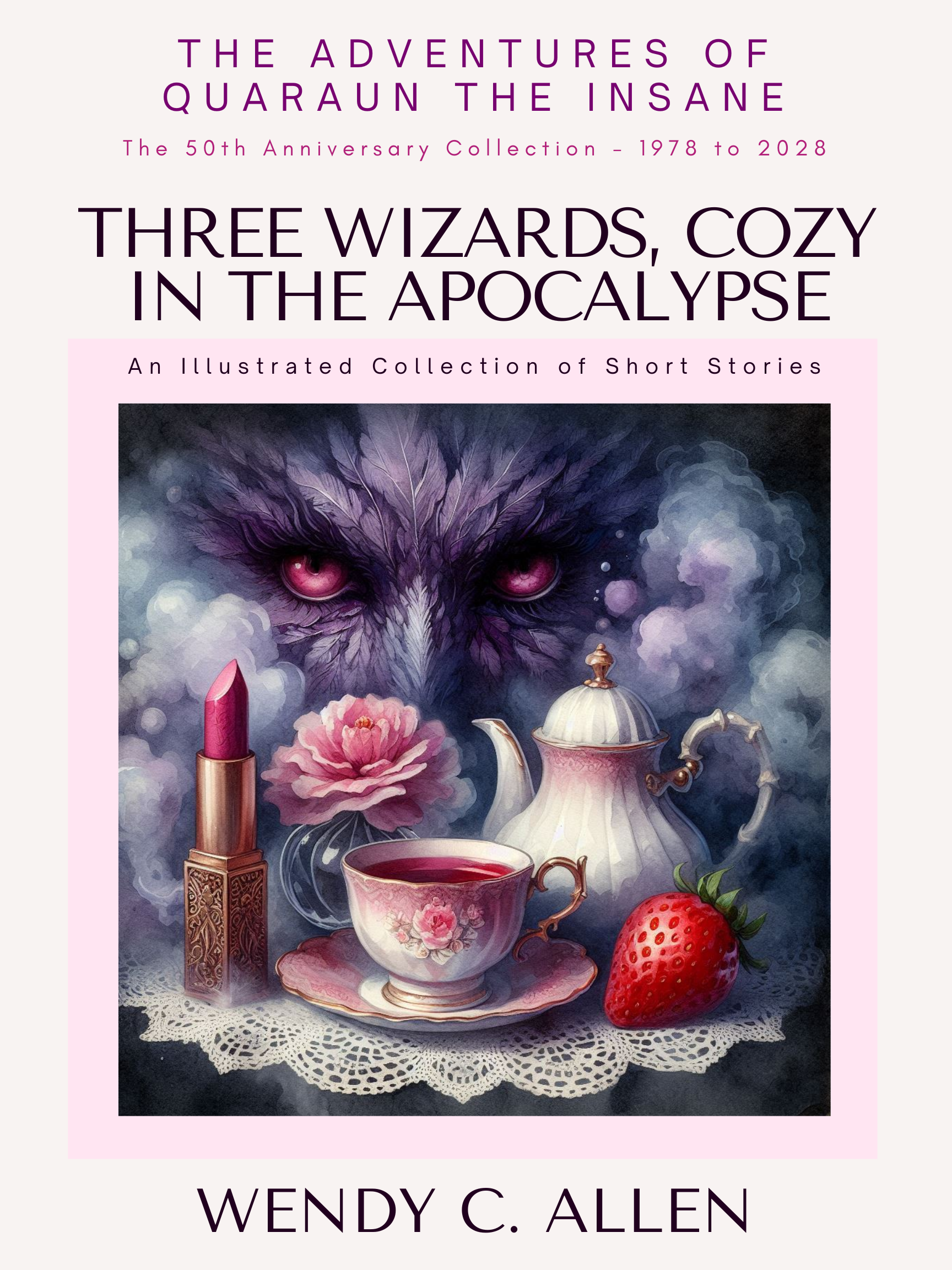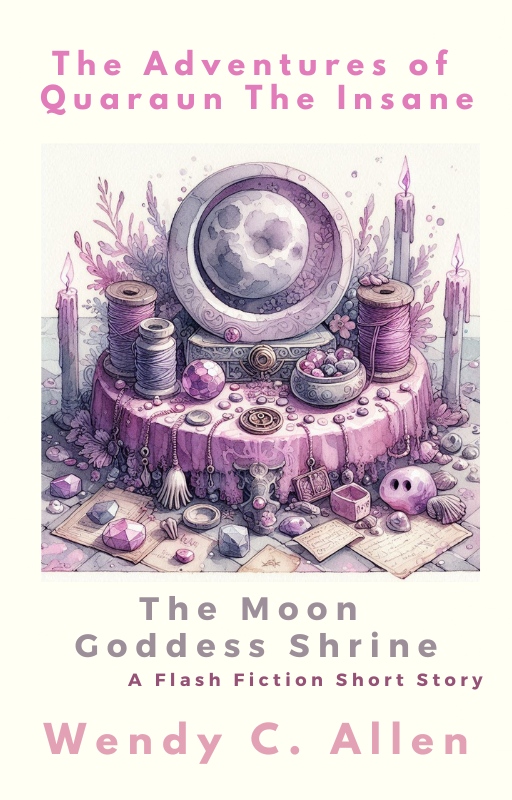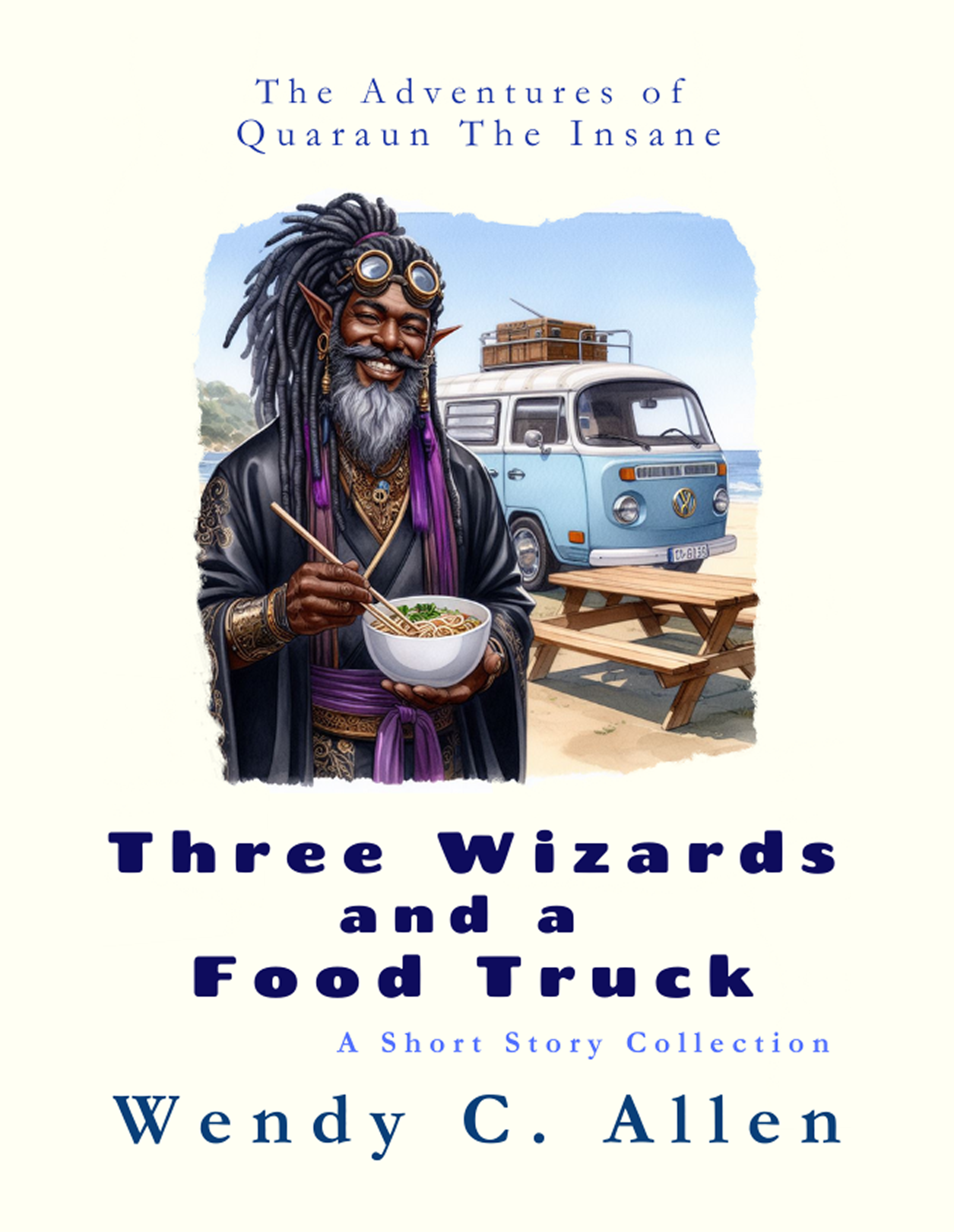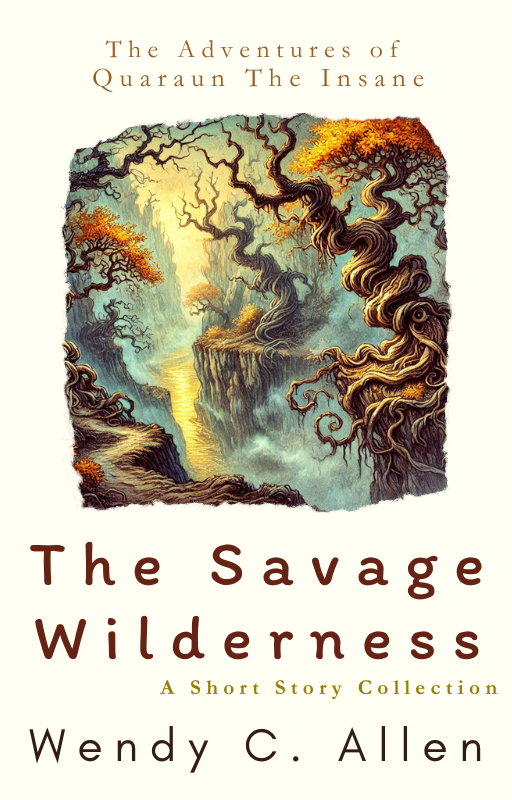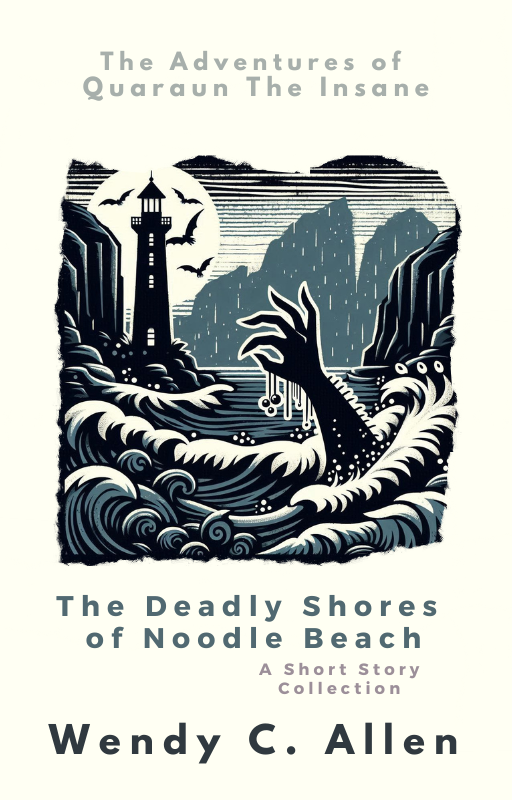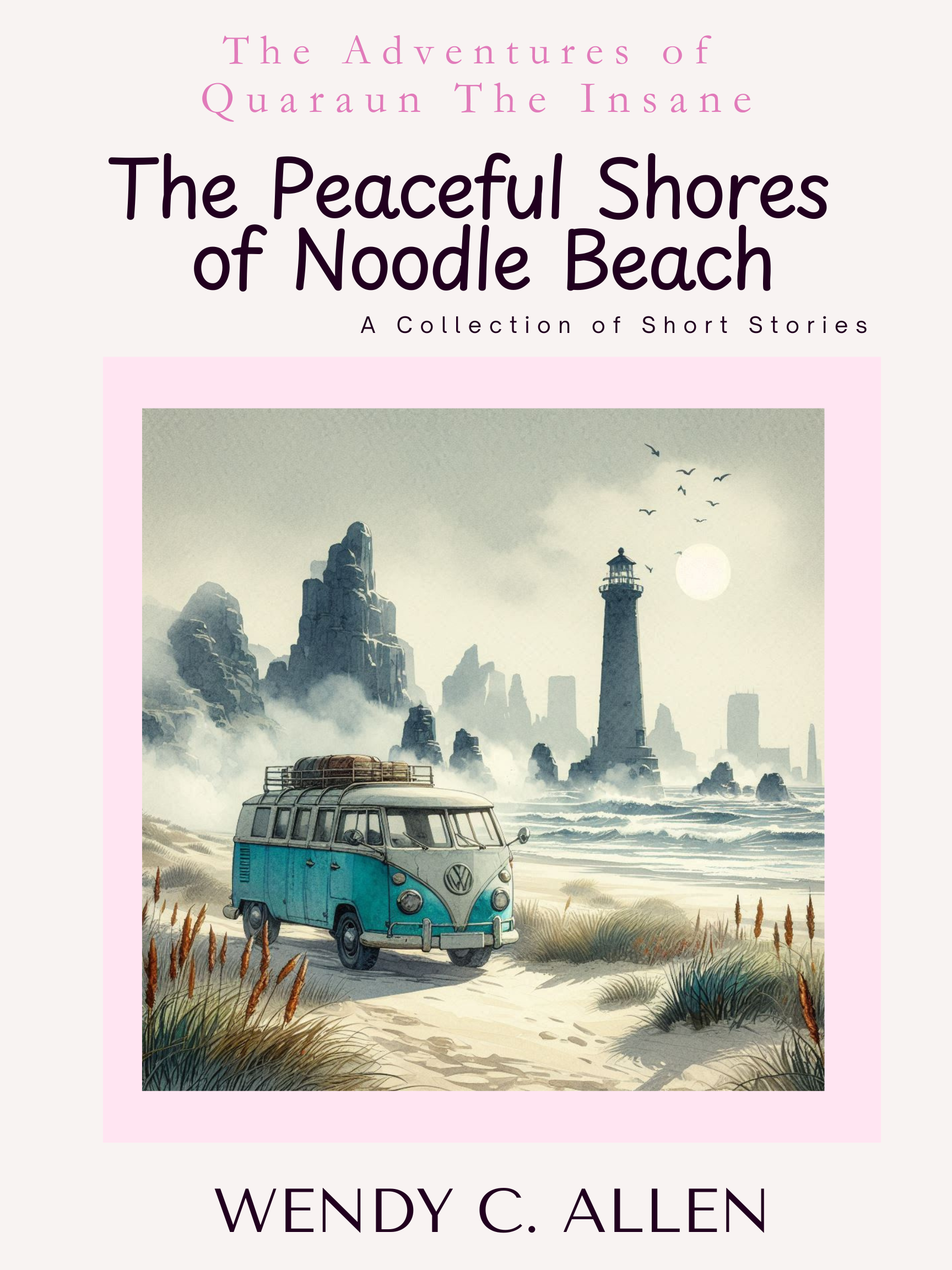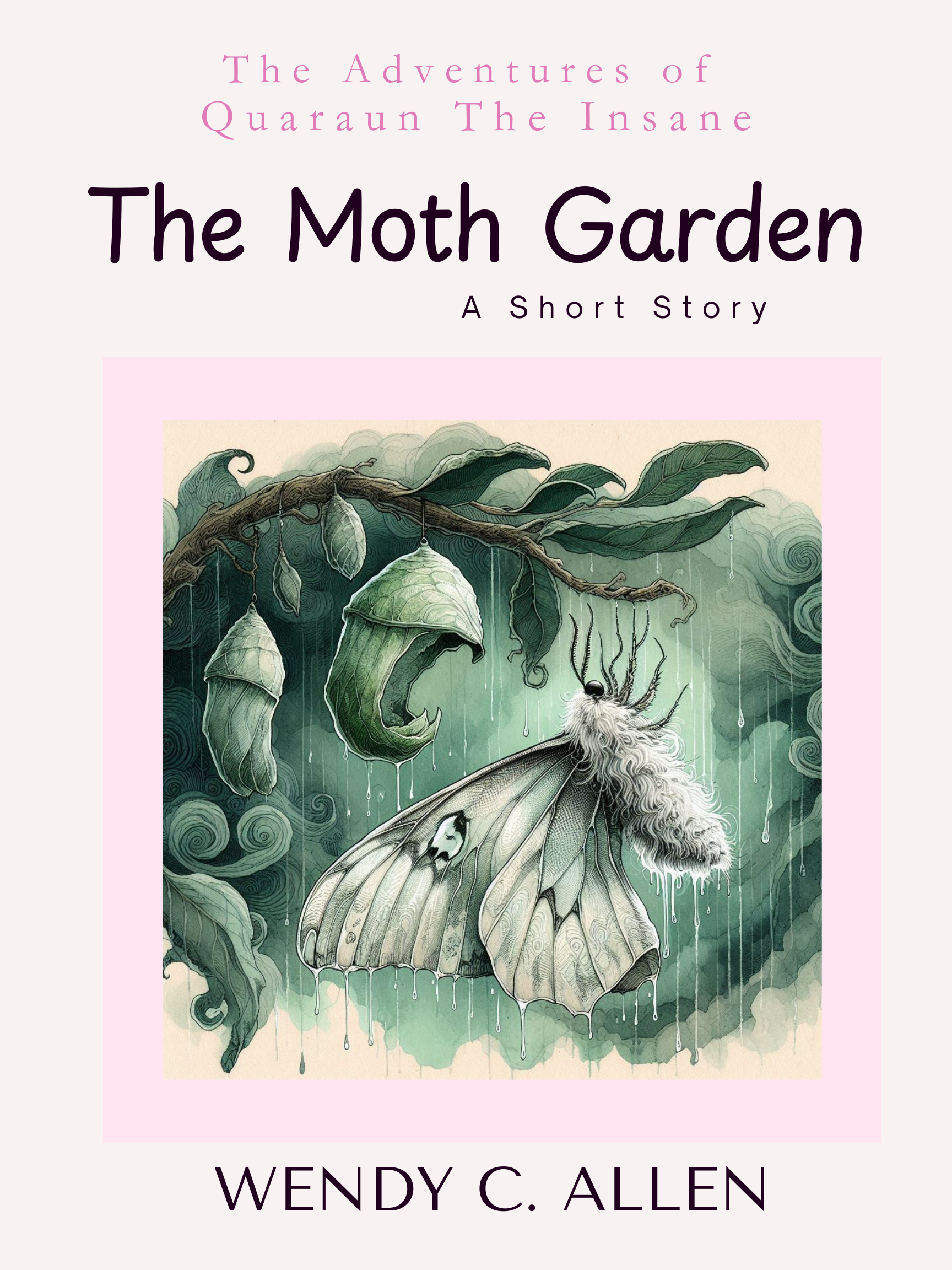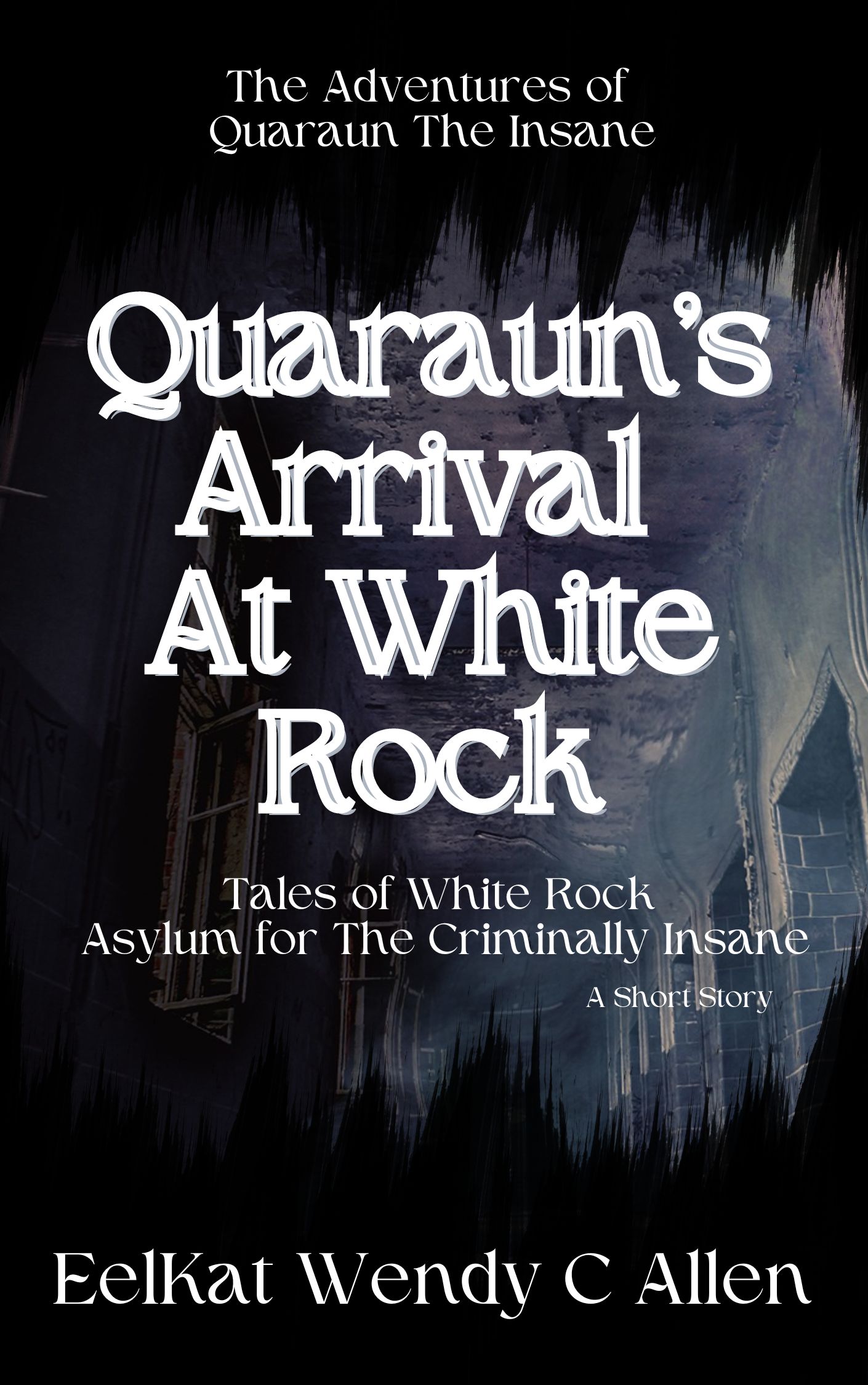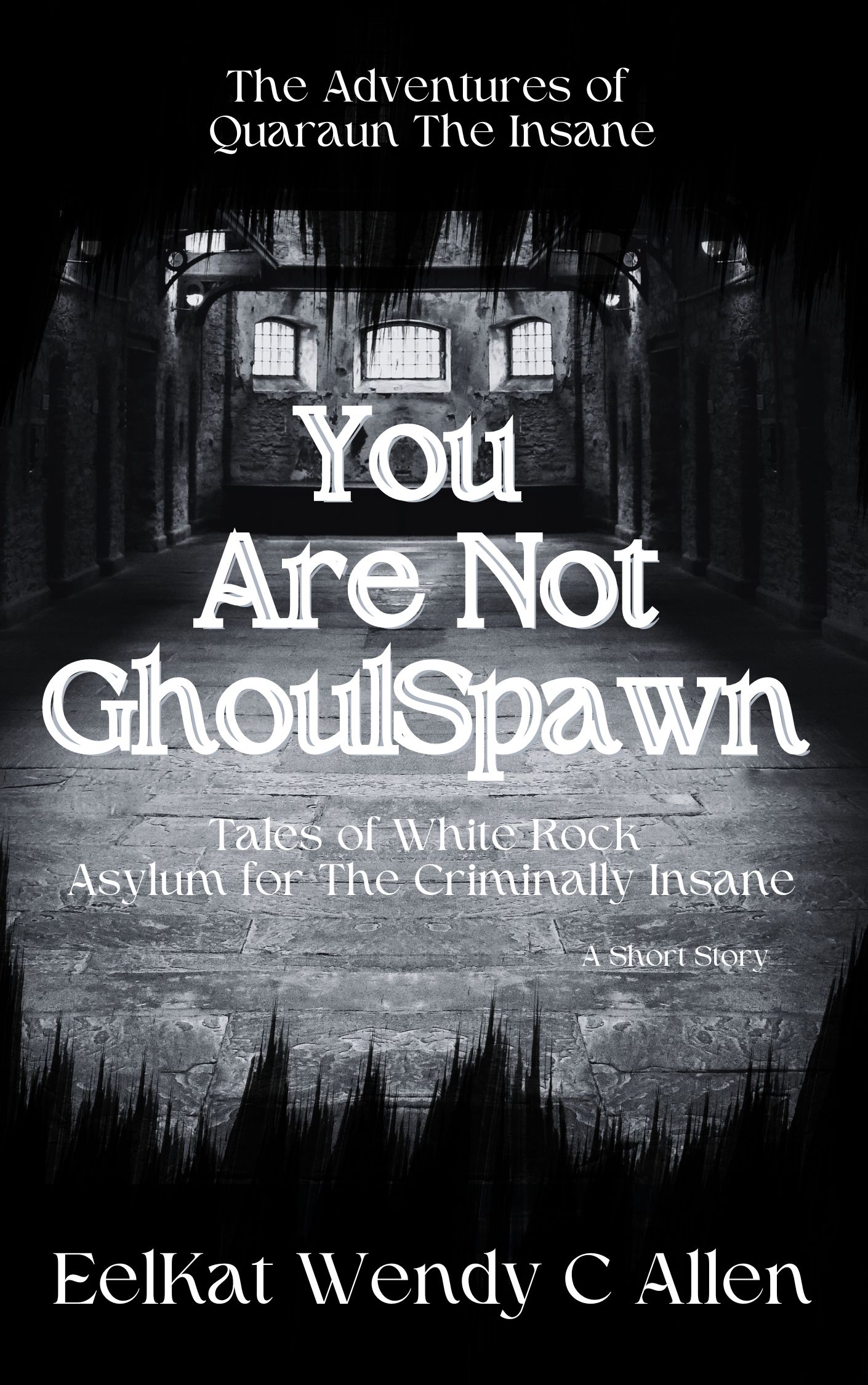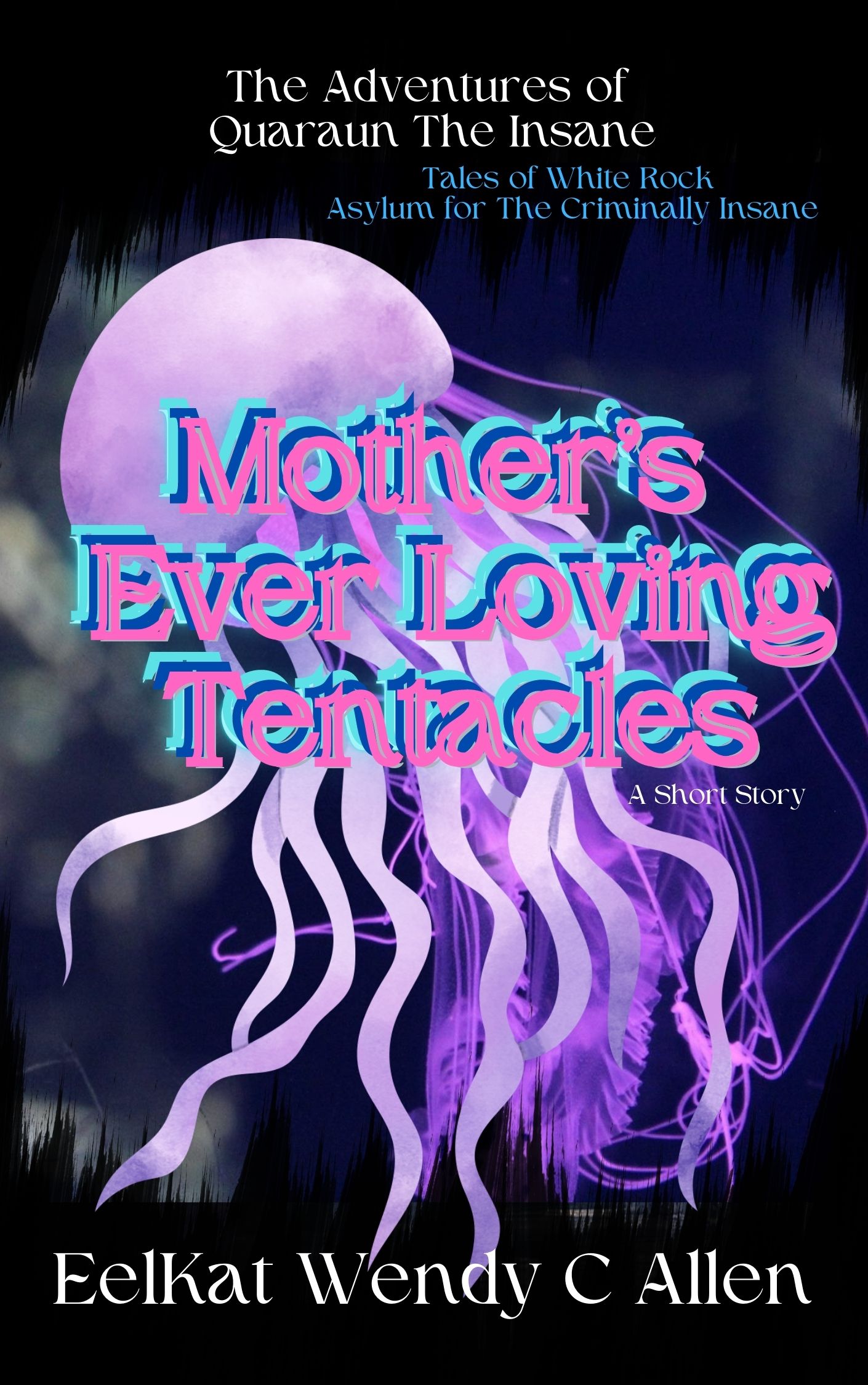Counting Down to the 2028 50th Anniversary of my first published book (September 23, 1978)
|
I am an author. I write Yaoi. This is my website. Yaoi means my main characters are gay lovers. If that bothers you, you're on the wrong website. Sorry.  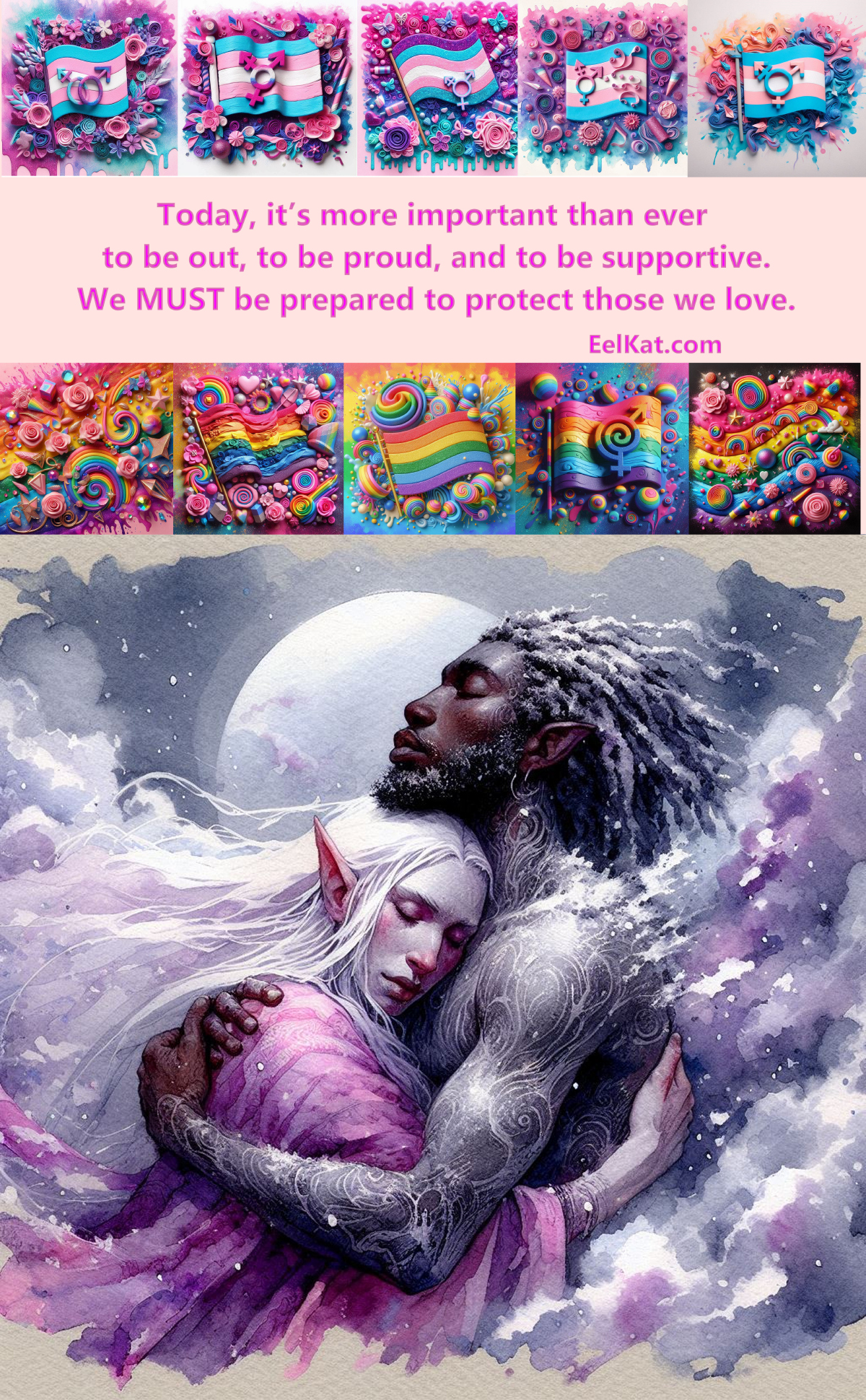 Transman Quaraun (The Pink Necromancer) and his husband King Gwallmaic (aka BoomFuzzy the Unicorn) King of The UnSeelie Court. Main characters of The Adventures of The Pink Necromancer series. Transman Quaraun (The Pink Necromancer) and his husband King Gwallmaic (aka BoomFuzzy the Unicorn) King of The UnSeelie Court. Main characters of The Adventures of The Pink Necromancer series.
|
This website is a safe zone for LGBTQAI+, pagans, polys, trans, neurodivergent, disabled, mobile aid user, minority, cosplayers, otherkin, furries, & BIOPIC communities.
If you are a hater, you can go fuck yourself.
Happy 2026!
It is our 30th anniversary here at Space Dock 13!
On the web since 1996!
You have encountered an extremely old website that continues to exist in old web ways, the same way it has done for now three decades.
In spite of being now 30 years old this year, started in 1996, it is still heavily active and old pages updated daily, new pages added daily, still now in 2026. All hand written, all hand coded (no AI), all by me, same as it ever was.
We Still Exist: The Old Web Did Not Go Away, You Just Forgot How To Find Us
|
This site was NOT designed for mobile devices (as they had not been invented yet when I created it) thus this site looks best on a computer, at 1280x768 or above. |
This is a very old website created in 1996, so, yes, javascript is needed for the site to work as it should. If things don't function, you may need to update javascript drivers on your device |
This site tries to be mobile friendly but it's been online since 1996, so old pages may not load right on mobile devices, and as this site has had pages added near daily for 30 years there are now over 20k pages here. |
Having started out in life as a GeoCities site, this site contains glitter, bright colours, blinkies, moving gifs, and other things the old web was known for. |
How To Write Short Stories
or
A Look At How I Write My Short Stories
Home
/
EelKat's Guide to Writing Genre Fiction
/
How To Write Short Stories
What's your step by step process of writing short stories?
>>>What's your step by step process of writing short stories? Im trying to get back into writing in my free time, it's been a while since I've fully wrote out stories but I really enjoyed doing it back then. Was wondering if writers have step by step process they follow from start to finish, something as simple as how many drafts you do for each story or outlining each Act of your story.
For me, I don't plan or outline at all. I have a set of characters and a world and whenever I get a thought that goes like this: "I wonder what would happen if Character A encountered Monster Z in Location T?" And I write said character traveling to said location and encountering that monster. I'll throw in 2 or 3 other characters to travel with them. I'll drop in a few obstacles like: "What if they stopped at Tavern Y for the night and a random thief stole their money pouch so they can't pay for the room?"
I should probably point out that I created the world - an entire universe, with multiple inhabited solar systems, and detailed continent/country/city maps for each planet, and a data base of around 750 fully fleshed out characters, each with their own 3 ring binder of details. I created all of that back in the late 1970s/early 1980s, and have published 130+ novels and 2,000+ short stories all set in that world and featuring those characters. And I get my encounter ideas from Dungeons and Dragons game guides

So there is no world building or character creating going on NOW nearly 50 years later, but when I first started, I spent about 10 years world building and character creating and writing up character backstory/world history/lore before I wrote a single story.
So while I don't do any outline and worldbuilding and character creating when I write my stories, that doesn't mean I didn't already do that stuff years ago.
In the end, the process of writing each story (both the short stories and the novels) is very similar to playing a DnD campaign. It's like I'm the DM and the characters are the players. Literally. I do dice rolls and consult game charts to determine which monsters they encounter, which area they will go to, etc.
Because I do it this way, the act of writing is incredibly entertaining. I never know where the story is going to go. It's a complete adventure to see what will happen next. This is also why I write so fast and in turn publish so much. Usually I publish 3 to 5 short stories (10k to 25k words each) each month and 3 to 4 novels (80k to 150k words each) per year. I had to keep writing to find out what the characters will do next, so I never run into writer's block and just keep writing and writing.
I know this very scatterbrained, unplanned method of just write and see where the story goes, won't work for everyone, but I think if I was to try to plan and plot and outline, I'd probably get bored with writing and struggle with writer's block. I'm not well suited to the outline method of writing. I've tried outlining stories before and I've never been able to finish any story that I started with an outline.
They barely get any editing before publishing either. I type them up in EditPad7, then use LibreOffice to spell check, than use ProWritingAid to spell check again and grammar check, then look for an image on BigStockPhotos to buy the book cover rights too and use ChasyDraw to make a book cover. Buy an ISBN (I buy them bulk in 100 packs because I publish so much so often) I have templates I made years ago for various publishing methods (Kindle, Kindle PaperBack, LuLu, LuLu Hardcover, SmashWords, etc). I drop the draft into the template I plan to use, create the copyright/ISBN/info page. Publish. Done.
Of course this method is not without it's drawbacks. I'll often get more bad reviews than good reviews with readers saying the stories feel unstructured and meandering. I did one story where the whole thing was nothing but the characters hiking and hiking and hiking and hiking and they FINALLY got to the location and I just ended the story there - and it got slaughtered in the reviews because readers felt the story should have been what happened after they arrived, not the long hiking trip and ending soon as they arrived. And my response is just, well, the story was about the trip not the place they were going to.
Thing is, even though I get a higher rate of bad reviews than what most would consider normal, I don't change my stories, I keep writing them this way, because for me, the reward is the fun I have while I'm writing them. If readers like them, great, if not, oh well, at least I had fun writing it.
My writing style and the end result published stories are definitely not for every author or every reader. If someone was looking to have a more serious writing career, writing for the market to live full time off their writing, they'd probably want to look at what I do as a lesson in what NOT to do, LOL!
But, I have fun writing what I write the way I write it and even though most people call it bad writing, it has it's fans who enjoy it too, and in the end for me, that's what matters. I had fun writing it and a few people have fun reading it.
I'm going to put this one here because while a lot of people talk about pricing novels, not many people talk about pricing short stories.
How do you price your book?
>>>How do you price your book? I am doing fantasy and it's my first work therefore it hasn't a lot of pages. How do I calculate the price for it? Is it by pages by genre or is it always just a dollar? I am new to this whole stuff so I thought it is similar to game prices that are by gameplay time, thus the price for my book should be the reading time. Anyway, I got confused since some books on Amazon are less than a dollar and are longer than my book that's why I got confused
I make it simple on myself, by just pricing everything the same based on what the size/word count of book it is:
ebooks:
* .99c for flash fiction (1,000 words)
* $1.99 for short-short stories & short story collections (up to 10,000 words)
* $2.99 for short stories & short story collections (up to 50,000 words)
* $4.99 for short novels & short story collections (up to 100,000 words)
* $7.99 for long novels & short story collections (up to 200,000 words)
paperbacks (9x6" matte covers):
* $4.99 for short-short stories & short story collections (up to 10,000 words)
* $7.99 for short stories & short story collections (up to 50,000 words)
* $9.99 for short novels & short story collections (up to 100,000 words)
* $12.99 for long novels & short story collections (up to 200,000 words)
hardcovers (9x6"):
* $14.99 for short stories & short story collections (up to 50,000 words)
* $19.99 for short novels & short story collections (up to 100,000 words)
* $24.99 for long novels & short story collections (up to 200,000 words)
I based this off looking at how much I personally am willing to pay for each. On average, how much DO I personally pay for books I buy in each category? Than priced my books in the same range. I figured, my readers are likely the same age range/income bracket/demographic/mind set as me, so they won't mind paying these prices.
I use this same chart for all 15 of my pennames (I have a different penname for each genre. Fantasy has one name, Romance has a different name, etc.), and all publishing places (Kindle, Lulu, SmashWords, and Morris Press are the 4 I use)
I do the same for fiction, non-fiction, and serials (I write all 3).
I know a lot of people do the sliding scale method based on volume number, that way each volume in the series is a dollar higher than the last volume (Volume 1 = free, vol 2 = .99
c, vol 3 = $1.99, vol 4 = $2.99, vol 5 = $3.99, all vols 6+ $4.99) but I know that personally, as an avid reader of serials, I NEVER buy a serial priced this way just because it feels like the author is trying to scam me. And I figure, if I as a reader wouldn't buy it, than I'm not going to do it to my books.
I've also noticed that, as a buyer, I stay away from cheap priced books. My mind seems to default to thinking: "If the author thinks their work is so shitty they price it for only .99c when others in this size/genre are prices at $5.99, is the .99c really worth it?" I know maybe it seems odd, but I always end up thinking that the "dollar bin books" are somehow inferior, like the author knew it was poorly edited and full of grammar errors so they didn't bother to price it competitively with similar trade pubbed books. And I think: "Well, if the author doesn't think it's worth $7.99 but everyone else's like this one is $7.99, then why should I buy it? If the author has no confidence in their work, I'm not going to waste my money."
If you've read many pages on this site, you'll quickly notice a trend, where I am often annoyed by low self esteem authors with no self worth and no confidence in their book. If you ain't got enough confidence to compete, than get off the fucking track and let the real authors through.
If you want to write for a hobby and be read but not feed your family, than go post it WattPad or FanFiction.net. You ain't got no business posting it for sale on Amazon if you don't have enough confidence in it to price it in the same price range as your trade pubbed competition. If your book is for sale, it ain't a hobby anymore. Now it's your job. Treat it like your job. Once you start listing books for sale, this is your 9 to 5. If you wanted writing to stay a hobby, you shouldn't have listed it on Amazon.
FAQs: How did you become a #1 best seller on Amazon? What's the secret to getting sales? You don't even write for the market. Your series is so weird, how did you even get people to buy it?
1: Don't publish anything that isn't worthy of being published. Have a story to tell, have multi-faceted, fully fleshed out, believable characters, be an expert in perfect grammar, and edit, edit, edit, edit, and when you think you are done editing, edit it at least 3 more time.
2: Hard work. Unless you are willing to invest time, money, and hard work into your writing, you won't make a penny. Don't expect to slap it on Amazon and suddenly have sales. You'll need to do marketing, get listed on BookBub.
3: BookBub - yes - BookBub where you pay $500 to $2,000 or more PER DAY for advertising. That is HOW BoomFuzzy got 10,000 sales within the first hour of going on Amazon, and went on to get the #1 most sales that year and the following year of any other novel in the Gay Romance category. I couldn't have gotten numbers like that without BookBub.
That's where the $12k came from to build The Dazzling Razzberry, from 1 day of sales of the BoomFuzzy novel.
But it cost $2k in marketing to make that $12k.
4: Believe in yourself. Believe in your work. Self confidence goes a long ways. If you constantly second guess yourself, your skill, your writing, you'll never make the attempt to push forward, you'll always cower in the shadows, you'll never put your work out there. You'll never take risks. You'll never spend big bucks on big advertising.
Publishing something you wrote, it's big, it's scary, and studies say that 97% of all people to START to write a novel, never finish, because they are too scared of what others might think. If I wasted my time worrying what others might think, I wouldn't have a #1 Bestseller under my belt, would I?
If you don't believe in yourself, your abilities, your work, you've already killed your career.
You can't just slap a book up on Amazon and make money. You have to work for it. And if you don't believe in yourself and your books, you'll never have the confidence to put your work out there.
You have to risk failure in order to succeed.
A lot of my books, for a lot of years, were considered failures. Low sales, a lot of bad reviews, never followed market trends. But I kept going, because I believed in myself, I believed in my work, I didn't let naysayers hold me back.
If you ain't willing to put put in long hours, stay persistent even in face of failure, and cough up a lot of money up front, you won't be able to live full time off your writing no matter what you write.
5: Treat it like a job, because it is. This isn't something that you do on a whim. It's a planned business decision because anyone who is publishing is, inherently, a small-business owner. You have to treat it like a job or you will fail. There is no way around that.
If you treat it like a hobby, it'll be a hobby forever.
If you want to make a career out of writing, you need to give yourself office hours, treat it like your 9 to 5. Do it 5 days a week, 8 hours a day, just like ay other job. Have lunch breaks, take weekends off.
I treat it like a job, because it IS my job.
I publish a lot, because I write a lot, and I write a lot, because I set aside 8 hours every day, 5 days a week, with one 45 minute lunch break, to do nothing but write short stories and novels.
This is my job. This is what I do to pay the bills. And if I did not take my writing seriously and treat it like a job, it wouldn't pay the bills.
Being a career author, is a job where you really do get back out of it, depending on how much work you put in it. If you goof off and publish one novel a year, you won't live full time off your writing. I publish 1 to 3 short stories every week, 2 to 3 non fiction articles every day, an 4 to 6 full length novels every year. And I do that because this is my career and I treat writing like a career.
If you want your writing to go somewhere and be something, than you need to actively take your writing seriously.
And that is why I price my work the way I do.
Perhaps it's a weird way of thinking and maybe I've missed out on some good stuff, but I just can't bring myself to buy the .99c and $1.99 novels.
So my whole method for creating this chart was to ask myself: "When I buy this type of book, what do I willingly pay? What price makes me not buy it because it's "too much"? What price makes me not buy it because it's "too cheap"?"
Now, I found a Reddit post that, probably I should comment on in my "People who don't write giving bad advice to writers" page, but, the advice is not all bad, though if you are a career author, an author who has been multi published, you can see why this advice is VERY BAD advice.
It is advice on how to write, written by someone who starts right out by saying they've never written anything, than moving on into a top 20 list of things writers should do... and well... uhm... yeah...
Every author worth their salt will read this list and know immediately that it's written by someone with NO CLUE what the process of writing a novel is like.
And yes, I releasing this page is for short story writers and not novel writers, and this list of tips was intended for writing a novel, but, as I said, this is VERY bad advice for anyone looking to write a novel, and if you click the link in the imbedded post, you will see that this post was published only 4 minutes ago (for me right now on Sunday, May 30, 2021) and it already has a mass slaughter of angry authors, angry novelists, and angry career writers bitching in enraged fury at the writer of this opening post (OP)
No doubt as this day goes on, even mod infuriated authors will lash out their hate for this list of tips. In fact, I would expect the mods to probably end up stepping in and deleting some of the posts or even deleting the entire thread, as tensions are high in the comments and some of the comments are openly and unjustly hostile.
Because the posters in the comments are so hostile, I'm not posting my reply there
If you want to see more details on why this list of tips is BAD advice, click the link to the post and read the flurry of hate comments under it. You'll quickly see why these authors are upset, why this list is bad advice, and why people new to writing shouldn't be on Reddit giving writing advice to authors when they've never written a novel themselves.
That said, the advice isn't INTENDED to be bad advice. The OP clearly was trying to be helpful. But having never written a novel for publication, they are incapable of seeing why their advice is so bad or why they are receiving this mass onslaught of hate.
AND, it's not necessarily BAD advice. It's actually quite good advice for writer's overall, it's just not the BEST advice for someone looking to make a CAREER of being a PUBLISHED author of novels.
That said, their advice is actually, quite good for short story writers, NOT so much novelists, and after you read what they wrote (see embed code below) I will make a line by line explanation of why I think their advice is actually GOOD, even though it's a bit misguided. So here is the embed code for what they wrote. Click the link to read it, and I'll see you again after.
tips and tricks for Writing
Okay, so, here, have yourself a look at a look it in whole and see if you can't figure out why all the published career authors in the comments are up in arms and ready to lynch this OP?
>>>First of all,i am no expert and i haven't published anything yet,what i am going to put in here is what i personally do and use for writing .Hope it helps you all:
>>>0.Do it for yourself and take your time:and later if you feel like it publish it, creativity before money unless u dedicate yourself full time but still.Just enjoy it and don't force yourself.Writing like many things is and art(the expression or application of human creative skill and imagination, typically in a visual form such as painting or sculpture, producing works to be appreciated primarily for their beauty or emotional power) and you'll need to take your time to shape it and polish it into what you desire it to be.
>>>1.Shower or Bath :they are both good but...what is a shower without something to write the cool ideas that go through your head during that time?.I recommend you take a notebook(small or big) and a pencil and write them you may end up wasting cool concepts and ideas without them.And can write for literall hours inside of there without feeling burned out(if u have time)
>>>2.Paper and pencil:You'll be more focus and less distracted and your ideas will flow like thay are meant to(you can correct them later).
>>>3.Ideas:Write everything you consider worth it for your story and get rid or save the ones you don't consider worth using(for that story,save them for another).
>>>4.Lore and World-Building:The most important two as without this two you will have nothing more than a flat,shallow,empty boring world. Take your time to develop this two as they are the main ones that will defined your world and characters that are leaving on it.
>>>5.Plot:if u don't want to go blind and be like 'now what do i do i am stuck' or 'where do i take my characters now' and many more.First of structure your plot in a big simple scheme,it dosn't have to be a big deal as long as you understand it.Once you done that write subplots inside that scheme(act 1:subplot x,y,z... etc have in account that this is where your story and character will go so plan it well every single detail).For example,let's say you put war(As act 1),then you will have to put something like this(within another point inside the Act 1,lets call it negotiations(subplot) for example):
>>>-Character development.( inside it or with lines,conversation 1,go to point 2 etc.And write on these points what you want it or how you want to go and develpp) -Conversation.( same as first use as many subplots as you need)
>>>And focus in making the development and conversations you want,this way your story and world will become more structured and solid.Eorks for your world too.You can put as many as you want or need as long as it is solid.
>>>6.Character and its development:Do a simple scheme of how you want it to be and follow it puting the points like stated in five,also be carefull with the age.As for its development you can change the character scheme a little(example proud to humble or conscious because of...) through the story and apply it carefully. But as always you will need to have it all planned out so you don't go blind in his/ her development and story.
>>>7.Draw: this will boost your creativity a lot as well as give you ideas for many characters you can write stories of or about, plus you will relax your mind and pribably enjoy it a lot. You don't have to be a picasso i litterally started drawing like three months ago and created about fourty characters just by drawing(back stories included).
>>>8.Writing on a secondary lenguage: read a lot of it and take notes if you needed and use a dictionary,it will help you a lot plus boost your vocabulary.
>>>9.Diaologue and actions within the world: You need to have fully polished points 4 and 5 as well as 6 remember that you have to be the literal character and feel how he/ she will feel during that time as well as how he/ she will act in certain situations(use the character scheme/plot scheme).Reading theatre aldo helps
>>>10.Country contrasts/realm contrasts and differences:Use the intro for this in case your character is going to be travelling a lot and focus a lot in the rules,culture of the realm and the atmosphere it has.
>>>11.Poetry: it helps a lot to ease the main and describe things with a different more beautifull tone and it helps for hardcore and explicit scenes(in case you want to write that kinda stuff) as well as making your stories flawless and beautifull.
>>>poetic ballads etc and prose for the rest i also meant that you don't necesarly have to use it aside poetry itself but it can give you another point of view which you can implement into your stories(not in poetic lenguage,might be what you have misunderstood). Just diferently.I also meant to say that it hwlps a lot in the use of metaphors,giving you another different point of view and helps you develop your capacity to describe things further.
>>>12.Word repetition:Be carefull with this as it hurts the story and the readers experience a lot to get rid of this focus a lot in points four,eight,eleven and five.It will help you get rid of this and make it flawless.
>>>13.Prologue and start up problems:Don't be bother much with it as it may change a lot(personall example here:when i first wrote the prologue of what was to become my story it was awfull.The ideas where great but it lacked a plot,world and lore to back it up,i have wrote it twice since then.The second one around four months ago and the last one a few weeks ago. The difference?:the first was awfull,the second had some lore and world to back it up but was missing the plot. As for the last one was almost perfect it had the lore,the world and a plot that made sense and will surely keep you reading. How did i do it?i took my time,did the points from above planned some things here and there and it worked. So don't be scare if it your prologue dosn't flow like you meant at first,pribably you are missing some of the above points like i did.
>>>14.Person/Character POV:I recomend using third for both thoughts and,feelings and actions,is the easiest to use besides first.Anyway use what you feel comfortable with.
>>>15.Visions/character dream description: easy peasy,i had seen some author use "this" instead of 'this' or even a line when the text ended.Something like this —. Let's say your character goes to sleep on a cold night,you can either start with "this" if it is all well described and planned or a line— if u feel more comfortable.Up to you as long as it is understandable and flows with the story.
>>>16.Intro of magical creature to main character or reader:For this one i recommend you mention the being yo want introduce discretly at firts and then go more in depth. You can use either your own legends+lore+books(the main character reads) and later on when you feel prepared introduce it more in depth. Using ither characters riding/fighting it and have in mind that in your legends and lore( books) you will be describing it + the cualities and abilities of it ,the rest is a cool intro/fight and you are done.
>>>17.Character flaws:Don,'t make your character op and without flaws and defects(not from the begining at least) instead use them to give more depth and personality to it.
>>>18.Dreams: i was quite skeptical about putting this one in here, cause maybe some of you'll consider it cheating. But here it goes: you know when you wake up and have that feeling of 'dammit that was a great dream, i would have really like to remmember or write about it'. Well,It is what i do,if i have some cool dream that i might be able to apply it to my story i write it as fast as i can so the magic of that story wont leave and i might be able to keep it and eventually tell others. I write it as and sketch(detailed enough that i remember it all)that i use to bring me back there, and then is just simply waiting and eventually write it as it was when i had it.
>>>This is what i do and use, you may agree or disagree,that's completely normal and this is nothing more than,as said before,what i use and do.And my opinion. I am no pro or anything and i write because i enjoy the feeling of making,creating and exploring a mythical world of my own.
>>>I didn't meant to offend you or anythig.And as i said before this is what i use,you do what you like/how you like +you can write for yourself ad as a hobby instead of for money and there wouldn't be anything wrong about it.Right? I disagree with you in that writing isn't and art(like many other things it requires skill and creativity),here you have the def:the expression or application of human creative skill and imagination, typically in a visual form such as painting or sculpture, producing works to be appreciated primarily for their beauty or emotional power. As you can see it can be applied to writing too as writing uses both creativity and emotional power(aka:characters emotions etc). And i never said you have to go screaming hey look art that's bs,but it is art one way or another.
>>>That's what i meant to say,poetic ballads etc and prose for the rest i also meant that you don't necesarly have to use it aside poetry itself but it can give you another point of view which you can implement into your stories(not in poetic lenguage,might be what you have misunderstood). Just diferently.I also meant to say that it hwlps a lot in the use of metaphors,giving you another different point of view and helps you develop your capacity to describe things further.
I almost get the feeling that the OP wrote this in another language, than sent it through Google Translate, and had no way to check if Google translated it correctly or not.
This is so far above and beyond bad grammar, that I don't even know where to begin.
Half the time the words are clearly wrong and obviously spit out of a translating bot that wasn't programed properly. Other times the entire sentence is messed up so bad that it's not even readable on any level of logic whatsoever.
And they are trying to give advice here.
The advice itself isn't nessacarily bad, but the formatting, presentation, utter lack of presentation, and mix of untranslatable gibberish is horrific to the point of being barely legible at all.
Okay, you can see why all the published authors are jumping on the hate train for the OP giving advice.
Uhm, can any one say: grammar?
First, why does the list start at 0?
Next, why are there no spaces between ends and beginnings of anything?
And the more you read, the worse the grammar gets.
I have Autism, actual Autism, Kanner's Syndrome, not Asperger's. My brain focuses heavily on rules and laws and adhering to them religiously. Mistakes, errors, breaking rules, evading laws, these things all send of massively painful zapping trigger shock spikes through my brain, causing painful headaches. Physical, mind numbing pain. As such it hurts tremendously to attempt to read this list of tip, because there is absolutely, not one shred of any attempt to use any level of grammar on any level at all, whatsoever.
This is someone who couldn't write a proper sentence, let alone a proper paragraph to save their life, and they are attempting to give writing advice to a forum that it made up largely of professional published career authors who make a living publishing 4 to 6 novels a year for big house publishers. This is NOT a forum for beginning writers or self publishers or fan fiction writers or people looking to write for fun in their spare time. No. This is a forum for people who do this as their full time job. These people pay their bills by writing and publishing professional grade work.
Now if the OP had posted these tips on a forum for fanfiction writers or self publishers, they'd likely be getting endless praise for how great this list is. So you can see, by reading the comments, the vast difference in feedback you get when you post something like this in fanfic forums vs pro-writer forums.
Fanfic forums and self-pubber forums are riddled with people who can't tell their ass from a hole in the ground any better than they can tell a period from a capital letter. They don't know shit about grammar rules, they think they shit gold bricks on the page, and they bitch and moan that big house publishers reject their work because big house publishers don't know what art looks like. No... big house publishers know that your writing in illiterate because you are illiterate and you'll never be published because you are too busy patting yourself on the back for writing great art, to notice that your grammar sucks balls.
Now, my goal for this page, is to teach you how to write short stories, or rather teach you how I write short stories, right? So, why do I start out commenting on this list of tips, by pointing out the shitty ass grammar?
Because the #1 tip on EVERY become a better writer list, should ALWAYS be learn correct and proper Grammar rules.
Even if you have no intention of ever getting published at all, you should learn good grammar, just so you can be understood by any friends or family who read it.
And often when I advice new writers to get better at grammar, they whine "I don't have time!"
Well, honey, if you don't have time to learn correct and proper grammar skills, than you certainly don't have time to write either, so, do every one a favor and quit now.
No one wants to read a story written in shitty ass grammar, because they is no enjoyment in rereading a sentence 10 times to try to figure out what the fuck the author is trying to say.
Good grammar makes it easy for readers to understand what you are saying and in turn causes them to enjoy the story. And in the end, shouldn't that be a writer's primary goal: to write an enjoyable story?
The fact remains... it doesn't matter if you are writing novels or short stories, you still need to have good grammar skills, if you want anything you write to be taken seriously.
And if you are reading their post and you are see incompetently illiterate yourself, that you can't see what the fuck they did wrong, please, stop EVERYTHING you are writing. Stop every writing project right now, and go take some grammar classes and learn what the fuck grammar is and how to use it properly.
Before we go any further I am going to give you some Amazon links to Grammar books. Buy some of them and use them to improve your grammar skills, before you make an attempt to start your next writing project.
FAQs: What books do you use to look up English Grammar rules?
You probably won't like this, but I am constantly practicing English Grammar, by daily doing High School Grammar lessons. I diagram 100 sentence a day and have done so since 1996.
Yes. While you all want the instant quick answer to writing rules, so you skip school and take the easy way out, I go through an entire High School manual in a couple of weeks, and when I get to the end I start over again.
I didn't have the luxury of going to school like you did, so I had no choice but to teach myself. I did the entire ABeka Grammar series starting from Grade 4 to Grade 12, then repeated it starting at Grade 7 to 12, and repeat it from Grade 7 to Grade 12, continually ever since. It takes me about 8 months to complete all 5 years' worth of textbooks. And when I reach the end, I start over again, and when I reach the end again, I start over again.
When I say I constantly practice English Grammar, I mean what I say and I actually practice English Grammar and I find it quiet annoying when school-skipping idiots respond to that by saying: "But I write every day and I never improve."
Did I tell you to write every day? No. I most certainly did not. I told you to practice English Grammar. There's a hell of a big difference.
Practice makes perfect. If you want to perfect your writing skills, you must first perfect your Grammar skills. If you continually write without knowing your errors, you only practice the art of writing errors and perfect the art of writing errors perfectly incorrect.
You will never be a skilled writer if you are not first skilled at Grammar.
Before you can practice writing, you must first practice Grammar.
I've not listed all the books below as there are so many. Each grade consists of a set of books:
* The Student Textbook
* The Teacher's Manual
* A Student WorkBook
* A Teacher's WorkBook Answer Key
* A Student Tests and Quizzes Book
* A Spelling, Vocabulary, and Poetry Manual
* A Teacher's Answer Key For The Spelling Book
* A Reading/Literature Student TextBook
* The Reading/Literature Teacher's Manual
* A Student WorkBook For Reading/Literature
* A Teacher's WorkBook Answer Key For Reading/Literature
* A Student Tests and Quizzes Book For Reading/Literature
Each book costs between $40 to $70, average that to $50 x 12 books per grade = around $600 per grade, times 5 grades (Grade 7 to Grade 12) = around $7,200 to buy the entire set of books and complete all 5 years from Grade 7 to Grade 12... so, you'll need to dish out quite a bit of money if you seek to gain the same writing skill I have using the same method I use to practice Grammar.
Do note that ABeka books are considered to be 4 grades ahead of the grade listed. For example, what ABeka book teaches in 4th Grade is what is taught in 8th Grade in Public Schools, while the12th Grade books is a college level. ABeka books are not used in standard public schools, they are used by private schools that specialize in teaching gifted/child prodigies that are too far ahead of their age group to be taught at a normal grade range.
Moving on...
No. I can't move on. The grammar is craptastic on levels I have never seen before. If we intend to respond to this we first need to be able to ACTUALLY READ what was written, not spend and hour reading and rereading each line trying to figure out what the fuck you are trying to say.
>>>First of all,i am no expert and i haven't published anything yet,what i am going to put in here is what i personally do and use for writing .Hope it helps you all:
If this is an example of your writing, I guarantee, you will NEVER be published either. I'm sorry, but, you need a reality check here.
Let me show you why. You wrote:
>>>First of all,i am no expert and i haven't published anything yet,what i am going to put in here is what i personally do and use for writing .Hope it helps you all:
...and you SHOULD have written:
>>>First, I am not a professional. I have published nothing yet. What I am going to recommend here is what I do when writing. I hope it will help all of you.
^THIS is why you will never be published.
>>>0.Do it for yourself and take your time:and later if you feel like it publish it, creativity before money unless u dedicate yourself full time but still.Just enjoy it and don't force yourself.Writing like many things is and art(the expression or application of human creative skill and imagination, typically in a visual form such as painting or sculpture, producing works to be appreciated primarily for their beauty or emotional power) and you'll need to take your time to shape it and polish it into what you desire it to be.
I can barely read this. Let's do what we did for the first line, for this and the rest as well.
You wrote this:
>>>0.Do it for yourself and take your time:and later if you feel like it publish it, creativity before money unless u dedicate yourself full time but still.Just enjoy it and don't force yourself.Writing like many things is and art(the expression or application of human creative skill and imagination, typically in a visual form such as painting or sculpture, producing works to be appreciated primarily for their beauty or emotional power) and you'll need to take your time to shape it and polish it into what you desire it to be.
...and you SHOULD have written:
There, now I can read it and answer it, because now I can tell what it says.
>>>1: Write for yourself. Take your time, and later if you feel like it, publish it. Creativity before money, unless you writing is your job. Still, just enjoy it. Don’t force yourself. Writing is an art. Art is the expression. Art is the application of human creative skill and imagination, in a visual form such as painting or sculpture. Art produces work to be appreciated for its beauty or power to influence emotion. You need to take your time to develop your skills and polish it into what you want it to be.
If you intend you call yourself a writer, you NEED to become the master of words. You MUST learn how to use words properly. Art is good and all yes. But art without structure is nothing but a heaping pile of shit.
You wrote this:
>>>1.Shower or Bath :they are both good but...what is a shower without something to write the cool ideas that go through your head during that time?.I recommend you take a notebook(small or big) and a pencil and write them you may end up wasting cool concepts and ideas without them.And can write for literall hours inside of there without feeling burned out(if u have time)
...and you SHOULD have written:
>>>2: Shower or Bath: Both are both good. What is a shower without something to write down the cool ideas that run through your brain? I recommend you bring a notepad and a pencil into the shower with you so you can write your ideas. You could waste wonderful concepts and ideas without these notes. You can write for hours in the shower without feeling burned out (if you have time).
There, now I can read it and answer it, because now I can tell what it says.
And yes, I know I'm seemingly wasting a lot of time on a how to write short stories page, editing this crappy as hell tips and tricks list, but, I want you see see why you need to master the art of good grammar even if you are writing only short stories and have no plans to write novels.
Far too often people think "It's ONLY a short story. Grammar doesn't matter because it's just practice for novels."
But the fact remains short stories far outsell novels. They always have. They always well. Busy people with busy lives often do not have the time to read a novel, but they can easily read a 10 page short story on their lunch break, a 5 page short story before bed, and an 7 page short story while they get ready for work in the morning.
This is why writers of short stories often make more money than novel writers.
Sure, one or two novelists make it big and live off their writing alone. Stephen King, JKRowling did - or rather - both were penniless for many years of writing - it was not until Carrie BECAME A MOVIE that Stephen King made money - off the movie - and Harry Potter was in it's 3rd volume before the movie came out and JKRowlings started to make money - FROM THE MOVIE, and... uhm... well, there are something around 20million currently living published authors and those are the only 2 big time "successful" ones who live fully off their writing alone without having to work 2 or 3 part time day jobs on the side, that I can think of off the top of my head.
Note too that Stephen King only earns 17% royalties (the highest royalty offered by any publishing house). With a $7.99 paperback cover price, that means he earns $1.35 per book sold. Most of his books only sell 100,000 copies. Meaning he only earns, $135k per book, NOT the mega millions newbie wannbe authors often attribute to his income.
Once in a while, AFTER it becomes a movie, a few of Stephen King's books get a spike in sales and will sell around 3million copies, but these are also mass market $2.99 paperbacks with a 14% royalty, meaning he earns only 0.41c per book sold, meaning for 3 million books sold he earns only: $1,255,800.
Yes over a million dollars, but usually 5 to 10 years AFTER the novel was published, and not a million all at once, but rather 0.41c at a time trickling in over a period of 20+ years... meaning her earns FROM HIS BOOKS around $62k a year. Yeah. Not quite as much as newbie wannbe authors think.
* Stephen King only makes around $62k per year FROM HIS BOOKS... his mega millions comes FROM HIS MOVIES NOT HIS NOVELS!
This is a reality check that MOST newbie writers don't consider.
They dream of becoming "the next Stephen King" but, the reality is, most full time short story writers make THE SAME INCOME PER YEAR as Stephen King does from his novels.
If you want to be "the next Stephen King", you need to be writing MOVIES not novels. It's from his movies NOT HIS NOVELS that he makes the millions you lust after earning.
* The average author, is assigned a 2% to 4% royalty, BUT the average author also NEVER earns out their advance and NEVER earns royalties at all, so the $1k to $2k advance is ALL they make EVER in the lifetime of their novel.
And yet, most short story writers DO live full time off just their writing alone and unlike novelists rarely require a part time day job to help them get by.
Here are some things to consider:
* Very few writers, novelists or short stories, are household names.
* Fewer than 1 in every 2 million published authors is either famous or a household name.
* Yet MOST wannabe newbie writers, dream of becoming writers, specifically BECAUSE they want to become a household name.
* Because they dream of BECOMING FAMOUS rather than write for the love of writing, somewhere around 97% of all people who START to write a novel, will never finish it.
* Fewer than 1% of all people who START to write a novel will ever publish it even if they do finish the first draft.
* More than 80% of all people who dream of becoming writers, spend on average 10 years world building and drawing pictures of character, BEFORE they START to write a novel. 94% of these same people will quit their writing career at around 10,000 words, or about half way into writing the 3rd chapter of their novel, which is when it hits them that they like the IDEA of being a writer, but don't love the ACT of actually writing.
* Writing is not easy. Writing is a lot of work. Writing takes a lot of time. If you don't have a minimum of 5 hours of free time each week, that you can set aside to write, than you don't have enough time to write a novel.
* Only 7% of American high school students graduate with a working knowledge of the type of grammar skills required to become a published author.
* Excluding the ultra-rare, mega-famous flukes like Stephen King and JkRowling, the highest paid and most famous authors in trade publishing, are Harlequin Romance authors, who are locked into a contract that REQUIRES them to write/publish 6 novels per year. They are paid on average $2,400 per novel, earning them an insanely HIGH author income of $14,400 a year... which is more than 50% BELOW the American poverty level. And THESE are the highest paid authors on the planet.
* On the other hand short story writers publish on average 1 to 3 stories EACH WEEK and are paid $100 to $1,000 per story (depending on the magazine) if trade published or around $100 per month per story is self published on Amazon. Earning them an income of $5,200 to $52,000 per year depending on how many stories they publish each week, to what market, and how large their fan base is.
* The average trade published novel author will never sell more than 10,000 copies of ALL of their novels combined, during their lifetime.
* The average self published novel author will never sell more than 1,000 copies of ALL of their novels combined, during their lifetime.
* Only THREE (3) self-published Kindle novel authors have EVER sold 1million copies of their novels, since 2007 (and it's now 2021).
* The average trade published short story author will sells more than 10,000 copies of EACH short story within a week of publication.
* The average trade published short story author will sells more than 1,000 copies of EACH short story within a week of publication and continues to see on average 100+ sales PER story PER month for the next 3+ years.
* There are several thousand self-published Kindle short story authors have sold over a 1million copies of their books, since 2007 (and it's now 2021) and I am one of them.
* The average income of a career novelist is $12,000 per year, which the average income of a short story writer is $42,000 per year. Just from their writing. And THIS is why people who look to write as a career for an income choose to write short stories, while people who write to gain the prestige of being called an author write novels.
And all of this is WHY, I'm taking the time (it's now a day later, and I'm still just editing this list of tips) to edit this and show you, WHY you NEED to become a master of grammar.
Because guess what? While short story writers make more money than novelists, non-fiction content writers are some of the wealthiest millionaires and billionaires on the planet. Many of them making $2 to $3 MILLION PER MONTH, just from writing 1,000 word lists of tips and tricks, not unlike this list I am editing right now.
The best writers, are the writers with the best grammar skills and they in turn make the most money of all.
The person who wrote this list was trying to say that having fun writing what you love is more important that writing for money. And I agree with this, and even preach it myself. BUT...
BUT...
BUT, I want to show you that you can do BOTH.
You can write what you love and have fun doing it, AND make money from it too.
You CAN get paid a full time income to have fun writing what you love.
Let me repeat it:
You CAN get paid a full time income to have fun writing what you love... IF you master the art of perfect grammar.
When you have good grammar skills, you are free to write what you love, for the fun of writing what you love, and people will pay you to do it.
And if you, like me, love to write short stories, well, than you can make a livable full time income that not even trade published authors of novels can ever hope to make.
IF, you have the skills, they WILL pay the bills.
Yes. Storytelling, creativity, characters, worldbuilding, lore, and art are all great, and you MUST have them in order to succeed as a career writer, BUT, they on their own, without good grammar skills, will not earn you money.
Likewise, good grammar skills on their own, don't mean shit if you don't have storytelling, creativity, characters, worldbuilding, lore, and art as well.
Each on their own is good, but either on their own is not going to pay the bills.
You need BOTH.
You need to have good grammar skills AND you ALSO need to have storytelling, creativity, characters, worldbuilding, lore, and art.
And this is WHY, I am taking the time, to edit this list of tips, to show you WHY the published authors of that forum are lashing out at the creator of this list.
They are saying the list is bad, and, it's not. It really is a good list of very good advice. The problem is it is written in such poor, shitty ass grammar, that they are not taking the advice seriously.
And this is VERY IMPORTANT to consider, if you want to write short stories.
Too many people feel that they don't need to take short story writing seriously.
They think of short stories as practice to get ready with before writing their novel So they don't bother to brush up on their grammar skills and end up writing great short stories full of shitty ass grammar.
But I want you to succeed in your short story writing career, so I want to see what good grammar looks like when you take shitty grammar and correct it.
And I want you to carefully pay attention to the corrections I am making, and apply them to your own drafts. I want YOU to edit your short stories into perfect grammar so that you can have fun writing short stories AND get paid to do it.
You SHOULD be able to get paid to do what you love doing. And you love writing short stories, than you SHOULD make and effort to master the art of grammar so that you can get paid to do what you love.
Continuing on with the editing:
>>>2.Paper and pencil:You'll be more focus and less distracted and your ideas will flow like thay are meant to(you can correct them later).
...and you SHOULD have written:
>>>3: Paper and pencil: You’ll be better focused, less distracted, and your ideas will flow like they are meant to, than when typing on a computer. You can edit it later.
There, now I can read it and answer it, because now I can tell what it says.
Learn how to fix these errors yourself or you will never be published.
It's really not that difficult to learn the basic grammar rules. And once you've learned them, you'll also have to write fewer drafts and do less editing, because you will start to naturally write in perfect or near perfect grammar, right in your first draft.
Knowing good grammar skills, is such a boon for career writers, because it seriously cuts down on editing time.
Better grammar in the first draft, means fewer errors and mistakes to correct in the 2nd drat, and heck, if your grammar is good enough, you may not even need to have a 3rd draft at all.
Plus, less time spent editing drafts means more time spent doing what you love: writing the next story!
Just think: the few hours/days/weeks it'll take you to master the art of perfect grammar, will save you so much time in the future, by you not having to do so much work in editing errors.
Better skills = fewer errors.
Fewer errors = less editing required.
Less editing = more time to write more stories.
And all of this will result in you going from publishing one novel every 3 years to publishing 3 or 4 or more novels per year.
Or you'll go from publishing 3 or 4 short stories a year to publishing 2 or 3 short stories EACH WEEK (100 to 200+ stories published each year!)
Think of it like trying to ride a bike uphill, but both your tires are flat and it's raining. It's so difficult to get up the hill. But than, you go out and buy 2 new tires and wait for the rain to stop before you try riding your bike and now you go up that hill easy. Learning to write with good grammar is like that. It really will improve your productivity beyond your wildest dreams.
You wrote this:
>>>3.Ideas:Write everything you consider worth it for your story and get rid or save the ones you don't consider worth using(for that story,save them for another).
...and you SHOULD have written:
>>>4: Ideas: Write everything you consider worth it for your story and get rid of or save the ones you don’t think useful for that book, but keep them for another.
There, now I can read it and answer it, because now I can tell what it says.
I hope that by my editing this list of tips to help writers become better writers, that you will see what it is they have done wrong and why it is they are getting so much hate from the published authors here on that subreddit. And it will in turn help YOU to edit your short stories, so that readers will be able to understand your story and read it with comfortable ease.
You wrote this:
>>>4.Lore and World-Building:The most important two as without this two you will have nothing more than a flat,shallow,empty boring world. Take your time to develop this two as they are the main ones that will defined your world and characters that are leaving on it.
...and you SHOULD have written:
>>>5: Lore and World-Building: This is the most important two factors for writing. Without these two you will have nothing more than a flat, shallow, empty, boring world. Take your time to develop lore and world building. Lore and world building are the primary components which will establish in your universe and the characters whom are living within it.
There, now I can read t and answer it, because now I can tell what it says.
You will never become a better writer if you are unaware you are making huge, glaring error. You will simply practice your errors over and over and become perfect at writing errors, without ever becoming a better writer.
Now this next section is, just... WOW... OMG! WOW! What the flying fuck are they trying to say here? It is just total, outright, pure gibberish.
>>>5.Plot:if u don't want to go blind and be like 'now what do i do i am stuck' or 'where do i take my characters now' and many more.First of structure your plot in a big simple scheme,it dosn't have to be a big deal as long as you understand it.Once you done that write subplots inside that scheme(act 1:subplot x,y,z... etc have in account that this is where your story and character will go so plan it well every single detail).For example,let's say you put war(As act 1),then you will have to put something like this(within another point inside the Act 1,lets call it negotiations(subplot) for example):
Uhm ... CLEARLY this sentence was spit out by a language translating bot:
>>>if u don’t want to go blind and be like ‘now what do i do i am stuck’ or ‘where do i take my characters now’ and many more.
But what the hell were they trying to say, I can’t figure out. The problem if this part:
>>>If u don’t want to go blind
How the hell can ANYTHING you do while you are writing make you go blind? What are you doing? Stabbing your pen through your eye? What the hell where out trying to say, that caused your Google Translate bot to spit out the phrase: “don’t want to go blind”?
So in editing, I’m going to change it to what I think you probably said in your first/native language.
But than there is also this nonsense:
>>>First of structure your plot in a big simple scheme,it dosn't have to be a big deal as long as you understand it.
Again: What the flying fuck were they trying to say? Like the "blindness" reference before, this is so obviously something google Translate spit out, by simply changing words to other words, without any reference to context or meaning.
You wrote this:
>>>5.Plot:if u don't want to go blind and be like 'now what do i do i am stuck' or 'where do i take my characters now' and many more.First of structure your plot in a big simple scheme,it dosn't have to be a big deal as long as you understand it.Once you done that write subplots inside that scheme(act 1:subplot x,y,z... etc have in account that this is where your story and character will go so plan it well every single detail).For example,let's say you put war(As act 1),then you will have to put something like this(within another point inside the Act 1,lets call it negotiations(subplot) for example):
>>>-Character development.( inside it or with lines,conversation 1,go to point 2 etc.And write on these points what you want it or how you want to go and develpp) -Conversation.( same as first use as many subplots as you need)
>>>And focus in making the development and conversations you want,this way your story and world will become more structured and solid.Eorks for your world too.You can put as many as you want or need as long as it is solid.
...and you SHOULD have written:
>>>6: Plot: If you don’t want to end up with writer’s block and think: “Now what should I do? I am stuck.” or “Where do I take my characters now?”, etc.
>>>First, structure your plot in a basic outline. The outline doesn’t need to be big, so long as you can understand it. Once you have completed this, create subplots inside each Act.
>>> * Act 1:
>>>> * subplot a
>>>> * subplot b
>>>> * subplot c
>>> * Act 2:
>>>> * subplot a
>>>> * subplot b
>>>> * subplot c
>>> ... etc.
>>>Remember that this is where your story and characters will go, so organize it thoroughly. Be certain to include every important detail.
>>>For example, let’s say you put a war in Act 1. Then you will need something like negotiations within one of the subplots of Act 1.
>>>For example:
>>>>> * -Character development. (Inside it or with lines, conversation 1, go to point 2, etc. And write on these points what you want it or how you want to go and develop.)
>>>>> * -Conversation. (Same as first. Use as many subplots as you need.)
>>>Focus on the development and conversations you want. Your story and characters will be better. This works for your world too. Use as many as need.
There, now I can read it and answer it, because now I can tell what it says. But WOW oh WOW was that section a total nightmare to edit. This one section took me 3 hours to edit. I could have written a 15,000 word short story in the time it took me to edit that one paragraph.
DAMN!
This is the absolute WORST grammar I ever seen. It's no wonder the commenters were so angry.
They are telling professional, published career writers how to become better at writing, and yet, look at how much editing I have to do just to make their advice even remotely readable.
Okay, here's another craptastic section that is unreadable, uses words no sae person would use, and very clearly was spit out by a word spinning translator bot that simply spat out words with zero attempt to make the end result mean the same thing as the original text was.
TIP: If English is not your first language, get a native English speaker to check EVERYTHING you spun through a translator bot, to make sure the bot did not just spit out gibbering nonsense.
>>>6.Character and its development:Do a simple scheme of how you want it to be and follow it puting the points like stated in five,also be carefull with the age.As for its development you can change the character scheme a little(example proud to humble or conscious because of...) through the story and apply it carefully. But as always you will need to have it all planned out so you don't go blind in his/ her development and story.
Let's do a Count Von Count and count the gibbering nonsense:
>>>Do a simple scheme of how you want it to be
>>>also be carefull with the age.
>>>As for its development you can change the character scheme a little
>>>example proud to humble or conscious because of...
>>>you will need to have it all planned out so you don't go blind
Let's use those words correctly.
* Who is your villain scheming to kill?
* At what age are you too old to be making these sort of mistakes?
* Is there another villain scheming to kill someone?
* What knocked your character unconscious? Did you throw water on them to wake them up and make them conscious again?
* If you don't want to go blind, you should stop stabbing knives in your eyes.
Are we even going to be able to figure out what this person said before they sent it through some kind of translation bot?
What the fuck?
What they flying fuck?
How are we going to figure out what it is they intended to say?
I'm going to need to do so serious guess work to try to guess what words should have been here in order to make this actually form a plausible thought.
You wrote this:
>>>6.Character and its development:Do a simple scheme of how you want it to be and follow it puting the points like stated in five,also be carefull with the age.As for its development you can change the character scheme a little(example proud to humble or conscious because of...) through the story and apply it carefully. But as always you will need to have it all planned out so you don't go blind in his/ her development and story.
...and you SHOULD have written - I think:
>>>7: Characters and their development: Create a basic profile of what you want your character to be. Next, use the points stated in tip five. To develop your character, you can revise their profile. For example, a proud character can become humble or conscientious because of...) With everything planned out, you won’t get writer’s block during his/her development.
There, now I can read it and answer it, because now I can tell what it says.
Can you see yet, how horrific their grammar is and why it is they have got so many professional, published career writers angry at them for giving them advice when they can't even string a single sentence together legibly?
You wrote this:
>>>7.Draw: this will boost your creativity a lot as well as give you ideas for many characters you can write stories of or about, plus you will relax your mind and pribably enjoy it a lot. You don't have to be a picasso i litterally started drawing like three months ago and created about fourty characters just by drawing(back stories included).
...and you SHOULD have written:
>>>8: Draw: Drawing will boost your creativity. It will give you ideas for new characters to write stories about. Plus, you will relax your mind. You don’t have to be Picasso. I started drawing three months ago. I created around forty characters, back stories included, just by drawing.
You wrote this:
>>>8.Writing on a secondary lenguage: read a lot of it and take notes if you needed and use a dictionary,it will help you a lot plus boost your vocabulary.
...and you SHOULD have written:
>>>9: Write in a second language: Read a lot of it and take notes if needed. Use a dictionary. Writing in your non-native language will help you boost your vocabulary.
You wrote this:
>>>9.Diaologue and actions within the world: You need to have fully polished points 4 and 5 as well as 6 remember that you have to be the literal character and feel how he/ she will feel during that time as well as how he/ she will act in certain situations(use the character scheme/plot scheme).Reading theatre aldo helps
...and you SHOULD have written:
>>>10: Dialogue and actions within the world: You must fully polish lore, world building, plot, and character development first. Remember, your character should feel real to the reader. Use the character profile and plot outline to make your character feel more real. Reading stage play scripts also helps.
This one is still an incomplete thought, even after editing, because whatever they were trying to say, apparently they thought faster than they typed and missed typing something they were thinking of saying here.
The fact that their advice on becoming a better writer, requires so much editing tells me that they are completely incapable of stepping back and reading what they wrote. Did they even TRY to actually READ any of this before they posted it? Or did they just type it and post it without going back and reading over it to see if it was even possible for it to be read at all?
Moving on...
You wrote this:
>>>10.Country contrasts/realm contrasts and differences:Use the intro for this in case your character is going to be travelling a lot and focus a lot in the rules,culture of the realm and the atmosphere it has.
...and you SHOULD have written:
>>>11: Country contrasts/realm variations and diversities: Use the intro/prologue for this in case your character is going to be travelling a lot. Focus on the rules, culture of the realm, and the atmosphere of the world.
You wrote this:
>>>11.Poetry: it helps a lot to ease the main and describe things with a different more beautifull tone and it helps for hardcore and explicit scenes(in case you want to write that kinda stuff) as well as making your stories flawless and beautifull.
>>>poetic ballads etc and prose for the rest i also meant that you don't necesarly have to use it aside poetry itself but it can give you another point of view which you can implement into your stories(not in poetic lenguage,might be what you have misunderstood). Just diferently.I also meant to say that it hwlps a lot in the use of metaphors,giving you another different point of view and helps you develop your capacity to describe things further.
...and you SHOULD have written:
>>>12: Poetry: Poetry helps to soften the main ___ (Character? Story? Plot? Reader?) and describe things with a lyrical tone. It helps for violent and erotic scenes, in case you write that. It makes your stories flawless and beautiful.
>>>Use poetic ballads etc. and prose for the rest. You don’t have to use it as poetry itself. Poetry can give you another point of view which you can implement into your stories. Not in poetic language. Just differently. Poetry helps with metaphors by giving you an alternative point of view. Poetry helps you to describe things better.
You wrote this:
>>>12.Word repetition:Be carefull with this as it hurts the story and the readers experience a lot to get rid of this focus a lot in points four,eight,eleven and five.It will help you get rid of this and make it flawless.
...and you SHOULD have written:
>>>13: Word repetition: Be careful with repeating words. Word repetition hurts the story and readers experience lack of focus. Creating lore, world building, writing in a second language, using poetry, and having a plot outline, will help. Remove repetitive words to make it flawless.
You wrote this:
>>>13.Prologue and start up problems:Don't be bother much with it as it may change a lot(personall example here:when i first wrote the prologue of what was to become my story it was awfull.The ideas where great but it lacked a plot,world and lore to back it up,i have wrote it twice since then.The second one around four months ago and the last one a few weeks ago. The difference?:the first was awfull,the second had some lore and world to back it up but was missing the plot. As for the last one was almost perfect it had the lore,the world and a plot that made sense and will surely keep you reading. How did i do it?i took my time,did the points from above planned some things here and there and it worked. So don't be scare if it your prologue dosn't flow like you meant at first,pribably you are missing some of the above points like i did.
...and you SHOULD have written:
>>>14: Prologue and start-up problems: Don’t worry about this too much. It will change a lot as you write.
>>>My personal example here:
>>>When I wrote the first draft of my novel’s prologue, it was awful. The ideas were great, but it lacked a plot, world and lore to support it. I rewrote it twice. The second edit was four months ago and the most recent edit, a few weeks ago.
>>>The difference?
>>>The first draft was awful. The second had some lore and world flesh it out but no plot.
>>>As for the last one is almost perfect. It has lore, the world and a plot that made sense. You will enjoy reading it.
>>>How did I do it?
>>>I took my time, did the steps from above, planned some things here and there and it worked!
>>>So don’t be scared if your prologue doesn’t flow well. You are probably missing some of the above steps like I did.
You wrote this:
>>>14.Person/Character POV:I recomend using third for both thoughts and,feelings and actions,is the easiest to use besides first.Anyway use what you feel comfortable with.
...and you SHOULD have written:
>>>15: Point of View: I recommend using third person PoV. It is the easiest to read. But write what you feel comfortable with.
You wrote this:
>>>15.Visions/character dream description: easy peasy,i had seen some author use "this" instead of 'this' or even a line when the text ended.Something like this —. Let's say your character goes to sleep on a cold night,you can either start with "this" if it is all well described and planned or a line— if u feel more comfortable.Up to you as long as it is understandable and flows with the story.
...and you SHOULD have written:
>>>16: Visions/character dream description: Some authors use “this” instead of ‘this’ or even a line when the text ended. Something like this —.
>>>For example: Your character goes to sleep on a cold night, you can either start with “this” if it is all well described and planned or a line — if you feel more comfortable.
>>>It is up to you as long as it is easy to understand and flows with the story.
You wrote this:
>>>16.Intro of magical creature to main character or reader:For this one i recommend you mention the being yo want introduce discretly at firts and then go more in depth. You can use either your own legends+lore+books(the main character reads) and later on when you feel prepared introduce it more in depth. Using ither characters riding/fighting it and have in mind that in your legends and lore( books) you will be describing it + the cualities and abilities of it ,the rest is a cool intro/fight and you are done.
...and you SHOULD have written:
>>>17: Introduction of magical creatures to main character or reader: Mention the being you want to introduce discreetly at first and then go more in depth. You can use either your own legends+lore+books that the main character reads. Later introduce it more in depth. Characters can ride or fight it. Have your legends and lore books in mind. You will be describing it plus the qualities and abilities of it. The rest is a cool introduction fight, and that’s it.
You wrote this:
>>>17.Character flaws:Don,'t make your character op and without flaws and defects(not from the begining at least) instead use them to give more depth and personality to it.
...and you SHOULD have written:
>>>18: Character flaws: Don’t make your character over powered and without flaws and defects, not in the beginning at least. Instead, use flaws to give more depth and personality to them.
You wrote this:
>>>18.Dreams: i was quite skeptical about putting this one in here, cause maybe some of you'll consider it cheating. But here it goes: you know when you wake up and have that feeling of 'dammit that was a great dream, i would have really like to remmember or write about it'. Well,It is what i do,if i have some cool dream that i might be able to apply it to my story i write it as fast as i can so the magic of that story wont leave and i might be able to keep it and eventually tell others. I write it as and sketch(detailed enough that i remember it all)that i use to bring me back there, and then is just simply waiting and eventually write it as it was when i had it.
...and you SHOULD have written:
>>>19: Dreams: I was skeptical about adding this one, because maybe some of you will consider it cheating. But here it goes.
>>>You know when you wake up and have that feeling of: “Dammit, that was a great dream, I would have really liked to remember it or write about it”?
>>>Well, this is what I do: If I have some cool dream that I might be able to apply it to my story, I write it as fast as I can, so the magic of that story wont leave. I can keep it and eventually tell others. I write it as a sketch, detailing enough that I remember it all. I use the sketch later to bring me back there. Eventually I rewrite it to be the same as the dream I had.
You wrote this:
>>>This is what i do and use, you may agree or disagree,that's completely normal and this is nothing more than,as said before,what i use and do.And my opinion. I am no pro or anything and i write because i enjoy the feeling of making,creating and exploring a mythical world of my own.
...and you SHOULD have written:
>>>This is what I do and use. You may agree or disagree, that’s normal and this is just what I do. And my opinion. I am no pro or anything. I write because I enjoy the feeling of making, creating, and exploring a mythical world of my own.
And wow! We have finally come to the end of editing it.
Now, like I said, the advice itself isn't bad. It's not the best, sure. But it is good advice for someone new to writing and looking for tips. The problem was the fact that this person made ZERO effort to edit what they wrote and present it in a professional manner. And as you can see from the comments, everyone was up in arms over this being bad advice, but they also all started they didn't even read it, saying they stopped after the first tip.
Now why did they stop after the first tip?
Because they couldn't read it.
It was garbled up so bad that no one was able to read it in order to find out what advice they were trying to give.
And that there is the point I wanted to make. WHY I took the time and effort to edit this heaping pile of shit. To show you, that is was NOT a heaping pile a shit. It was just unedited and presented unprofessionally, so no one took it seriously.
The advice was good, but no bothered to read it to find out, because the grammar was so horrifically bad.
This is why I put this on this page about writing short stories, instead of putting it on the page about people who don't write, giving bad advice too writers.
BECAUSE... I wanted to show you why people stop reading.
It doesn't matter if it is fiction or non-fiction, novels or short stories, published or unpublished, or just a post on Reddit: people stop reading if you don't use good grammar!
And why this matters to YOU the short story write is, you want people to read your story. You want your story to be easy to read.
By using good grammar you are already leaps and bounds ahead of the millions of writers who do not use good grammar, and that alone will give you more readers.
Now, let's do a full, before and after, so you can see the difference all at once, of what this was, vs what it should have been.
The original as it appeared on Reddit:
>>>First of all,i am no expert and i haven't published anything yet,what i am going to put in here is what i personally do and use for writing .Hope it helps you all:
>>>0.Do it for yourself and take your time:and later if you feel like it publish it, creativity before money unless u dedicate yourself full time but still.Just enjoy it and don't force yourself.Writing like many things is and art(the expression or application of human creative skill and imagination, typically in a visual form such as painting or sculpture, producing works to be appreciated primarily for their beauty or emotional power) and you'll need to take your time to shape it and polish it into what you desire it to be.
>>>1.Shower or Bath :they are both good but...what is a shower without something to write the cool ideas that go through your head during that time?.I recommend you take a notebook(small or big) and a pencil and write them you may end up wasting cool concepts and ideas without them.And can write for literall hours inside of there without feeling burned out(if u have time)
>>>2.Paper and pencil:You'll be more focus and less distracted and your ideas will flow like thay are meant to(you can correct them later).
>>>3.Ideas:Write everything you consider worth it for your story and get rid or save the ones you don't consider worth using(for that story,save them for another).
>>>4.Lore and World-Building:The most important two as without this two you will have nothing more than a flat,shallow,empty boring world. Take your time to develop this two as they are the main ones that will defined your world and characters that are leaving on it.
>>>5.Plot:if u don't want to go blind and be like 'now what do i do i am stuck' or 'where do i take my characters now' and many more.First of structure your plot in a big simple scheme,it dosn't have to be a big deal as long as you understand it.Once you done that write subplots inside that scheme(act 1:subplot x,y,z... etc have in account that this is where your story and character will go so plan it well every single detail).For example,let's say you put war(As act 1),then you will have to put something like this(within another point inside the Act 1,lets call it negotiations(subplot) for example):
>>>-Character development.( inside it or with lines,conversation 1,go to point 2 etc.And write on these points what you want it or how you want to go and develpp) -Conversation.( same as first use as many subplots as you need)
>>>And focus in making the development and conversations you want,this way your story and world will become more structured and solid.Eorks for your world too.You can put as many as you want or need as long as it is solid.
>>>6.Character and its development:Do a simple scheme of how you want it to be and follow it puting the points like stated in five,also be carefull with the age.As for its development you can change the character scheme a little(example proud to humble or conscious because of...) through the story and apply it carefully. But as always you will need to have it all planned out so you don't go blind in his/ her development and story.
>>>7.Draw: this will boost your creativity a lot as well as give you ideas for many characters you can write stories of or about, plus you will relax your mind and pribably enjoy it a lot. You don't have to be a picasso i litterally started drawing like three months ago and created about fourty characters just by drawing(back stories included).
>>>8.Writing on a secondary lenguage: read a lot of it and take notes if you needed and use a dictionary,it will help you a lot plus boost your vocabulary.
>>>9.Diaologue and actions within the world: You need to have fully polished points 4 and 5 as well as 6 remember that you have to be the literal character and feel how he/ she will feel during that time as well as how he/ she will act in certain situations(use the character scheme/plot scheme).Reading theatre aldo helps
>>>10.Country contrasts/realm contrasts and differences:Use the intro for this in case your character is going to be travelling a lot and focus a lot in the rules,culture of the realm and the atmosphere it has.
>>>11.Poetry: it helps a lot to ease the main and describe things with a different more beautifull tone and it helps for hardcore and explicit scenes(in case you want to write that kinda stuff) as well as making your stories flawless and beautifull.
>>>poetic ballads etc and prose for the rest i also meant that you don't necesarly have to use it aside poetry itself but it can give you another point of view which you can implement into your stories(not in poetic lenguage,might be what you have misunderstood). Just diferently.I also meant to say that it hwlps a lot in the use of metaphors,giving you another different point of view and helps you develop your capacity to describe things further.
>>>12.Word repetition:Be carefull with this as it hurts the story and the readers experience a lot to get rid of this focus a lot in points four,eight,eleven and five.It will help you get rid of this and make it flawless.
>>>13.Prologue and start up problems:Don't be bother much with it as it may change a lot(personall example here:when i first wrote the prologue of what was to become my story it was awfull.The ideas where great but it lacked a plot,world and lore to back it up,i have wrote it twice since then.The second one around four months ago and the last one a few weeks ago. The difference?:the first was awfull,the second had some lore and world to back it up but was missing the plot. As for the last one was almost perfect it had the lore,the world and a plot that made sense and will surely keep you reading. How did i do it?i took my time,did the points from above planned some things here and there and it worked. So don't be scare if it your prologue dosn't flow like you meant at first,pribably you are missing some of the above points like i did.
>>>14.Person/Character POV:I recomend using third for both thoughts and,feelings and actions,is the easiest to use besides first.Anyway use what you feel comfortable with.
>>>15.Visions/character dream description: easy peasy,i had seen some author use "this" instead of 'this' or even a line when the text ended.Something like this —. Let's say your character goes to sleep on a cold night,you can either start with "this" if it is all well described and planned or a line— if u feel more comfortable.Up to you as long as it is understandable and flows with the story.
>>>16.Intro of magical creature to main character or reader:For this one i recommend you mention the being yo want introduce discretly at firts and then go more in depth. You can use either your own legends+lore+books(the main character reads) and later on when you feel prepared introduce it more in depth. Using ither characters riding/fighting it and have in mind that in your legends and lore( books) you will be describing it + the cualities and abilities of it ,the rest is a cool intro/fight and you are done.
>>>17.Character flaws:Don,'t make your character op and without flaws and defects(not from the begining at least) instead use them to give more depth and personality to it.
>>>18.Dreams: i was quite skeptical about putting this one in here, cause maybe some of you'll consider it cheating. But here it goes: you know when you wake up and have that feeling of 'dammit that was a great dream, i would have really like to remmember or write about it'. Well,It is what i do,if i have some cool dream that i might be able to apply it to my story i write it as fast as i can so the magic of that story wont leave and i might be able to keep it and eventually tell others. I write it as and sketch(detailed enough that i remember it all)that i use to bring me back there, and then is just simply waiting and eventually write it as it was when i had it.
>>>This is what i do and use, you may agree or disagree,that's completely normal and this is nothing more than,as said before,what i use and do.And my opinion. I am no pro or anything and i write because i enjoy the feeling of making,creating and exploring a mythical world of my own.
>>>I didn't meant to offend you or anythig.And as i said before this is what i use,you do what you like/how you like +you can write for yourself ad as a hobby instead of for money and there wouldn't be anything wrong about it.Right? I disagree with you in that writing isn't and art(like many other things it requires skill and creativity),here you have the def:the expression or application of human creative skill and imagination, typically in a visual form such as painting or sculpture, producing works to be appreciated primarily for their beauty or emotional power. As you can see it can be applied to writing too as writing uses both creativity and emotional power(aka:characters emotions etc). And i never said you have to go screaming hey look art that's bs,but it is art one way or another.
>>>That's what i meant to say,poetic ballads etc and prose for the rest i also meant that you don't necesarly have to use it aside poetry itself but it can give you another point of view which you can implement into your stories(not in poetic lenguage,might be what you have misunderstood). Just diferently.I also meant to say that it hwlps a lot in the use of metaphors,giving you another different point of view and helps you develop your capacity to describe things further.
1,780 words, before editing.
After I edited it so that you could actually read and understand what was said:
>>>First, I am not a professional. I have published nothing yet. What I am going to recommend here is what I do when writing. I hope it will help all of you.
>>>1: Write for yourself. Take your time, and later if you feel like it, publish it. Creativity before money, unless you writing is your job. Still, just enjoy it. Don’t force yourself. Writing is an art. Art is the expression. Art is the application of human creative skill and imagination, in a visual form such as painting or sculpture. Art produces work to be appreciated for its beauty or power to influence emotion. You need to take your time to develop your skills and polish it into what you want it to be.
>>>2: Shower or Bath: Both are both good. What is a shower without something to write down the cool ideas that run through your brain? I recommend you bring a notepad and a pencil into the shower with you so you can write your ideas. You could waste wonderful concepts and ideas without these notes. You can write for hours in the shower without feeling burned out (if you have time).
>>>3: Paper and pencil: You’ll be better focused, less distracted, and your ideas will flow like they are meant to, than when typing on a computer. You can edit it later.
>>>4: Ideas: Write everything you consider worth it for your story and get rid of or save the ones you don’t think useful for that book, but keep them for another.
>>>5: Lore and World-Building: This is the most important two factors for writing. Without these two you will have nothing more than a flat, shallow, empty, boring world. Take your time to develop lore and world building. Lore and world building are the primary components which will establish in your universe and the characters whom are living within it.
>>>6: Plot: If you don’t want to end up with writer’s block and think: “Now what should I do? I am stuck.” or “Where do I take my characters now?”, etc.
>>>First, structure your plot in a basic outline. The outline doesn’t need to be big, so long as you can understand it. Once you have completed this, create subplots inside each Act.
>>> * Act 1:
>>>> * subplot a
>>>> * subplot b
>>>> * subplot c
>>> * Act 2:
>>>> * subplot a
>>>> * subplot b
>>>> * subplot c
>>> ... etc.
>>>Remember that this is where your story and characters will go, so organize it thoroughly. Be certain to include every important detail.
>>>For example, let’s say you put a war in Act 1. Then you will need something like negotiations within one of the subplots of Act 1.
>>>For example:
>>>>> * -Character development. (Inside it or with lines, conversation 1, go to point 2, etc. And write on these points what you want it or how you want to go and develop.)
>>>>> * -Conversation. (Same as first. Use as many subplots as you need.)
>>>Focus on the development and conversations you want. Your story and characters will be better. This works for your world too. Use as many as need.
>>>7: Characters and their development: Create a basic profile of what you want your character to be. Next, use the points stated in tip five. To develop your character, you can revise their profile. For example, a proud character can become humble or conscientious because of...) With everything planned out, you won’t get writer’s block during his/her development.
>>>8: Draw: Drawing will boost your creativity. It will give you ideas for new characters to write stories about. Plus, you will relax your mind. You don’t have to be Picasso. I started drawing three months ago. I created around forty characters, back stories included, just by drawing.
>>>9: Write in a second language: Read a lot of it and take notes if needed. Use a dictionary. Writing in your non-native language will help you boost your vocabulary.
>>>10: Dialogue and actions within the world: You must fully polish lore, world building, plot, and character development first. Remember, your character should feel real to the reader. Use the character profile and plot outline to make your character feel more real. Reading stage play scripts also helps.
>>>11: Country contrasts/realm variations and diversities: Use the intro/prologue for this in case your character is going to be travelling a lot. Focus on the rules, culture of the realm, and the atmosphere of the world.
>>>12: Poetry: Poetry helps to soften the main ___ (Character? Story? Plot? Reader?) and describe things with a lyrical tone. It helps for violent and erotic scenes, in case you write that. It makes your stories flawless and beautiful.
>>>Use poetic ballads etc. and prose for the rest. You don’t have to use it as poetry itself. Poetry can give you another point of view which you can implement into your stories. Not in poetic language. Just differently. Poetry helps with metaphors by giving you an alternative point of view. Poetry helps you to describe things better.
>>>13: Word repetition: Be careful with repeating words. Word repetition hurts the story and readers experience lack of focus. Creating lore, world building, writing in a second language, using poetry, and having a plot outline, will help. Remove repetitive words to make it flawless.
>>>14: Prologue and start-up problems: Don’t worry about this too much. It will change a lot as you write.
>>>My personal example here:
>>>When I wrote the first draft of my novel’s prologue, it was awful. The ideas were great, but it lacked a plot, world and lore to support it. I rewrote it twice. The second edit was four months ago and the most recent edit, a few weeks ago.
>>>The difference?
>>>The first draft was awful. The second had some lore and world flesh it out but no plot.
>>>As for the last one is almost perfect. It has lore, the world and a plot that made sense. You will enjoy reading it.
>>>How did I do it?
>>>I took my time, did the steps from above, planned some things here and there and it worked!
>>>So don’t be scared if your prologue doesn’t flow well. You are probably missing some of the above steps like I did.
>>>15: Point of View: I recommend using third person PoV. It is the easiest to read. But write what you feel comfortable with.
>>>16: Visions/character dream description: Some authors use “this” instead of ‘this’ or even a line when the text ended. Something like this —.
>>>For example: Your character goes to sleep on a cold night, you can either start with “this” if it is all well described and planned or a line — if you feel more comfortable.
>>>It is up to you as long as it is easy to understand and flows with the story.
>>>17: Introduction of magical creatures to main character or reader: Mention the being you want to introduce discreetly at first and then go more in depth. You can use either your own legends+lore+books that the main character reads. Later introduce it more in depth. Characters can ride or fight it. Have your legends and lore books in mind. You will be describing it plus the qualities and abilities of it. The rest is a cool introduction fight, and that’s it.
>>>18: Character flaws: Don’t make your character over powered and without flaws and defects, not in the beginning at least. Instead, use flaws to give more depth and personality to them.
>>>19: Dreams: I was sceptical about adding this one, because maybe some of you will consider it cheating. But here it goes.
>>>You know when you wake up and have that feeling of: “Dammit, that was a great dream, I would have really liked to remember it or write about it”?
>>>Well, this is what I do: If I have some cool dream that I might be able to apply it to my story, I write it as fast as I can, so the magic of that story wont leave. I can keep it and eventually tell others. I write it as a sketch, detailing enough that I remember it all. I use the sketch later to bring me back there. Eventually I rewrite it to be the same as the dream I had.
>>>This is what I do and use. You may agree or disagree, that’s normal and this is just what I do. And my opinion. I am no pro or anything. I write because I enjoy the feeling of making, creating, and exploring a mythical world of my own.
1,448 words after editing.
Now, even with the edits I made, I still wouldn't call it finished or anything close to perfect.
All I did was basic grammar edits to make what they wrote conform to grammar rules, so that their message could be read and understood by the average person.
If it was me, I'd also to some edits with flow and consistency. Completely rewrite some points. Reword things to convey the message more clearly. And flesh out the places where there are gaping thought holes, etc.
I feel bad for the creator of this list, because they were just trying to help and wanted to share the tips they used. But in their hurry to share it with others, they neglected to edit it and make sure it was even possible to be read.
And it appears that because English probably is not their first language, they were also unaware that when they had Google or Bing or whatever translate it, they had no way of knowing utter horrifically the translator messed up their words, causing many of the things they said to lose meaning completely and be unable to be fixed with just mere grammar editing.
Just think...
If they had taken the time to edit this themselves, and had someone who knows English read it and point out the translation bot errors, before posting it on a forum for pro-writers, they would have received a better reception. People would have read it. More people would have read the entire thing instead of stopping after the first sentence. Fewer people would have commented in outrage.
I wish they had taken the time to edit it, because if it had been edited, people would have read it and seen that the advice was good.
And I show you this, to show you that editing, using good grammar, is what keeps people reading. While rushing and using bad grammar, not only stops people from reading but it also makes people angry at you for wasting their time with unedited drivel.
If you want your short stories to be read, use good grammar and editing your work BEFORE you show it to ANYONE.
Don't even ask for feedback, critiques, or show it to beta readers UNTIL AFTER you have edited and re-edited it into perfect grammar.
If your work isn't edited into perfect grammar, you have no business wasting the time of beta readers, reviewers, critiques, or feedback groups.
In any case, even after all of that, now I'd like to take a look at what they advised and how we can make it apply to short stories.
In reading their profile, I discovered that though they have yet to be published, they do hope to be published one day and are in fact working on 3 novels at once, each a different genre. Interestingly none of them is Fantasy, yet, this list of tips heavily implies it's for Fantasy.
They say in another posts they are writing 3 novels at once: Murder Mystery, Western, Urban Romance. Uhm... but their list says about adding magical creatures?
Thus as I suspected, they were writing these tips in regards to novel writing. But can we make these tips work for short story writing? Should writers of short stories use tips for novels?
However... it is now noon time the next day (May 31, 2021) and I haven't gone to bed yet. It took my 15 hours to edit that list. I'm to take a nap, and I'll finish this when I wake up.
Because I am having such a difficult time reading/translating the original unedited text, I've put the edited text beside it so that I can actual make some sense to what is said.
>>>First of all,i am no expert and i haven't published anything yet,what i am going to put in here is what i personally do and use for writing .Hope it helps you all:
>>>First, I am not a professional. I have published nothing yet. What I am going to recommend here is what I do when writing. I hope it will help all of you.
Unfortunately, starting your list out like this, readied their minds for attack. Unpublished writers are often attacked if they try to give advice to published authors. Not just on this subreddit, but on pretty much every forum for writers.
Like it or not, there is a vast divide between new writers and published authors.
I think published authors often forget they they were once newbs too.
I deeply dislike it when you see a group of published authors gang up on a lone newb writer and lash out at them. It's wrong and it shouldn't happen. But it does. and this is exactly WHY I started answering newbie writer questions.
Sadly, it can be even worst, if you write short stories.
Far too often I see new writers asking questions about short story writing only to get a mega cyberbully lashing from published authors on all the reasons why short story writing it worthless and the only "real" writing is novel writing.
sigh
I hate seeing this vast competition of kill or be killed beat everyone to a pulp to climb to the top attitude that a good 90% of writers, published and unpublished seem to have.
My belief is there is room for everyone at the top. The nature of books is that readers read them all, so why fight of it? It's stupid and pointless.
>>>0.Do it for yourself and take your time:and later if you feel like it publish it, creativity before money unless u dedicate yourself full time but still.Just enjoy it and don't force yourself.Writing like many things is and art(the expression or application of human creative skill and imagination, typically in a visual form such as painting or sculpture, producing works to be appreciated primarily for their beauty or emotional power) and you'll need to take your time to shape it and polish it into what you desire it to be.
>>>1: Write for yourself. Take your time, and later if you feel like it, publish it. Creativity before money, unless you writing is your job. Still, just enjoy it. Don’t force yourself. Writing is an art. Art is the expression. Art is the application of human creative skill and imagination, in a visual form such as painting or sculpture. Art produces work to be appreciated for its beauty or power to influence emotion. You need to take your time to develop your skills and polish it into what you want it to be.
The poor creator of this list, felt the need to apologize for offending them. I feel the OP should not have apologized to them, because he/she didn't do anything wrong and those 2 commenters were being dicks.
You can write for BOTH yourself and the market. Write a thing you love, that is marketable. People do it all the time.
You should write for yourself first and foremost, because you should enjoy your job, you should enjoy what you do. Writing for money does not mean writing things you hate just to make money. It means writing things that you love and making money from them.
Why do so many people think they have to write things they don't enjoy in order to make money?
Damn. Read the comments. Good god!
I have found this hostility gets worse when this advice is applied to short stories.
Writing what you love, enjoying what you write, writing for yourself, and similar sentiments are preached often in writing communities, both online ones and in offline classes. It is nearly always preached by new writers, unpublished writers, and teachers who teach writing but are not published themselves. And, for some reason, very few published writers agree.
Since the 1996 FBI gave me my freedom, I've taken over a dozen offline classes at local colleges and communities centers, and been a member of more then 70 online forums and groups, and I have seen this holier than thou, shit on the little guy who does it for fun attitude from published authors in every single one of them.
>>>1.Shower or Bath :they are both good but...what is a shower without something to write the cool ideas that go through your head during that time?.I recommend you take a notebook(small or big) and a pencil and write them you may end up wasting cool concepts and ideas without them.And can write for literall hours inside of there without feeling burned out(if u have time)
>>>2: Shower or Bath: Both are both good. What is a shower without something to write down the cool ideas that run through your brain? I recommend you bring a notepad and a pencil into the shower with you so you can write your ideas. You could waste wonderful concepts and ideas without these notes. You can write for hours in the shower without feeling burned out (if you have time).
I don't quite understand this one.
How do you write in the shower?
Why would you write in the shower?
How does being in the shower give you "cool ideas"?
Wait... why would you spend hours in the shower?
Isn't the shower where you clean yourself? How the heck do you rub your skin down while holding paper? How do you keep your paper from getting wet?
So many questions.
This reminds me of JennaMarbles' Shower Thoughts, which I never understood either.
You've actually given me an idea for a short story to write, though I can't see how you can write in the shower.
In any case, if writing in the shower helps you get ideas, more power to you.
If you write in the shower, than this advice would apply to both novelists and short story writers equally.
>>>2.Paper and pencil:You'll be more focus and less distracted and your ideas will flow like thay are meant to(you can correct them later).
>>>3: Paper and pencil: You’ll be better focused, less distracted, and your ideas will flow like they are meant to, than when typing on a computer. You can edit it later.
Again, a general one that doesn't have any real effect on your story structure or format, so it's no different from novels or short stories.
That said, I do agree. Just be warned that pencil writing dissolves after 15 to 20 years, so if you want to save you manuscripts to read to your grandchildren, make sure you write in pen/ink, not pencil.
>>>3.Ideas:Write everything you consider worth it for your story and get rid or save the ones you don't consider worth using(for that story,save them for another).
>>>4: Ideas: Write everything you consider worth it for your story and get rid of or save the ones you don’t think useful for that book, but keep them for another.
Here is another one that could work equally with novels or short stories.
>>>4.Lore and World-Building:The most important two as without this two you will have nothing more than a flat,shallow,empty boring world. Take your time to develop this two as they are the main ones that will defined your world and characters that are leaving on it.
>>>5: Lore and World-Building: This is the most important two factors for writing. Without these two you will have nothing more than a flat, shallow, empty, boring world. Take your time to develop lore and world building. Lore and world building are the primary components which will establish in your universe and the characters whom are living within it.
This is one I would say, COULD be useful for a short story writer, IF they were writing lots of short stories about on place, but for most short story writers, world building and lore writing are not a thing you would be doing at all.
>>>5.Plot:if u don't want to go blind and be like 'now what do i do i am stuck' or 'where do i take my characters now' and many more.First of structure your plot in a big simple scheme,it dosn't have to be a big deal as long as you understand it.Once you done that write subplots inside that scheme(act 1:subplot x,y,z... etc have in account that this is where your story and character will go so plan it well every single detail).For example,let's say you put war(As act 1),then you will have to put something like this(within another point inside the Act 1,lets call it negotiations(subplot) for example):
>>>-Character development.( inside it or with lines,conversation 1,go to point 2 etc.And write on these points what you want it or how you want to go and develpp) -Conversation.( same as first use as many subplots as you need)
>>>And focus in making the development and conversations you want,this way your story and world will become more structured and solid.Eorks for your world too.You can put as many as you want or need as long as it is solid.
>>>6: Plot: If you don’t want to end up with writer’s block and think: “Now what should I do? I am stuck.” or “Where do I take my characters now?”, etc.
>>>First, structure your plot in a basic outline. The outline doesn’t need to be big, so long as you can understand it. Once you have completed this, create subplots inside each Act.
>>> * Act 1:
>>>> * subplot a
>>>> * subplot b
>>>> * subplot c
>>> * Act 2:
>>>> * subplot a
>>>> * subplot b
>>>> * subplot c
>>> ... etc.
>>>Remember that this is where your story and characters will go, so organize it thoroughly. Be certain to include every important detail.
>>>For example, let’s say you put a war in Act 1. Then you will need something like negotiations within one of the subplots of Act 1.
>>>For example:
>>>>> * -Character development. (Inside it or with lines, conversation 1, go to point 2, etc. And write on these points what you want it or how you want to go and develop.)
>>>>> * -Conversation. (Same as first. Use as many subplots as you need.)
>>>Focus on the development and conversations you want. Your story and characters will be better. This works for your world too. Use as many as need.
Outlines, acts, and subplots are generally not used in short story writing. Of course a short story could have them, but it's not the norm.
>>>6.Character and its development:Do a simple scheme of how you want it to be and follow it puting the points like stated in five,also be carefull with the age.As for its development you can change the character scheme a little(example proud to humble or conscious because of...) through the story and apply it carefully. But as always you will need to have it all planned out so you don't go blind in his/ her development and story.
>>>7: Characters and their development: Create a basic profile of what you want your character to be. Next, use the points stated in tip five. To develop your character, you can revise their profile. For example, a proud character can become humble or conscientious because of...) With everything planned out, you won’t get writer’s block during his/her development.
For most short stories, character development is going to be the most important step. Not always. Some short stories are plot driven and not character drive, but the bulk of short stories are heavily character driven, which requires character development.
>>>7.Draw: this will boost your creativity a lot as well as give you ideas for many characters you can write stories of or about, plus you will relax your mind and pribably enjoy it a lot. You don't have to be a picasso i litterally started drawing like three months ago and created about fourty characters just by drawing(back stories included).
>>>8: Draw: Drawing will boost your creativity. It will give you ideas for new characters to write stories about. Plus, you will relax your mind. You don’t have to be Picasso. I started drawing three months ago. I created around forty characters, back stories included, just by drawing.
This one is a bit odd as it is NOT writing advice at all.
>>>8.Writing on a secondary lenguage: read a lot of it and take notes if you needed and use a dictionary,it will help you a lot plus boost your vocabulary.
>>>9: Write in a second language: Read a lot of it and take notes if needed. Use a dictionary. Writing in your non-native language will help you boost your vocabulary.
>>>9.Diaologue and actions within the world: You need to have fully polished points 4 and 5 as well as 6 remember that you have to be the literal character and feel how he/ she will feel during that time as well as how he/ she will act in certain situations(use the character scheme/plot scheme).Reading theatre aldo helps
>>>10: Dialogue and actions within the world: You must fully polish lore, world building, plot, and character development first. Remember, your character should feel real to the reader. Use the character profile and plot outline to make your character feel more real. Reading stage play scripts also helps.
>>>10.Country contrasts/realm contrasts and differences:Use the intro for this in case your character is going to be travelling a lot and focus a lot in the rules,culture of the realm and the atmosphere it has.
>>>11: Country contrasts/realm variations and diversities: Use the intro/prologue for this in case your character is going to be travelling a lot. Focus on the rules, culture of the realm, and the atmosphere of the world.
>>>11.Poetry: it helps a lot to ease the main and describe things with a different more beautifull tone and it helps for hardcore and explicit scenes(in case you want to write that kinda stuff) as well as making your stories flawless and beautifull.
>>>poetic ballads etc and prose for the rest i also meant that you don't necesarly have to use it aside poetry itself but it can give you another point of view which you can implement into your stories(not in poetic lenguage,might be what you have misunderstood). Just diferently.I also meant to say that it hwlps a lot in the use of metaphors,giving you another different point of view and helps you develop your capacity to describe things further.
>>>12: Poetry: Poetry helps to soften the main ___ (Character? Story? Plot? Reader?) and describe things with a lyrical tone. It helps for violent and erotic scenes, in case you write that. It makes your stories flawless and beautiful.
>>>Use poetic ballads etc. and prose for the rest. You don’t have to use it as poetry itself. Poetry can give you another point of view which you can implement into your stories. Not in poetic language. Just differently. Poetry helps with metaphors by giving you an alternative point of view. Poetry helps you to describe things better.
>>>12.Word repetition:Be carefull with this as it hurts the story and the readers experience a lot to get rid of this focus a lot in points four,eight,eleven and five.It will help you get rid of this and make it flawless.
>>>13: Word repetition: Be careful with repeating words. Word repetition hurts the story and readers experience lack of focus. Creating lore, world building, writing in a second language, using poetry, and having a plot outline, will help. Remove repetitive words to make it flawless.
>>>13.Prologue and start up problems:Don't be bother much with it as it may change a lot(personall example here:when i first wrote the prologue of what was to become my story it was awfull.The ideas where great but it lacked a plot,world and lore to back it up,i have wrote it twice since then.The second one around four months ago and the last one a few weeks ago. The difference?:the first was awfull,the second had some lore and world to back it up but was missing the plot. As for the last one was almost perfect it had the lore,the world and a plot that made sense and will surely keep you reading. How did i do it?i took my time,did the points from above planned some things here and there and it worked. So don't be scare if it your prologue dosn't flow like you meant at first,pribably you are missing some of the above points like i did.
>>>14: Prologue and start-up problems: Don’t worry about this too much. It will change a lot as you write.
>>>My personal example here:
>>>When I wrote the first draft of my novel’s prologue, it was awful. The ideas were great, but it lacked a plot, world and lore to support it. I rewrote it twice. The second edit was four months ago and the most recent edit, a few weeks ago.
>>>The difference?
>>>The first draft was awful. The second had some lore and world flesh it out but no plot.
>>>As for the last one is almost perfect. It has lore, the world and a plot that made sense. You will enjoy reading it.
>>>How did I do it?
>>>I took my time, did the steps from above, planned some things here and there and it worked!
>>>So don’t be scared if your prologue doesn’t flow well. You are probably missing some of the above steps like I did.
>>>14.Person/Character POV:I recomend using third for both thoughts and,feelings and actions,is the easiest to use besides first.Anyway use what you feel comfortable with.
>>>15: Point of View: I recommend using third person PoV. It is the easiest to read. But write what you feel comfortable with.
>>>15.Visions/character dream description: easy peasy,i had seen some author use "this" instead of 'this' or even a line when the text ended.Something like this —. Let's say your character goes to sleep on a cold night,you can either start with "this" if it is all well described and planned or a line— if u feel more comfortable.Up to you as long as it is understandable and flows with the story.
>>>16: Visions/character dream description: Some authors use “this” instead of ‘this’ or even a line when the text ended. Something like this —.
>>>For example: Your character goes to sleep on a cold night, you can either start with “this” if it is all well described and planned or a line — if you feel more comfortable.
>>>It is up to you as long as it is easy to understand and flows with the story.
>>>16.Intro of magical creature to main character or reader:For this one i recommend you mention the being yo want introduce discretly at firts and then go more in depth. You can use either your own legends+lore+books(the main character reads) and later on when you feel prepared introduce it more in depth. Using ither characters riding/fighting it and have in mind that in your legends and lore( books) you will be describing it + the cualities and abilities of it ,the rest is a cool intro/fight and you are done.
>>>17: Introduction of magical creatures to main character or reader: Mention the being you want to introduce discreetly at first and then go more in depth. You can use either your own legends+lore+books that the main character reads. Later introduce it more in depth. Characters can ride or fight it. Have your legends and lore books in mind. You will be describing it plus the qualities and abilities of it. The rest is a cool introduction fight, and that’s it.
>>>17.Character flaws:Don,'t make your character op and without flaws and defects(not from the begining at least) instead use them to give more depth and personality to it.
>>>18: Character flaws: Don’t make your character over powered and without flaws and defects, not in the beginning at least. Instead, use flaws to give more depth and personality to them.
>>>18.Dreams: i was quite skeptical about putting this one in here, cause maybe some of you'll consider it cheating. But here it goes: you know when you wake up and have that feeling of 'dammit that was a great dream, i would have really like to remmember or write about it'. Well,It is what i do,if i have some cool dream that i might be able to apply it to my story i write it as fast as i can so the magic of that story wont leave and i might be able to keep it and eventually tell others. I write it as and sketch(detailed enough that i remember it all)that i use to bring me back there, and then is just simply waiting and eventually write it as it was when i had it.
>>>19: Dreams: I was sceptical about adding this one, because maybe some of you will consider it cheating. But here it goes.
>>>You know when you wake up and have that feeling of: “Dammit, that was a great dream, I would have really liked to remember it or write about it”?
>>>Well, this is what I do: If I have some cool dream that I might be able to apply it to my story, I write it as fast as I can, so the magic of that story wont leave. I can keep it and eventually tell others. I write it as a sketch, detailing enough that I remember it all. I use the sketch later to bring me back there. Eventually I rewrite it to be the same as the dream I had.
>>>This is what i do and use, you may agree or disagree,that's completely normal and this is nothing more than,as said before,what i use and do.And my opinion. I am no pro or anything and i write because i enjoy the feeling of making,creating and exploring a mythical world of my own.
>>>This is what I do and use. You may agree or disagree, that’s normal and this is just what I do. And my opinion. I am no pro or anything. I write because I enjoy the feeling of making, creating, and exploring a mythical world of my own.
>>>I didn't meant to offend you or anythig.And as i said before this is what i use,you do what you like/how you like +you can write for yourself ad as a hobby instead of for money and there wouldn't be anything wrong about it.Right? I disagree with you in that writing isn't and art(like many other things it requires skill and creativity),here you have the def:the expression or application of human creative skill and imagination, typically in a visual form such as painting or sculpture, producing works to be appreciated primarily for their beauty or emotional power. As you can see it can be applied to writing too as writing uses both creativity and emotional power(aka:characters emotions etc). And i never said you have to go screaming hey look art that's bs,but it is art one way or another.
FAQs: When you say to read in order to learn what good writing looks like, but than you say don't read anything self published or written in the past 50 years, what than do you suggest I read to learn what good writing looks like?
I recommend 3 things.
* 1: I recommend the Reading/Literature TextBooks of the ABeka Grammar series that I previously mentioned above. I also recommend reading EVERY PAGE IN ORDER of EVERY volume of the series starting with Grade 4 and ending with Grade 12. (Those books are listed below).
* 2: WELL WRITTEN classic literature. (Listed in the second column below)
* 3: American and World History TextBooks. (Listed in the third column below)
* 4: Science TextBooks. (Listed in the 4th column below)
These are the books I personally read to see/examine how good quality writing looks on the published page and teach myself to improve my own writing by mimicking the writing style seen in the books listed below.
These books are how I taught myself to read and write. I was not allowed to go to school and spent 27 years of my life, since I was 8 years old, locked in a cage, tortured, beaten, and starved.
As an adult I used these books to teach myself as I had no other way to gain an education.
Again, not every book is listed, as there are too many to list them all, but enough are listed to get you started.
* 1: I recommend the Reading/Literature TextBooks of the ABeka Grammar series
* 2: WELL WRITTEN classic literature.
A note here... I make it a point to read no fewer than 100 books a year - 2 books a week. Some years I have as many as 300 books by reading a book almost every day. I own more than 300,000 books and have read more then 10,000 of them with a goal to attempt to read them all. As such, I can't even begin to list anything close to all of the books I read. Though I will point out 90% of them were written before 1950 and all of them are hardcover or paperback, not one of my 300k books is an ebook or an audio book. I don't read ebooks nor do I listen to audio books.
* 3: American and World History TextBooks.
Yes, I DO classify reading History and Geography books as good, quality recommended daily light reading that should be done in between regular novel and short story reading.
It is my belief that when one ONLY reads fiction, ones view of what is goof writing becomes warped. Thus I recommend reading historical documents, including to go to your local museums to read important documents about your town/state/region. This is especially important if you, like me, write local tales, stories set in your home town/state/region.
This is also why I have such a strong grasp on describing the places Quaraun travels to in the novels I write, without my ever having set foot outside of Maine.
* 4: Science TextBooks.
Yes. Once again, like with History and Geography, I DO classify reading Science books as good, quality recommended daily light reading that should be done in between regular novel and short story reading.
I firmly believe that if one does not have a working knowledge of the world around you, not just it's history and geography, but also it's plants, animals, rocks, functions, ad place in the universe, that one will not be able to successfully write descriptions of the world character in your novels live in, because without knowing how your own world exists, how can you even begin to know how to create a fictional world?
As such, I put reading science books as highly important for anyone seeking to write novels.
And again, as I was not allowed to go to school and was locked in a cage from the time I was 8 until I was 31, I did not start studying science until I was an adult, and as such, I started with Grade K5 and went all the way through to Grade 12, doing so in 3 years, so that I could apply for a GED which I got when I was 37. The Science books listed below are the ones I used to do that with, and again mostly by ABeka as I absolutely refuse to use books with frutie tuttie Evolution or Big Bang hocus pocus mumbo jumbo.
Also, I quickly discovered that as young as 4th grade, vile degradations of sex perversion and utterly disgusting lessons about sex are in Science books published by perverse public school textbook publishers, so I burned them all in the wood stove I will NOT recommend any of the horrifically horrendous, disgustedly perverted sex fill Science books published by non-Christian companies.
It's no wonder the American population has children so perverse and degraded, when they stoop so low as to spend more than 75% of their science textbooks being devoted to the vile disgusting top of sex education. It's utterly deplorable. Sex has no business being in schools. With that kind of filth being taught to children it's no wonder American's gone to shit.
Advice: What do you guys do with your finished short stories?
>>>what are your experiences with submitting to magazines?
Unfortunately most literary magazines are dead. There was a time (1950s to 1980s) when you could easily make a full time career out of lit mag pubbing with only 1 story a month. They paid $1k+ for a single story.
But in the 1990s most print mags went bankrupt. Today very few lit mag exist, most pay only in sending you 10 complimentary copies of the issue your story was in, some pay begiving you a year subscription to their mag. Once in a while you will find a mag that pay $10 in cash or Amazon gift cards. Once in a great while, you'll find one that will pay $100 to ONE story each month (and every other 12 or so stories published that month only get free copy of the issue the story was in).
In the 70s and 80s short story writing was my full time income. It was easy to make $1k a week, pubbing one story a week.
But in the 1990s, when people stopped reading print, mags stopped paying big bucks, and most mags went bankrupt, I stopped submitting to mags because it wasn't worth it anymore.
In 2007 I started self publishing my short stories on LuLu as hardcover collections.
In 2010, I started doing the same on Kindle plus also self publishing single shorts.
In 2013, I started doing the same on SmashWords.
Since the 1970s, I've also used local print shops to make special edition limited runs of my shorts and collections, to take with me to carnivals, festivals, conventions, and book signings, where I would set up a booth, and people could buy autographed limited run stories that only appeared at that event. Most of these had either 100 or 1,000 copies printed and those stories ONLY appeared in those editions, never to be published again before or since, so readers HAD/HAVE - I still do this - to buy them in person at the event if they wanted one. I live in a beach front tourist resort town, and sell boos this way as events almost every weekend, year round, and this makes up MOST of my income.
>>>Or do you think posting on a self-made blog is better?
Tumblr seems to be the best place for this if that's the road you want to go. Lots of short story writers post on a personal Tumblr blog. Tumblr has fallen out of favor in recent years though, just not a lot of people use it since the ToS change that banned NSFW stuff from being posted (people had started posting a lot of porn there and they changed ToS to not allow porn anymore so there was a mass exodus of several million users deleting their accounts. The site is slowly going the way on MySpace as a result. Still a lot of people using Tumblr, just not as many as there was a few years ago when Tumblr had Twitter and FaceBook terrified Tumblr would knock them out of first place and biggest social networks).
>>>I see people post their short stories on Reddit- is that wise? It makes me nervous. What if someone just copies it, puts their name on it and bam they have a story.
I would not recommend that. Not Reddit or WattPad or any of those type places.
Years ago I used to do that on LOTS of sites, pretty much every site that allowed it... but than Helium, stole authors' work, started publishing it elsewhere as their own and I had 10 stories stolen myself. A huge lawsuit happened with hundreds of authors banding together and it was a big mess to get our stolen work back. And than, barely a year later Seth Godin sold Squidoo, and 2 women (one of them being a famous author: Kimberly Dawn Wells) bought the website - which had over 13 million articles and stories posted by over 5 million authors on the site - myself had 200+ on Squidoo, and these 2 women thought that buying the website meant they had bought the rights to the stories and articles too...
One day we authors logged in to Squidoo to find all our work deleted, and moved to Kimberly Dawn Wells' personal author website, with her taking create for our work, this in included all the articles from my Fantasy World Building series which featured NOT general details of world building, but rather detailed how I built Quaraun's world, including details about specific characters and places in my Quaraun series (including the sub series: The Twighlight Manor series, the Planet Ptarmagin series featuring Planet Diona, and the Chrystonite Chronicales series) and the the articles Amphibious Aliens and The World's Most Haunted Car, which were outright diaries of my life including photos of my house, my cars, me throughout my childhood, etc, with Kimberly Dawn Wells making the claim that the photos were of her....
It was massive levels of plagiarism, with her changing personal details of any article, to feature HER name instead of the original author's name. For example when a blog style article said something like "me and my dog Buddy" she would change it to "me and my dog ___" (name of HER dog).
Interestingly, she specifically targeted authors in Maine who wrote travel articles about Maine, and every time an article said something like "when I got back home to Old Orchard Beach, Maine" she would change it to: "when I got back home to Portland, Maine" and turns out, she's local, and lived in Portland, Maine at the time, so us Squidoo authors living in Maine, gathered together and went to her house in Portland to give her hell for stealing our work. She immediately, that same day, returned the work of the authors who arrived at her house, if they agreed to not sue her, and as we just wanted our work back and were not looking for a cash settlement, we Maine authors didn't take her to court as she did take down the stolen work and emailed our articles back to us.
However, Squidoo was a world wide site and she stole, respun, and published on her web site, more than 13 million articles from over 5 million authors around the world, and she ONLY returned the articles to the Maine authors whom had arrived at her house. And within a few days, more than a million enraged authors gathered together in one of the largest plagiarism lawsuits in history. The lawsuit against Kimberly Dawn Wells for having stolen over 13 million articles and stories from 5 million Squidoo authors never saw any of those authors get a cash settlement. She ended up filing for bankruptcy and selling Squidoo to Hub Pages less then 3 months after buying Squidoo from Seth Godin and in October 2013 Squidoo, the #1 website for authors to get paid to publish their work on ceased to exist. Kimberly Dawn Wells then took down all the work she stole and emailed all the stolen work back to the original authors in massive zip files with all our articles back.
We were all shocked by the whole event, because back in 2012/2013 when this happened, Kimberly Dawn Wells was such a huge famous author, on level with Stephen King and JKRowling... the Squidoo scandal, stealing everyone's work like that completely killed her career and no publisher will get near her since, because no one trusts her work to NOT be stolen any more.
So, yeah, after running into 2 different sites that stole my work, I took my work down from every site other than my own website, Amazon Kindle, LuLu, and Smashwords.
Novelette or Short Story?
>>>I'm currently writing a story. And while I don't have a word limit or any type of restraint for that matter, I can assume that I will land around the 7,500 mark in terms of words.
>>>Now would that be a Novelette or Short story?
By the actual dictionary definition of the word short story, anything under 75,000 words is a short story. Yes, seventy-five thousand words. Yes, 25,000 MORE words than the 50,000 words NaNoWriMo calls a novel.
>>>ALSO is it odd or "not allowed" if I include chapters? My chapters aren't as long (yet) as a typical novels chapters but as I am still writing it is very possible they could be.
Perhaps odd, but it's only "no allowed" if you publish it with a publisher that says they don't publish such formats.
>>>But regardless do these types of stories typically use chapters or no?
No.
Short stories almost never have chapters, Novellas almost never have chapters, and while most novels do have chapters there are novels without chapters.
>>>I guess it doesn't really matter as there are no real "rules" to writing and I can do what I want.
Yes, this is true. As long as you are using correct grammar rules, other stuff is open, so if you want chapters in a short story, go ahead. It's your story, write it your way.
>>>You can Google what the typical word count for what defines a novel, novella, novelette, ect.
>>>“How Long Is a Novelette? Any work of fiction with a word count between 7,500 and 19,000 is generally considered a novelette. A novelette is longer than a short story, which usually has a word range of between 1,000 and 7,500 words, and flash fiction, which is usually under 1,000 words.”
You know the funny thing about that is: Stephen King's shortest short story is 47,000 (forty seven thousand) words and his longest short story is 75,000 (seventy five thousand) words ... yet many people would call those numbers novels... and both those where published in magazines that had stated a short story was anything 25k to 75k, while short-shorts were listed as 10k to 25k and flash fiction listed at anything under 10,000 of course that was also in 1983 when most novels were 200k minimum Of course most of his novels top 300,000 words so, I suppose it's all a matter of perspective.
I am fascinated though by the fact that what we called a short story in the 1980s is considered a novel by today's standards. I think it's weird how everything in publishing - novels, novellas, short stories, is about 3/4 the word counts they were in the 1980s. I'm wondering what caused it? Do writers just write less so publishers changed the definitions to match or did publishing houses change the definitions first and writers wrote less to make new shorter publisher guidelines?
Bailey School Kids, easy reader chapter books for 5 to 8 years olds, are 30k words by the way, and the teeny little skinny Nancey Drew Books for 10 to 12 year olds are 75k words. While Harry Potter is 230k words. So kids books are still published by the old word counts of the 1980s... it's only stuff for adults that have deeply warped shorter numbers these days.
I think it's probably a reflection of adults reading less these days so publisher guidelines for word counts are being drastically cut down just to try to keep books marketable to people who don't read much anymore
Either way, it feels strange. Back in the 1980s I was constantly struggling to get my short stories long enough to reach the 30k to 75k that literary mags wanted, and now today, I can submit novels to publishers that are shorter than the short stories lit mags in the 1980s wanted. It feels weird looking back on that. I'm still writing stories stories in the 75k range, but in the 1970s and 1980s those were short stories, now today I still write that and they are published as novels. Weird.
Your Character Creation
|
 |
 |
 |
 |
FAQs: When you say to read in order to learn what good writing looks like, but than you say don't read anything self published or written in the past 50 years, what than do you suggest I read to learn what good writing looks like?
I recommend 3 things.
* 1: I recommend the Reading/Literature TextBooks of the ABeka Grammar series that I previously mentioned above. I also recommend reading EVERY PAGE IN ORDER of EVERY volume of the series starting with Grade 4 and ending with Grade 12. (Those books are listed below).
* 2: WELL WRITTEN classic literature. (Listed in the second column below)
* 3: American and World History TextBooks. (Listed in the third column below)
* 4: Science TextBooks. (Listed in the 4th column below)
These are the books I personally read to see/examine how good quality writing looks on the published page and teach myself to improve my own writing by mimicking the writing style seen in the books listed below.
These books are how I taught myself to read and write. I was not allowed to go to school and spent 27 years of my life, since I was 8 years old, locked in a cage, tortured, beaten, and starved.
As an adult I used these books to teach myself as I had no other way to gain an education.
Again, not every book is listed, as there are too many to list them all, but enough are listed to get you started.
* 1: I recommend the Reading/Literature TextBooks of the ABeka Grammar series
* 2: WELL WRITTEN classic literature.
A note here... I make it a point to read no fewer than 100 books a year - 2 books a week. Some years I have as many as 300 books by reading a book almost every day. I own more than 300,000 books and have read more then 10,000 of them with a goal to attempt to read them all. As such, I can't even begin to list anything close to all of the books I read. Though I will point out 90% of them were written before 1950 and all of them are hardcover or paperback, not one of my 300k books is an ebook or an audio book. I don't read ebooks nor do I listen to audio books.
* 3: American and World History TextBooks.
Yes, I DO classify reading History and Geography books as good, quality recommended daily light reading that should be done in between regular novel and short story reading.
It is my belief that when one ONLY reads fiction, ones view of what is goof writing becomes warped. Thus I recommend reading historical documents, including to go to your local museums to read important documents about your town/state/region. This is especially important if you, like me, write local tales, stories set in your home town/state/region.
This is also why I have such a strong grasp on describing the places Quaraun travels to in the novels I write, without my ever having set foot outside of Maine.
* 4: Science TextBooks.
Yes. Once again, like with History and Geography, I DO classify reading Science books as good, quality recommended daily light reading that should be done in between regular novel and short story reading.
I firmly believe that if one does not have a working knowledge of the world around you, not just it's history and geography, but also it's plants, animals, rocks, functions, ad place in the universe, that one will not be able to successfully write descriptions of the world character in your novels live in, because without knowing how your own world exists, how can you even begin to know how to create a fictional world?
As such, I put reading science books as highly important for anyone seeking to write novels.
And again, as I was not allowed to go to school and was locked in a cage from the time I was 8 until I was 31, I did not start studying science until I was an adult, and as such, I started with Grade K5 and went all the way through to Grade 12, doing so in 3 years, so that I could apply for a GED which I got when I was 37. The Science books listed below are the ones I used to do that with, and again mostly by ABeka as I absolutely refuse to use books with frutie tuttie Evolution or Big Bang hocus pocus mumbo jumbo.
Also, I quickly discovered that as young as 4th grade, vile degradations of sex perversion and utterly disgusting lessons about sex are in Science books published by perverse public school textbook publishers, so I burned them all in the wood stove I will NOT recommend any of the horrifically horrendous, disgustedly perverted sex fill Science books published by non-Christian companies.
It's no wonder the American population has children so perverse and degraded, when they stoop so low as to spend more than 75% of their science textbooks being devoted to the vile disgusting top of sex education. It's utterly deplorable. Sex has no business being in schools. With that kind of filth being taught to children it's no wonder American's gone to shit.
Writing Disabled Characters
- What is wrong with Quaraun? Autism, Asperger, PTSD, & Mad Cow: On Writing A Clinically Insane Character Accurately, While Avoiding The Psychopath Stereotype
- On Writing An Actually Autistic Character Accurately: Quaraun VS Real Autism
- Autism: Understanding what is really going on inside the child’s head.
- Autism and the Stigmas - Why Can’t You Accept Me As Me?
- Who Is Affected by Autism?
- Speaking Verbally vs The Written Word
- Autistics Have Feelings Too & Diverse Books Rant
- Autism, Asperger's, And The Danger of The Self-Diagnosis
- Autism vs Law & Order
- Autism and Spacing Out
- Autism and The Obsessions
- Autism Color and Fashion
- Autism and Eye Contact
- Autism vs Sports and Perception
- Portland Library Reopened And living with Autism.
- Quaraun & Autism In Fantasy Novels
- Autistic Characters In Fiction
- Autism = I’m an Artist & Author Too!
- On Living With Autism
- Autism vs Schizophrenia Amphibious Aliens vs Etiole
- Autism = The Crazy Cat Woman of Maine
- Aspergers is NOT Autism
- Fidget Spinners... Are Annoying? & Ruin Lives? o.0
- Mental Illness in Fiction
- Agoraphobia
- PTSD
- Suicide, Rape, and Abuse In The Quaraun Series
- Schizophrenia
- Writing Mute Characters
- Writing Mental Illnesses
- Obamacare
This page was written by Wendy Christine Allen of 146 Portland Ave, Old Orchard Beach, Maine.
All Rights Reserved.
While there are around 20k pages on this website, most of them are blocked from search engines, with only around 800 of them available for appearing in Google/Bing/etc search results. The remainder can only be accessed via the various links found throughout this site. This was done deliberately on my part, and I did it because the bulk of the pages on this website are chapters from 138 novels and 423 novellas, so only the first page of each novel and novella indexed by search engines, and the remainder are linked in order, one page at a time, via clicking "next page" at the end of each. So if you are looking for a specific page from a specific novel, Google can't help you.
|
Thank you for stopping by and have a nice day! ꧁✨🌸🔮🦄🔮🌸✨꧂ And if it’s your birthday today: ִֶָ𓂃 ࣪˖ ִֶָ🐇་༘࿐꧁ᴴᵃᵖᵖʸ☆ᵇⁱʳᵗʰᵈᵃʸ꧂🤍🎀🧸🌷🍭 |
 |
Get an email whenever Wendy Christine Allen 🌸💖🦄 aka EelKat 🧿💛🔮👻 publishes on Medium.
I also write on these locations: | Amazon | Blogger | GumRoad | Medium | Notd | OnlyFans | Tumblr | Vocal |
Important:
Fraudulent sites are impersonating Wendy Christine Allen.
- The ONLY official website for Wendy Christine Allen is www.eelkat.com
Fraudulent social media accounts, particularly on Reddit and FaceBook are impersonating Wendy Christine Allen.
- The ONLY official social media accounts for Wendy Christine Allen are listed in the footer here at www.eelkat.com
Find Me on Social Media:
- Amazon: Author Central
- Amazon: Quaraun Series Index
- Blogger
- CafePress
- DeviantArt
- FaceBook (Profile)
- FictionPress
- Gravatar
- GumRoad
- Lemon8
- Medium
- Notd
- OnlyFans
- PayPal
- Reddit 1 (Primary)
- Reddit 2 (Alt; Archived)
- SpoonFlower
- TikTok
- Tumblr
- Twitch
- Twitter (X)
- Vocal
- WordPress
- YouTube
- YouTube Shorts
- Zazzle: My Art
- Zazzle: Quaraun Merch
Any websites and accounts you find online that are NOT on this list are NOT Wendy Christine Allen
